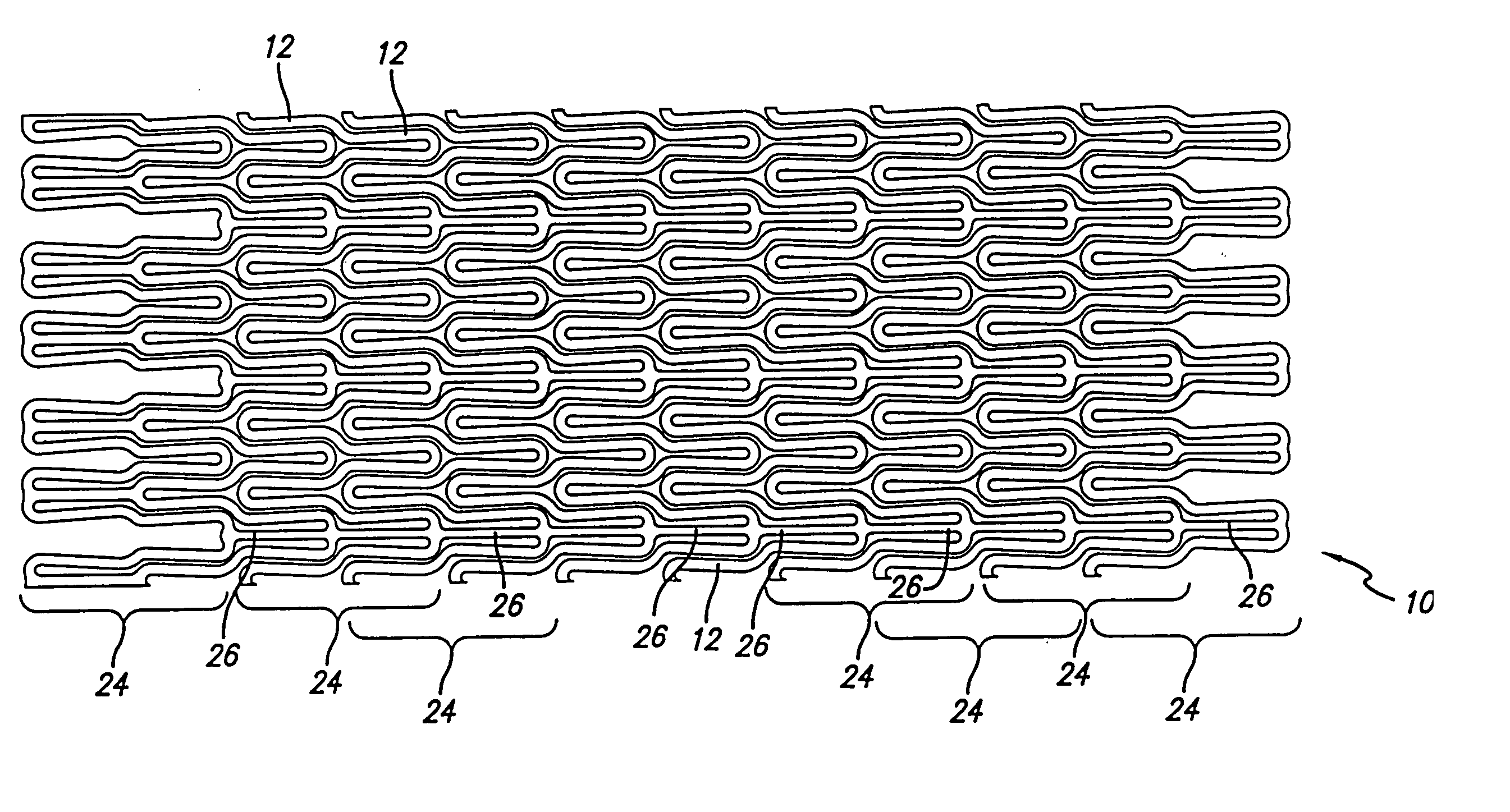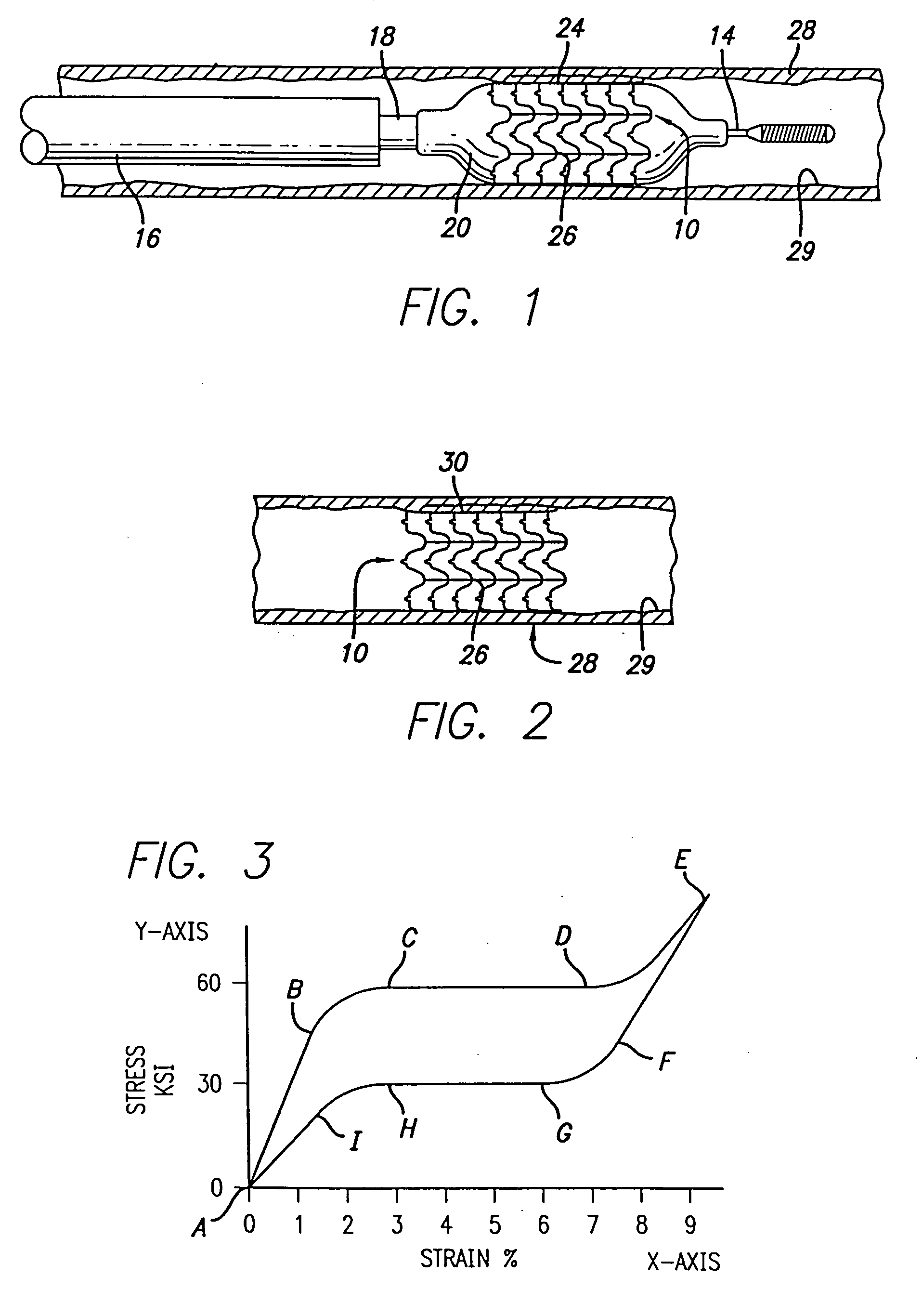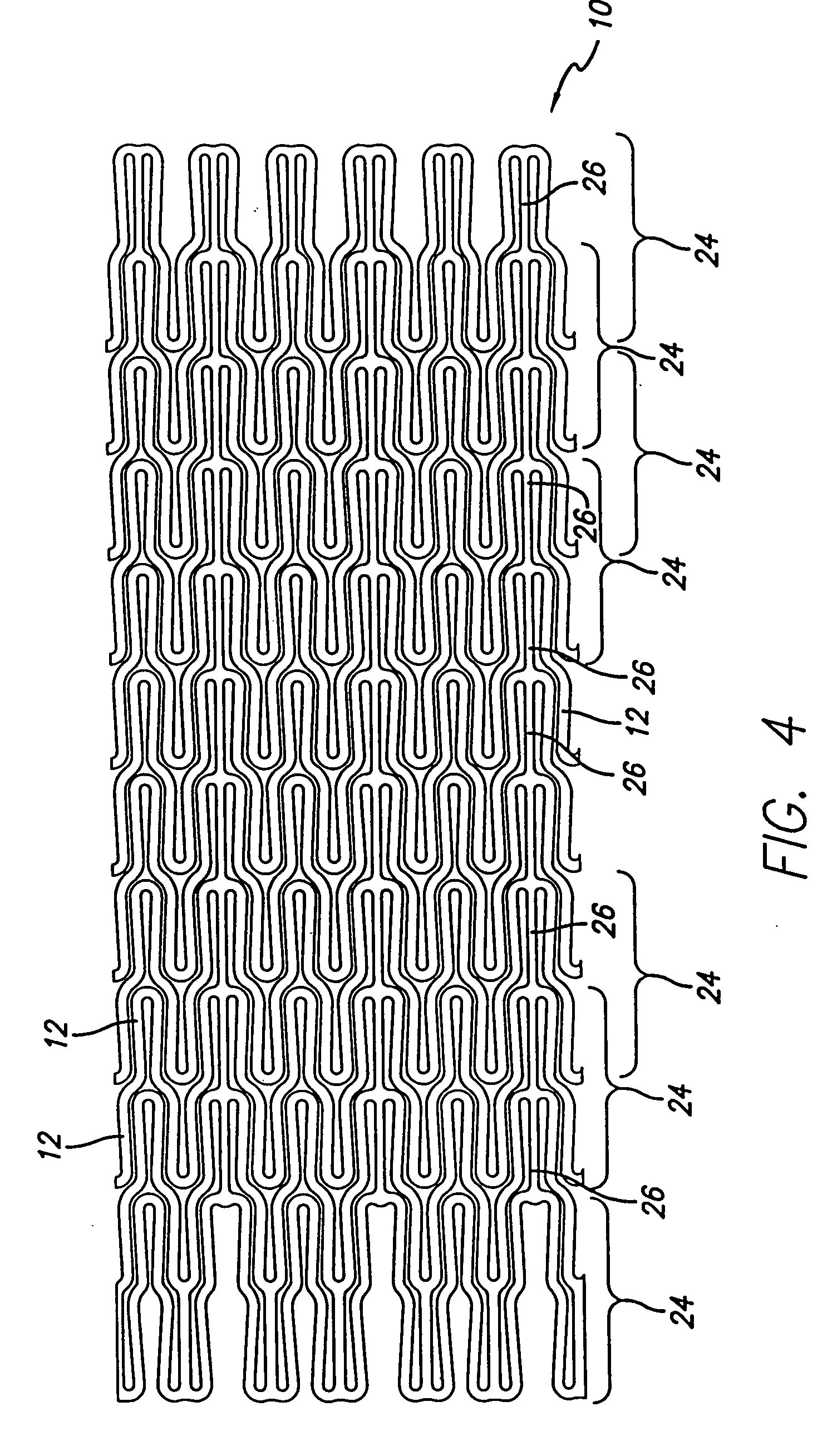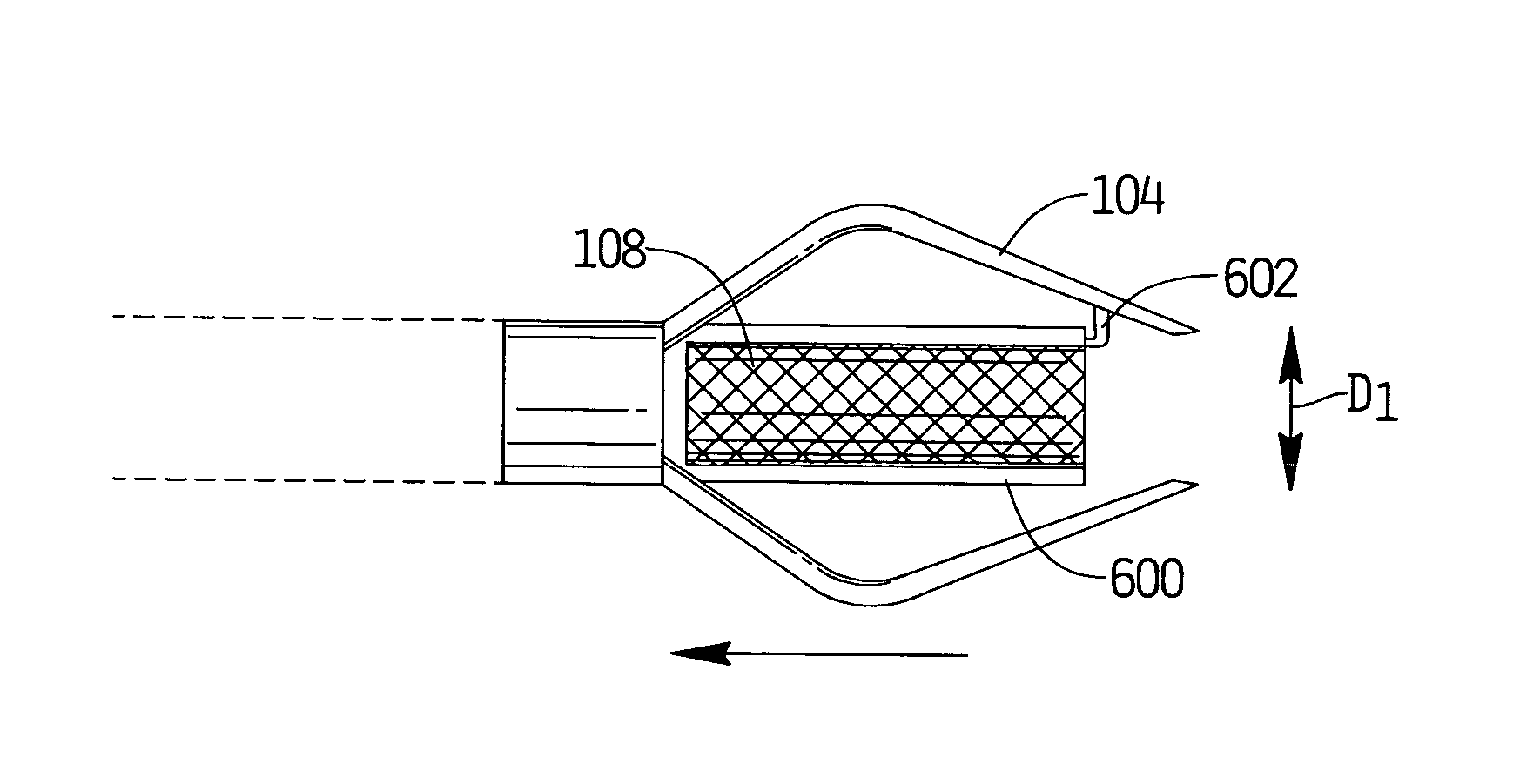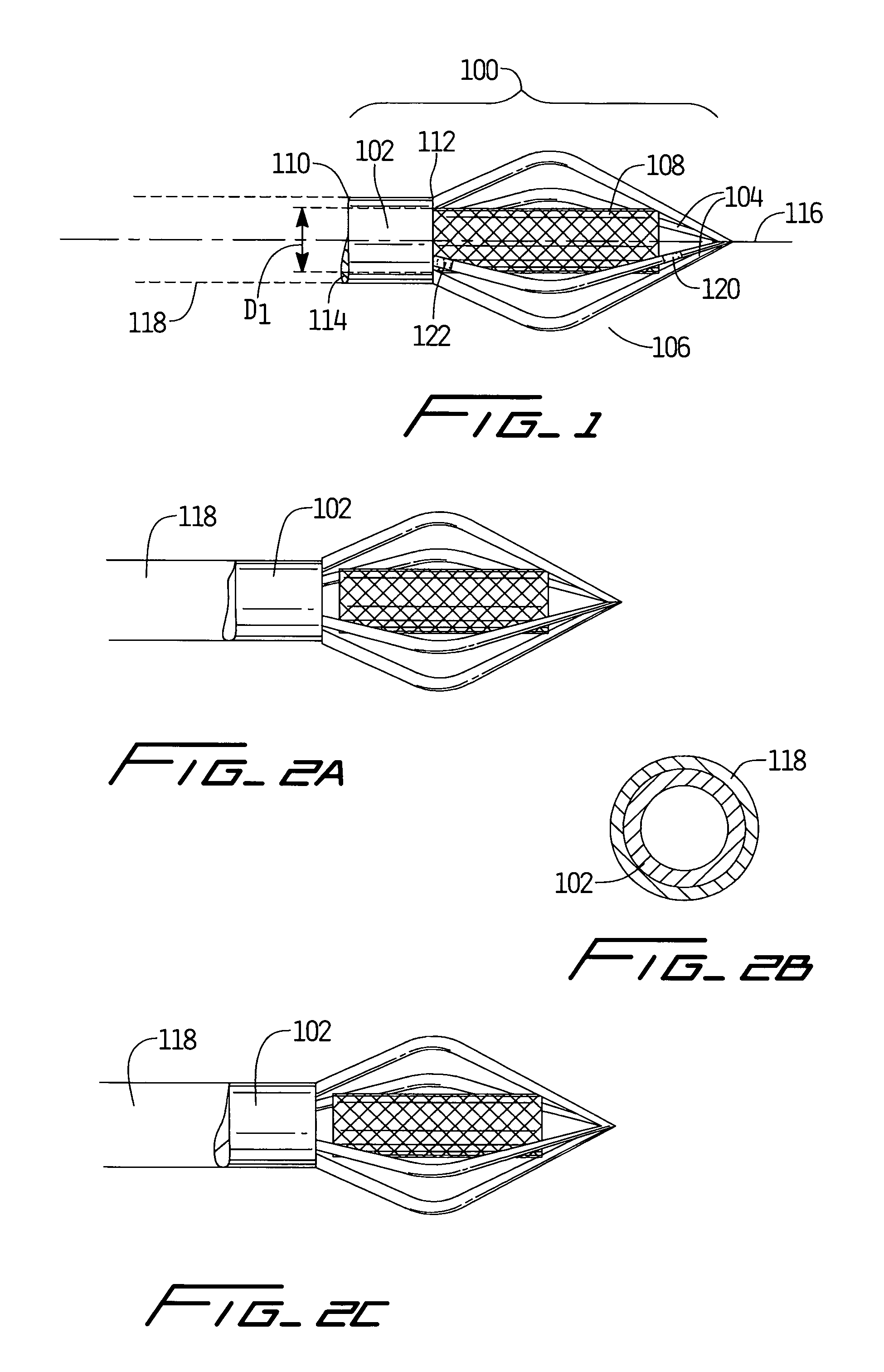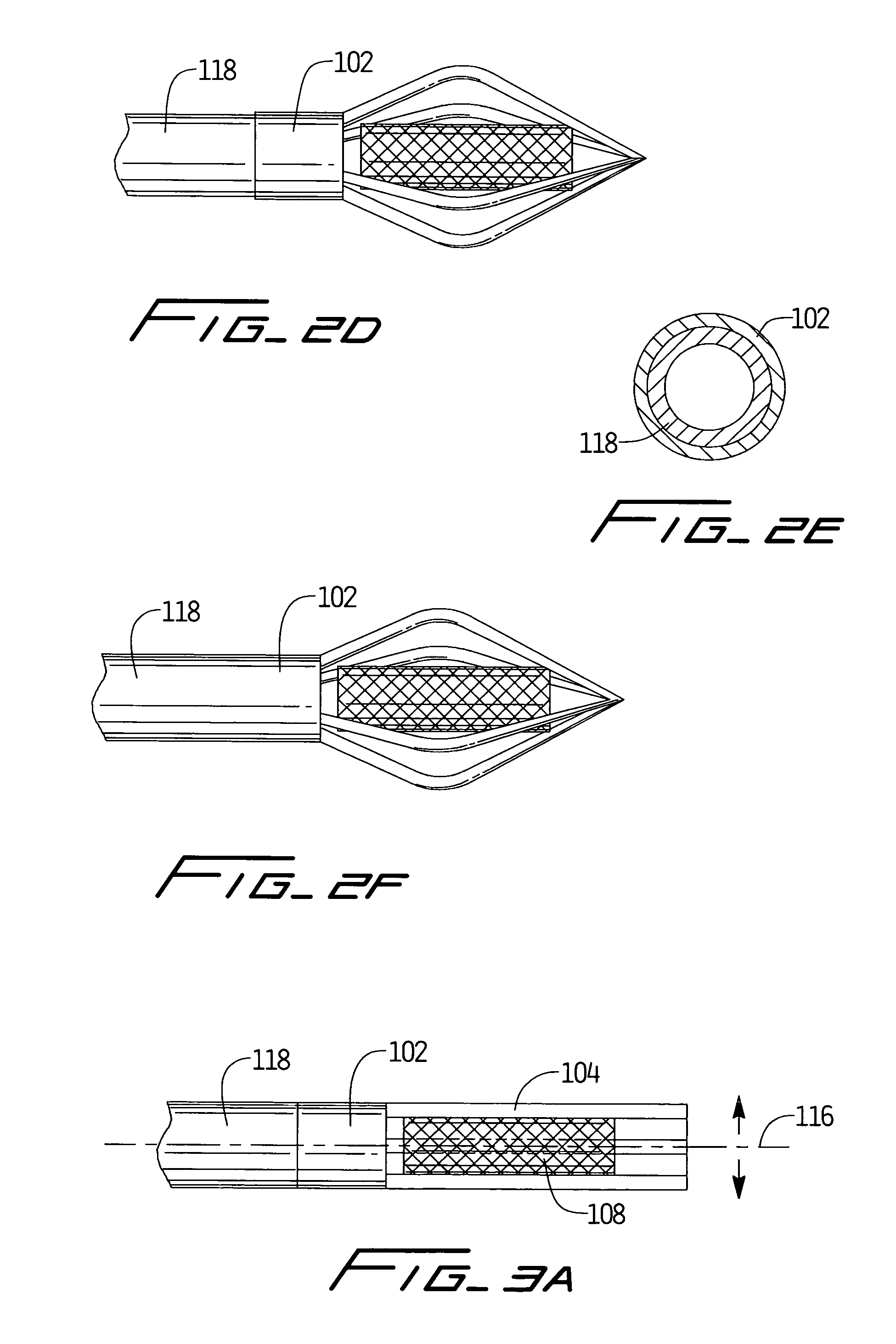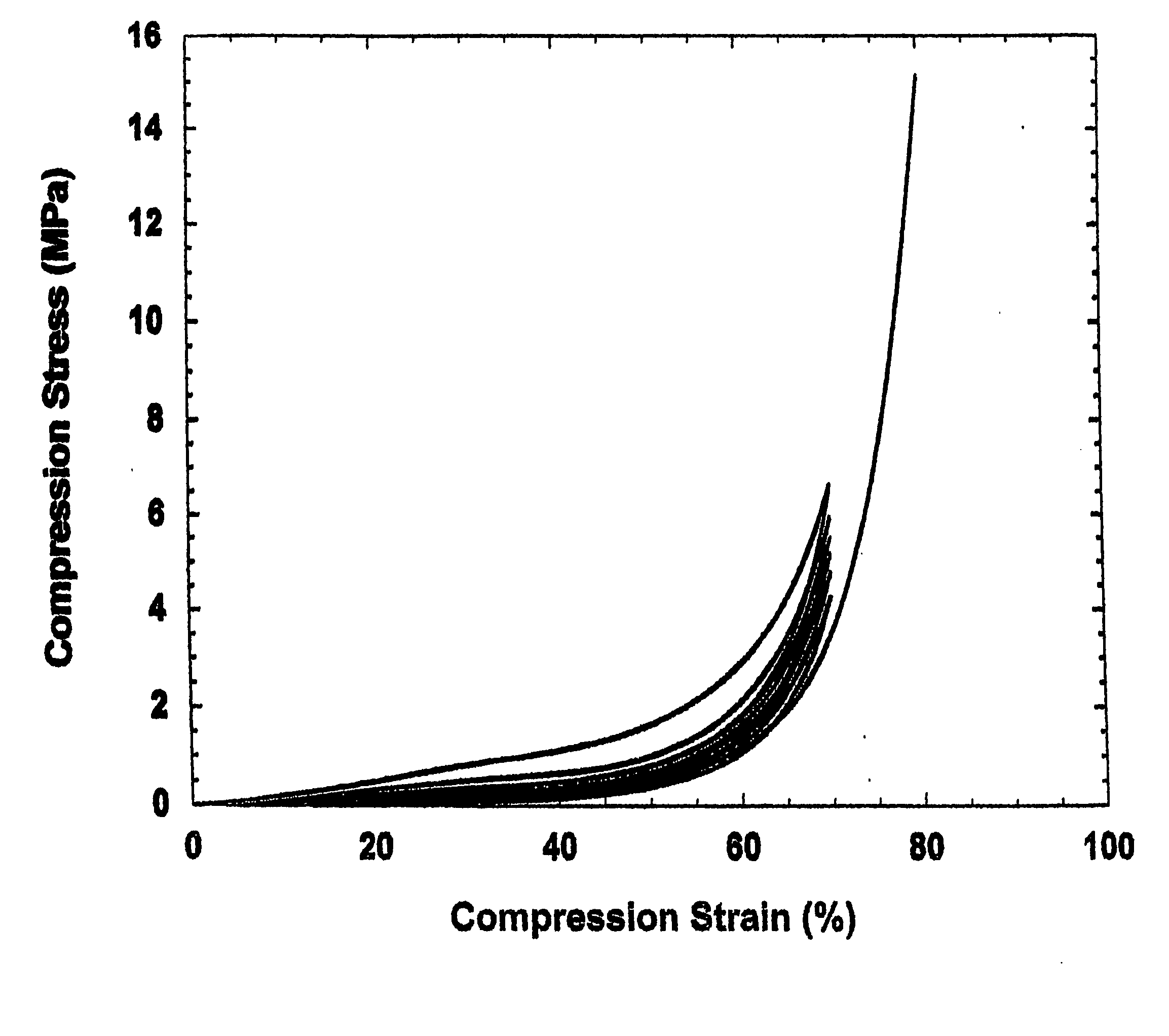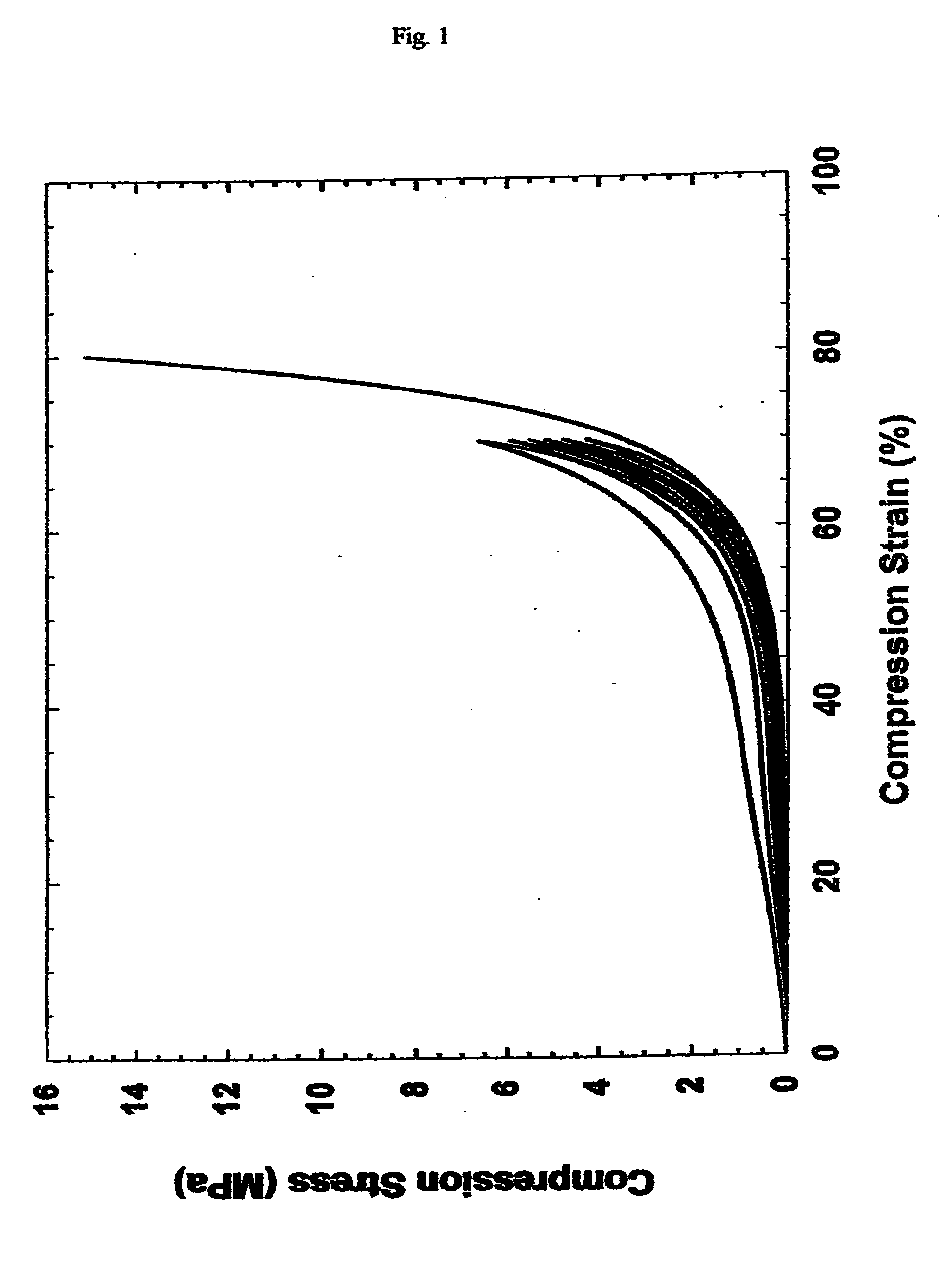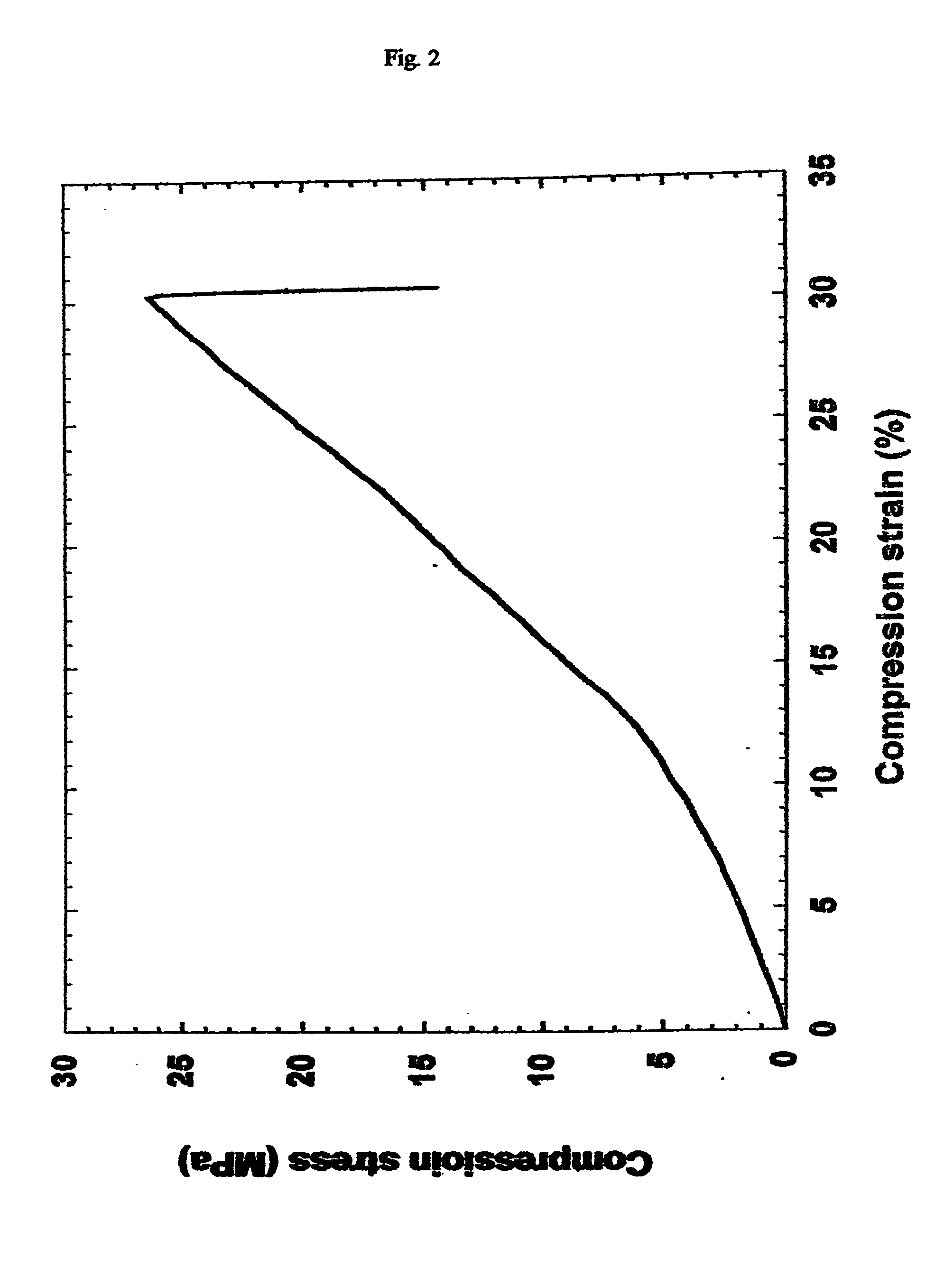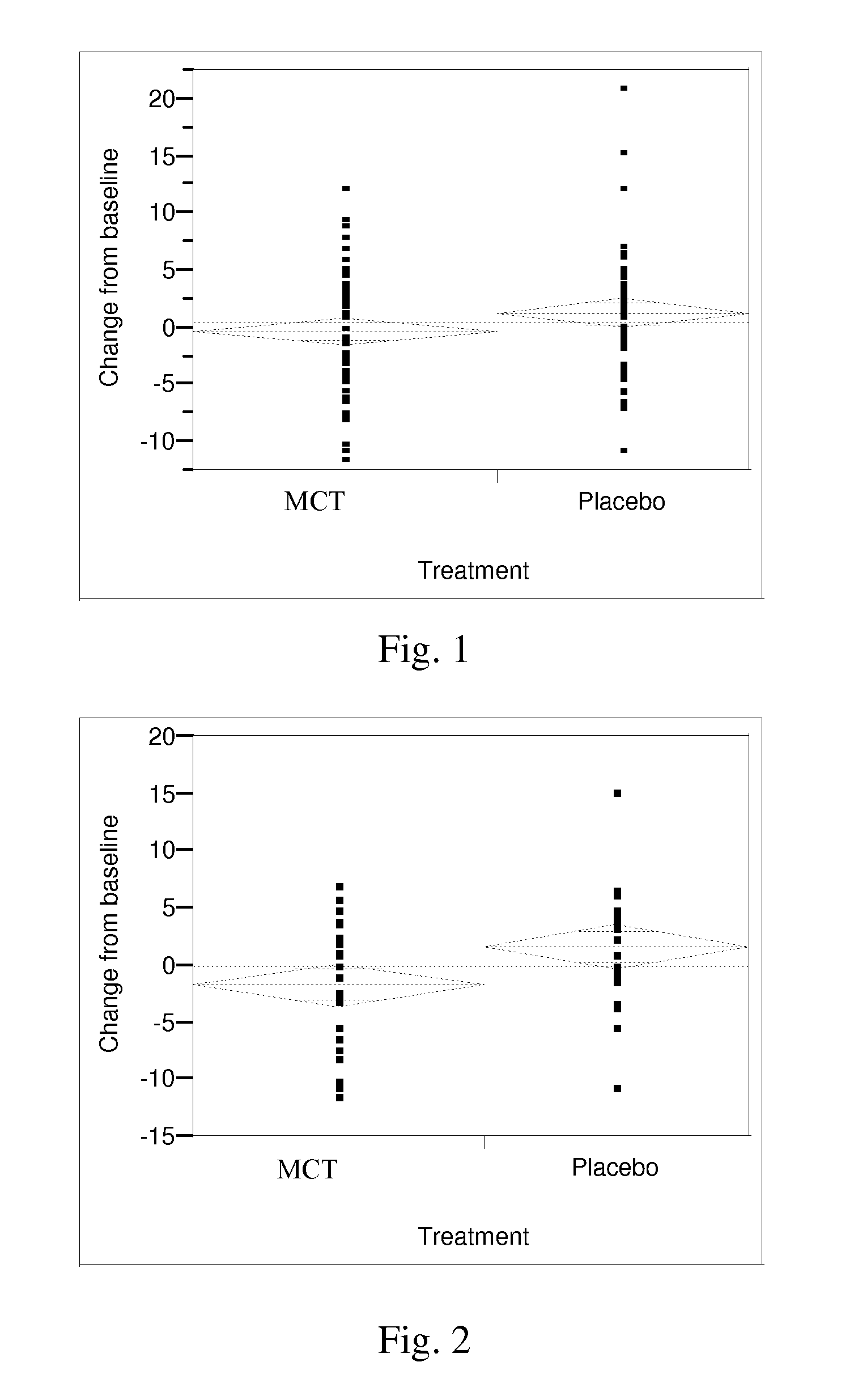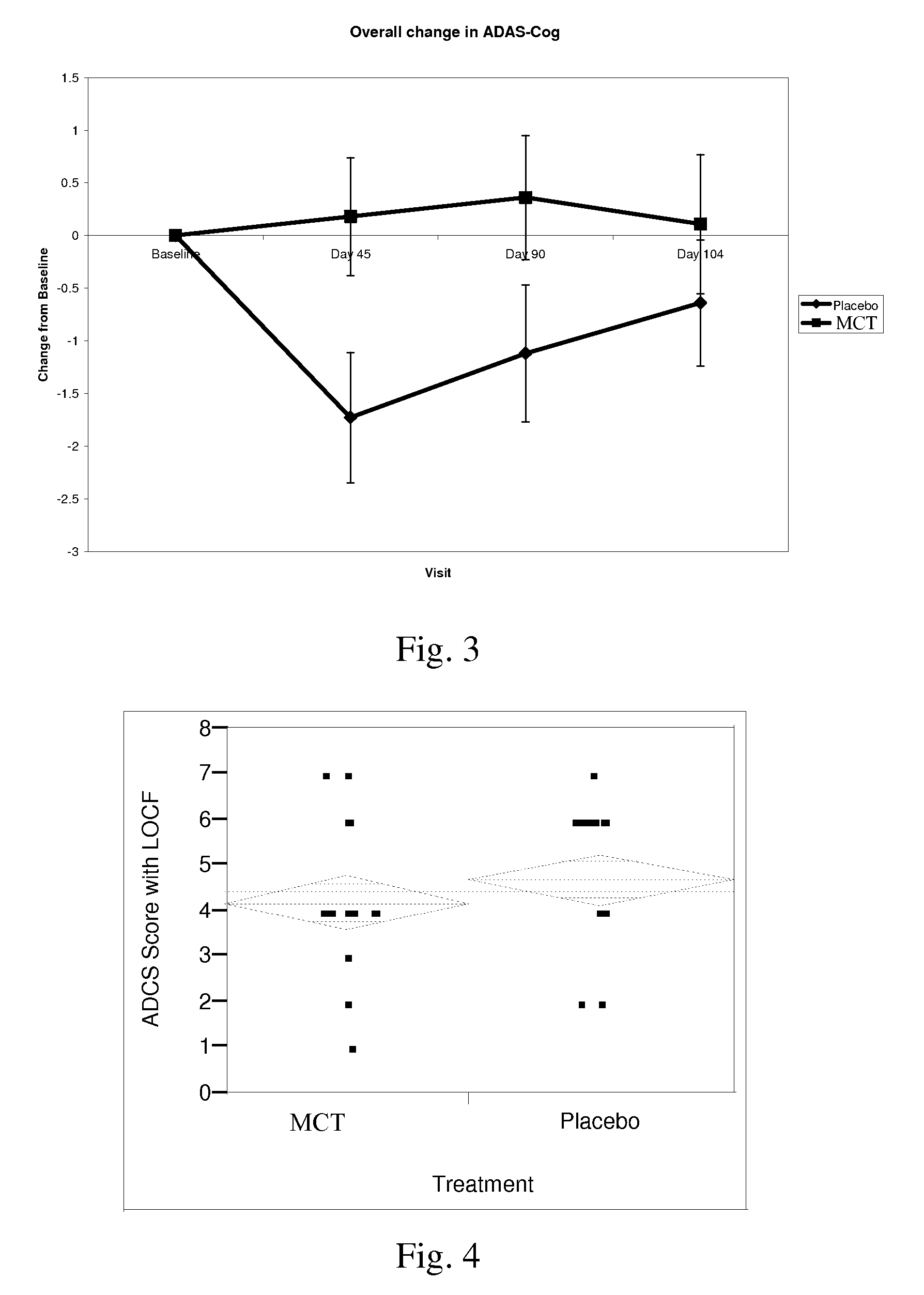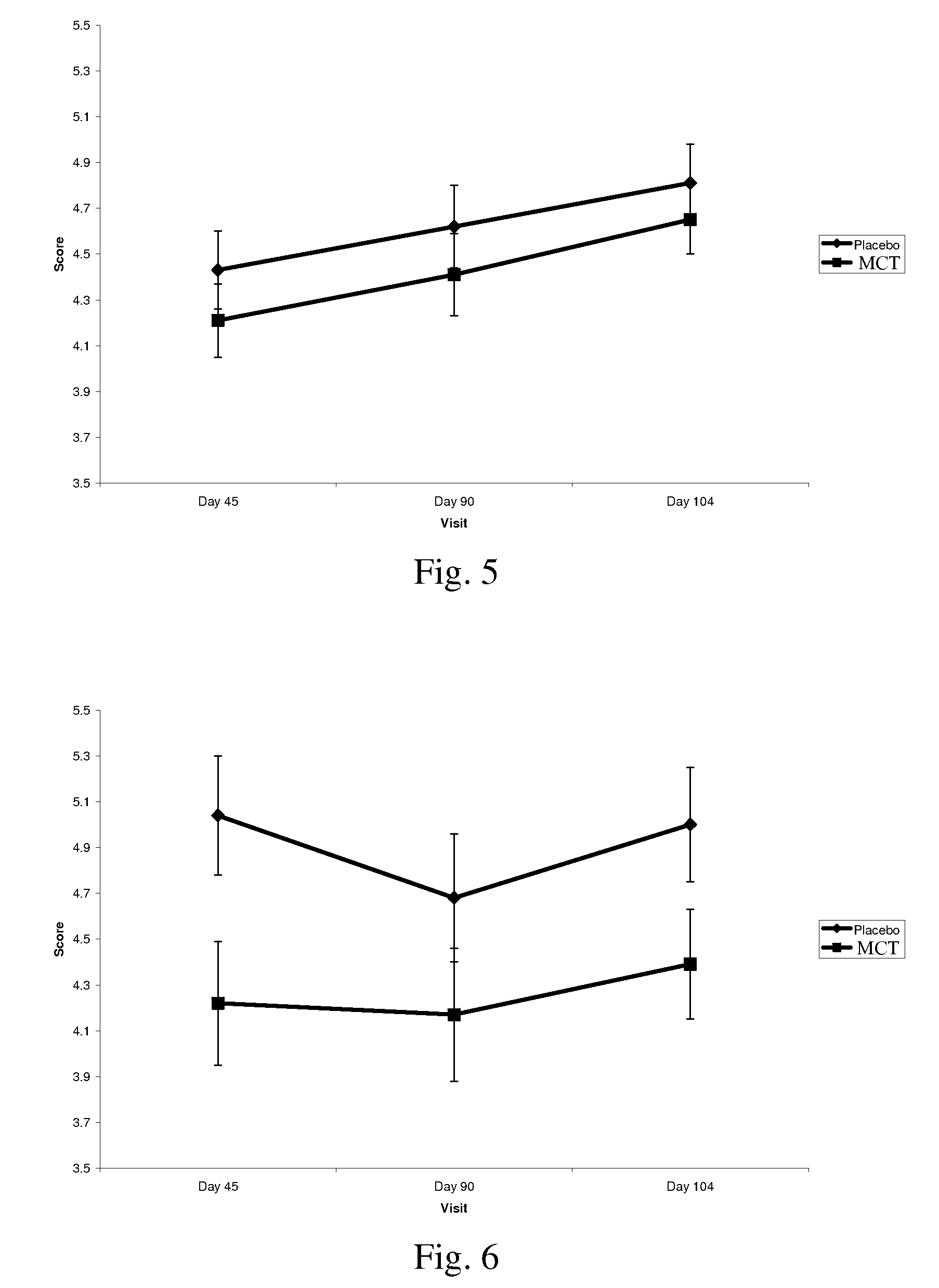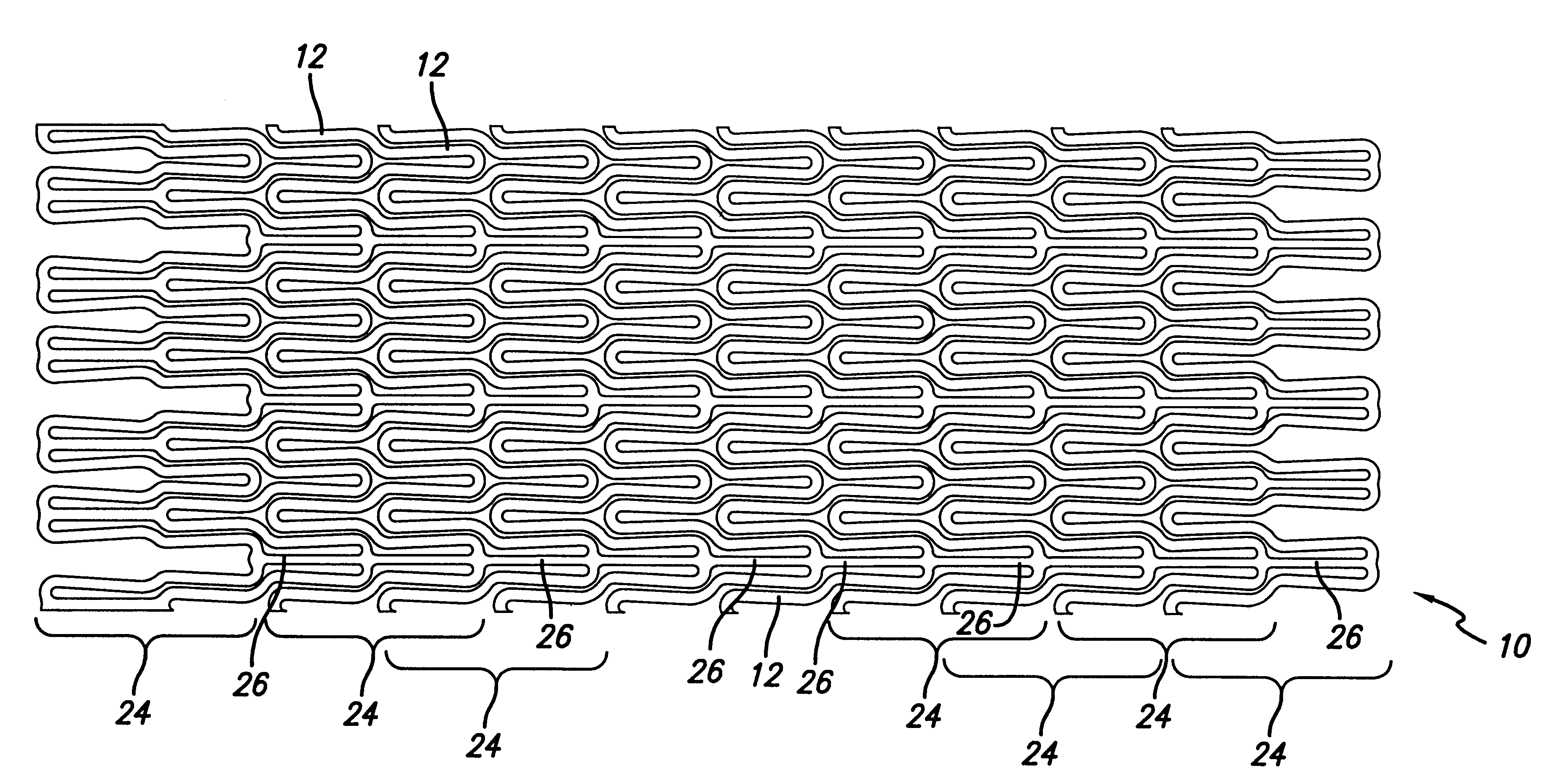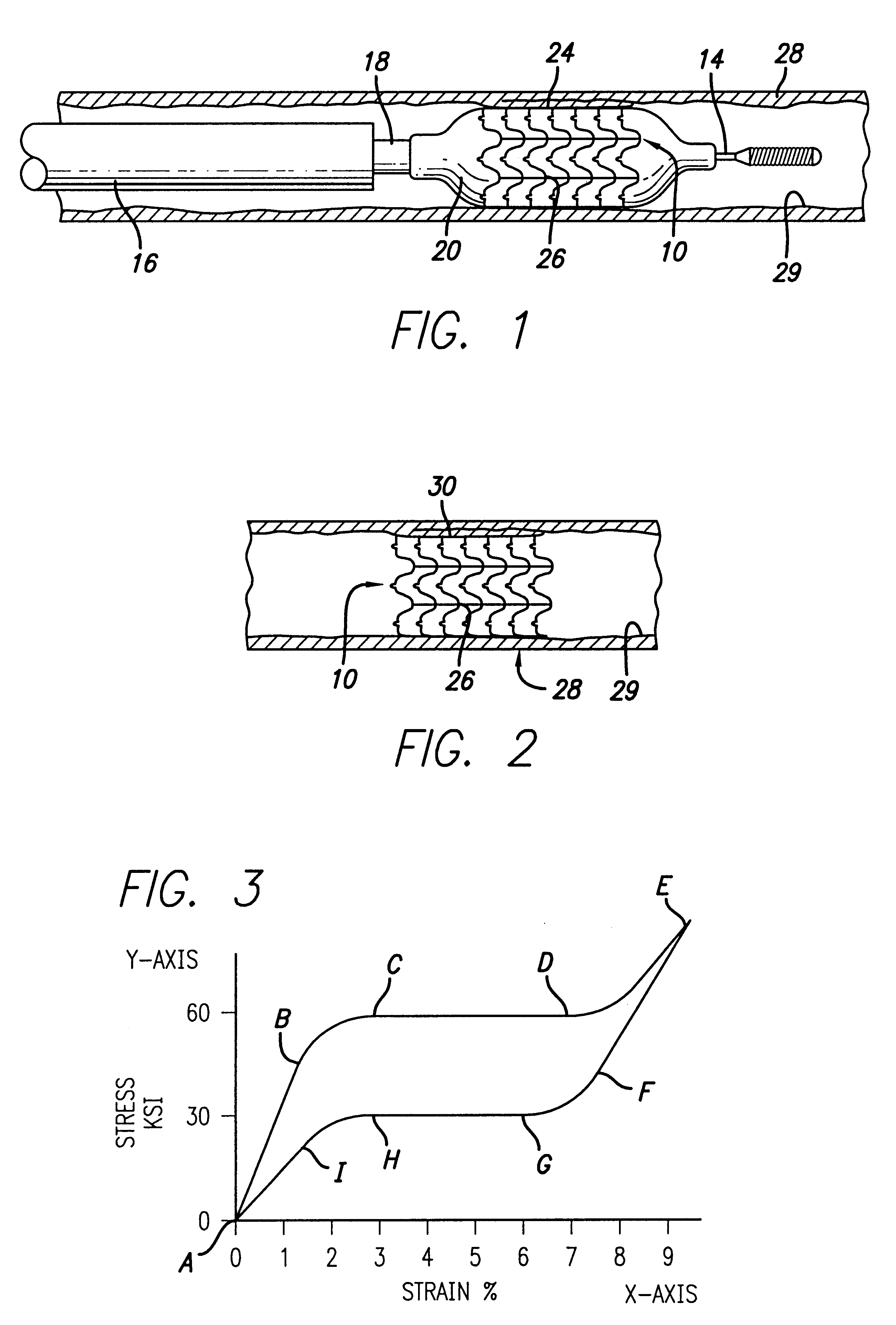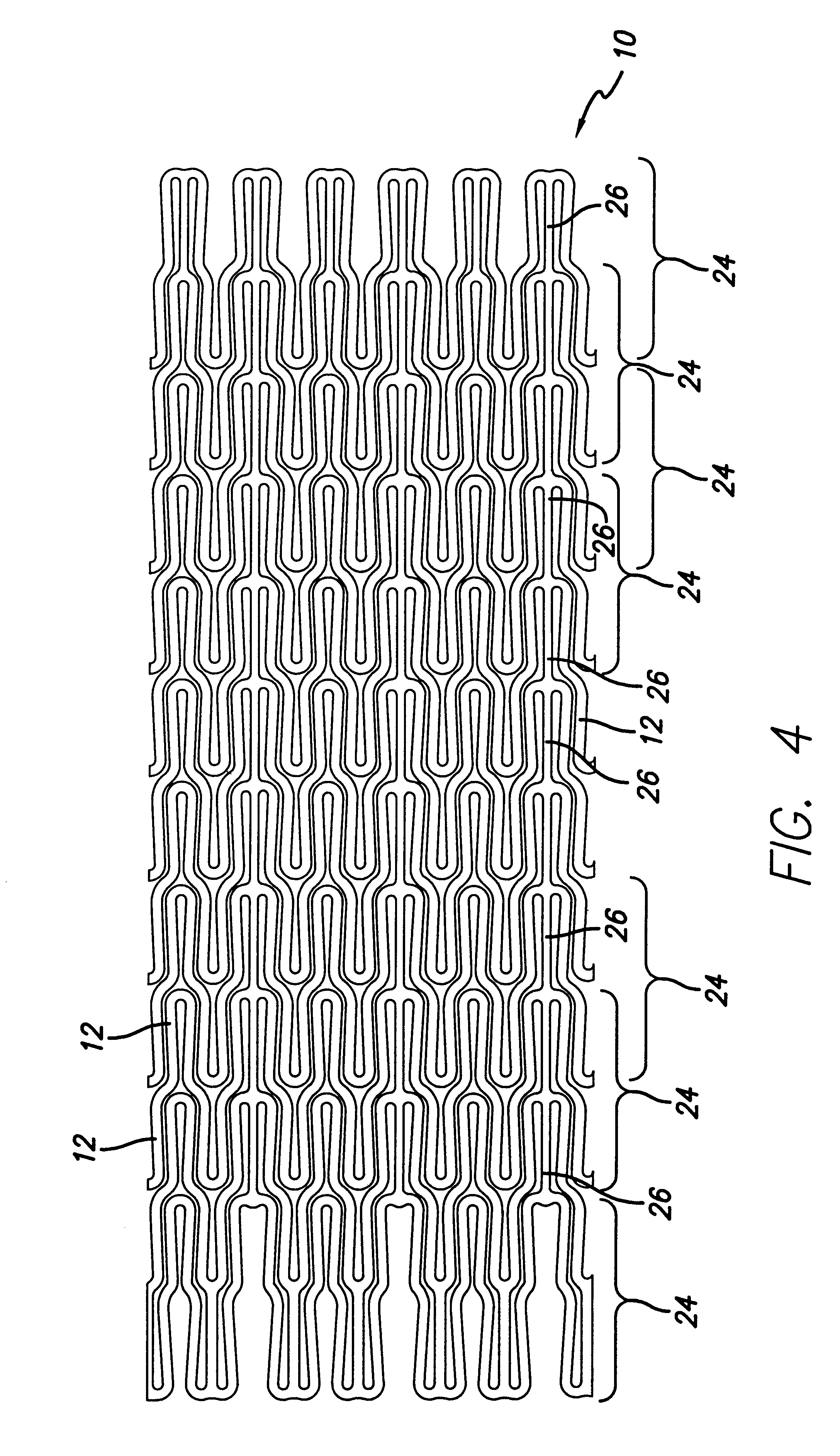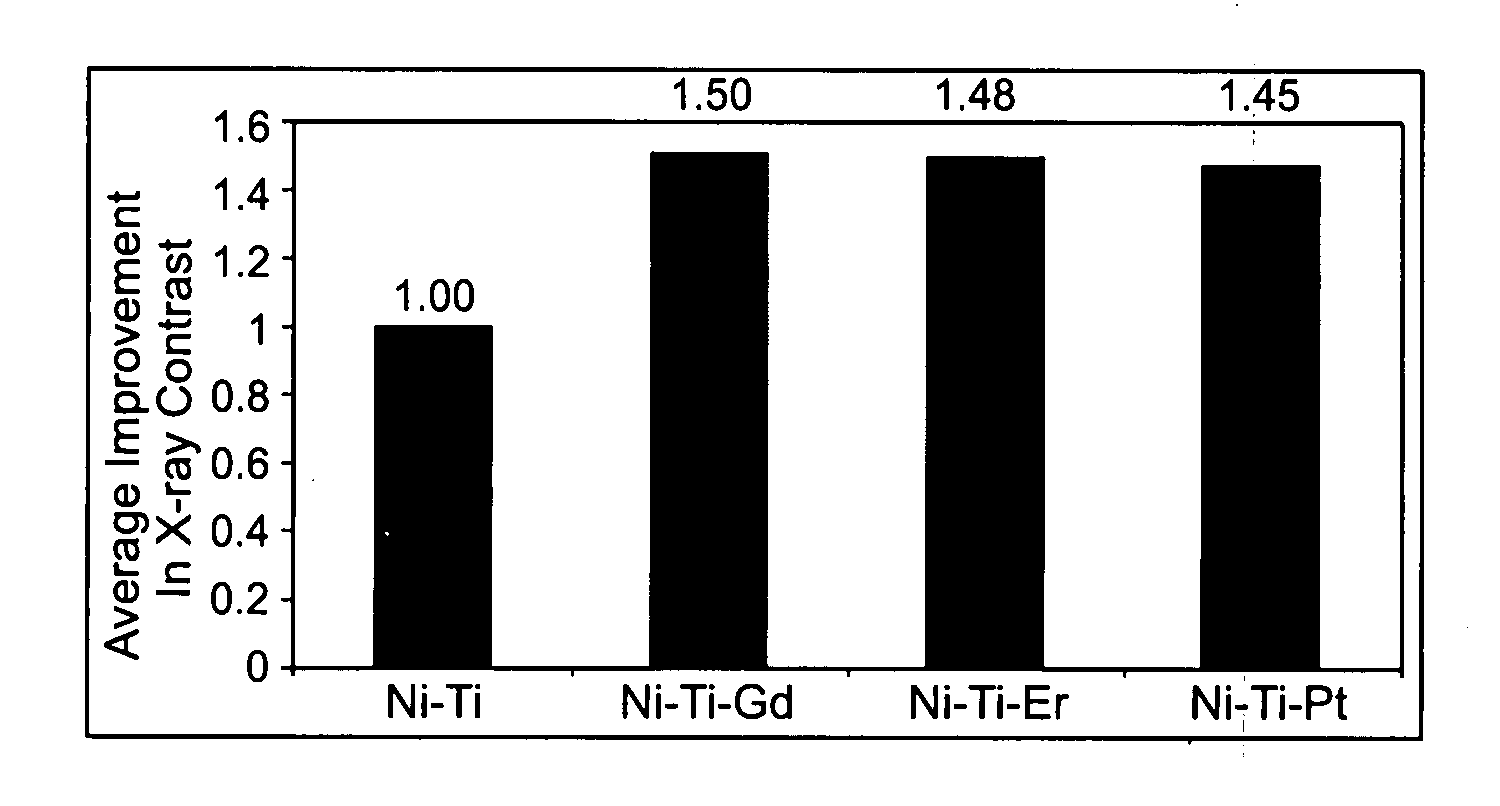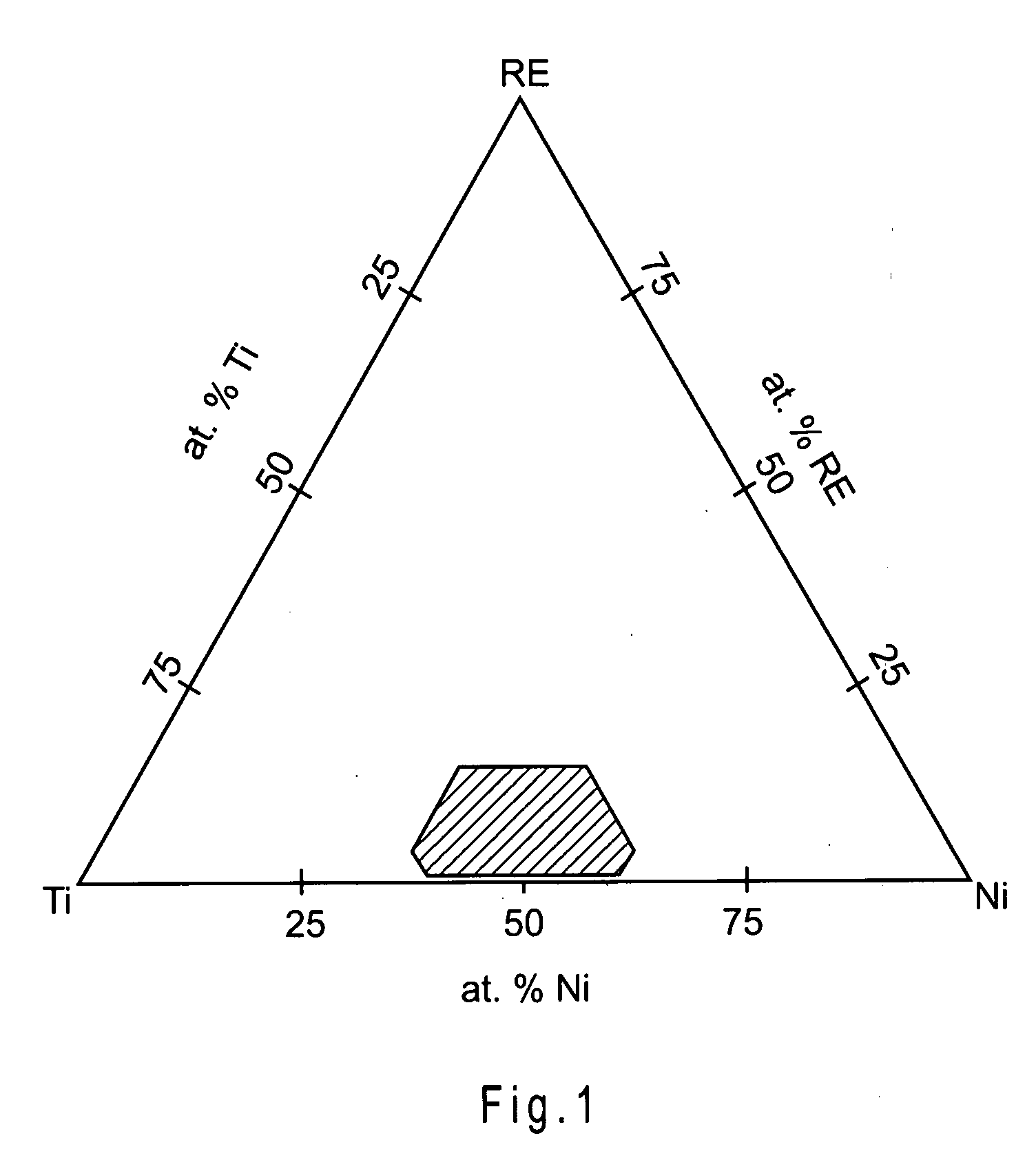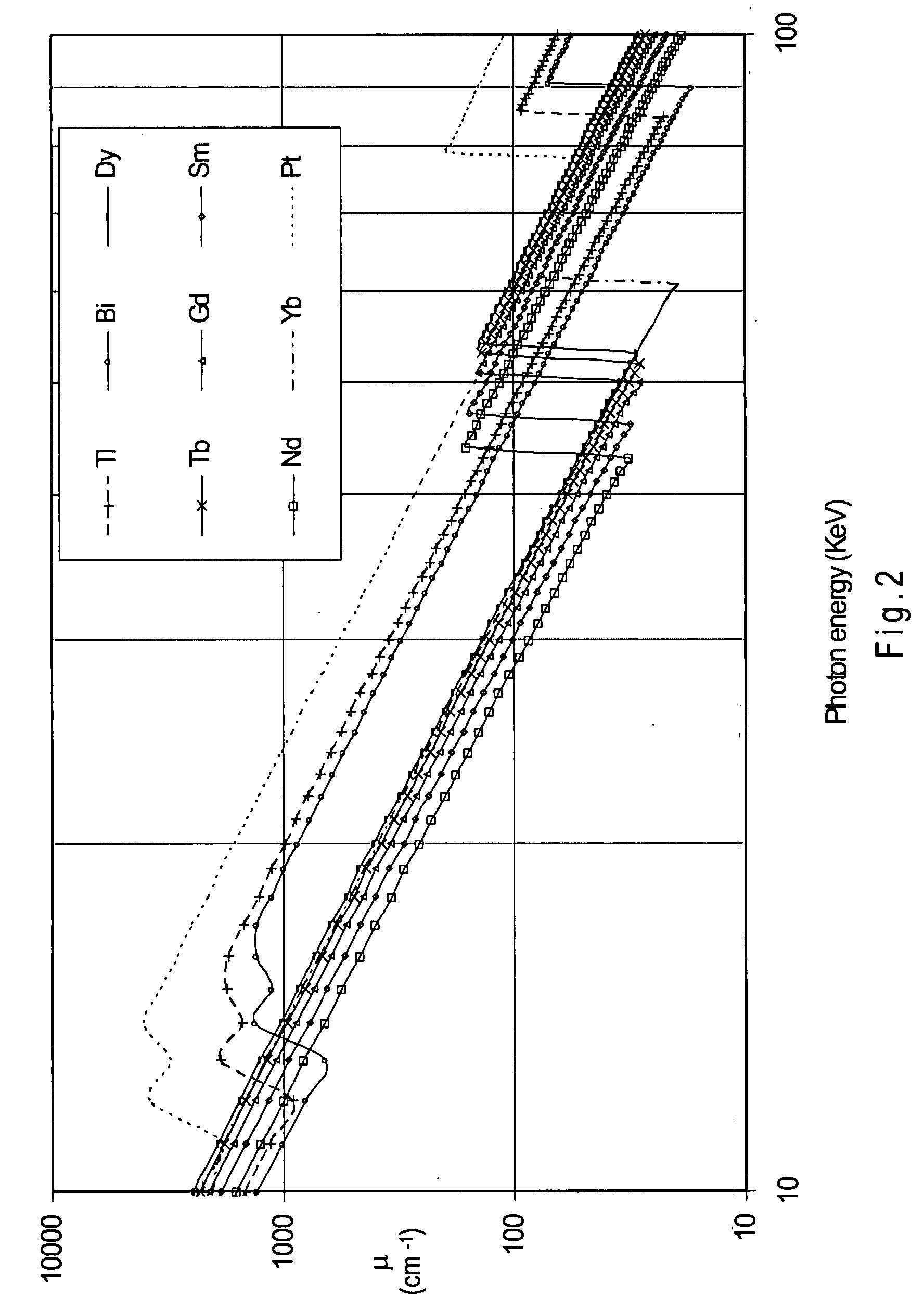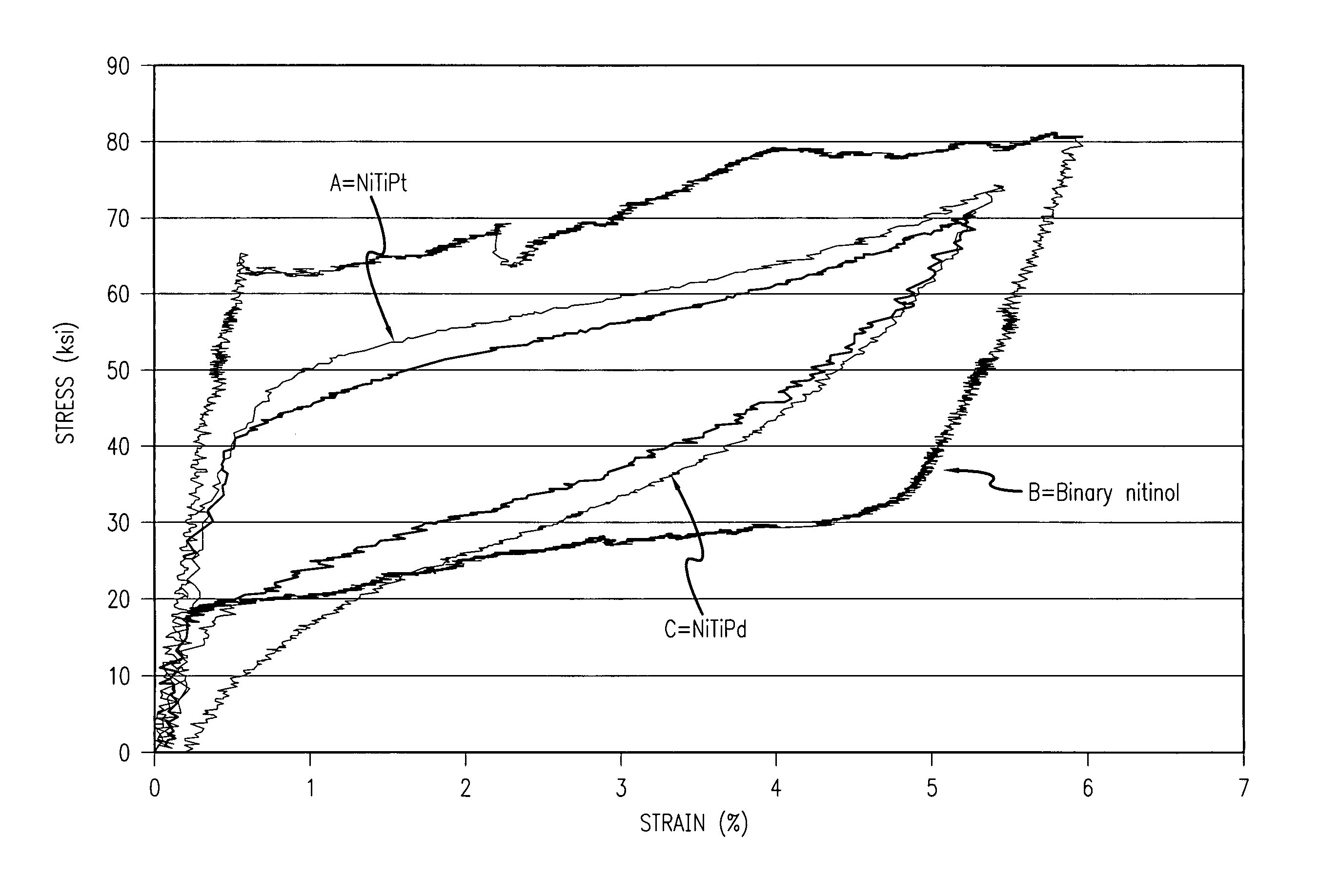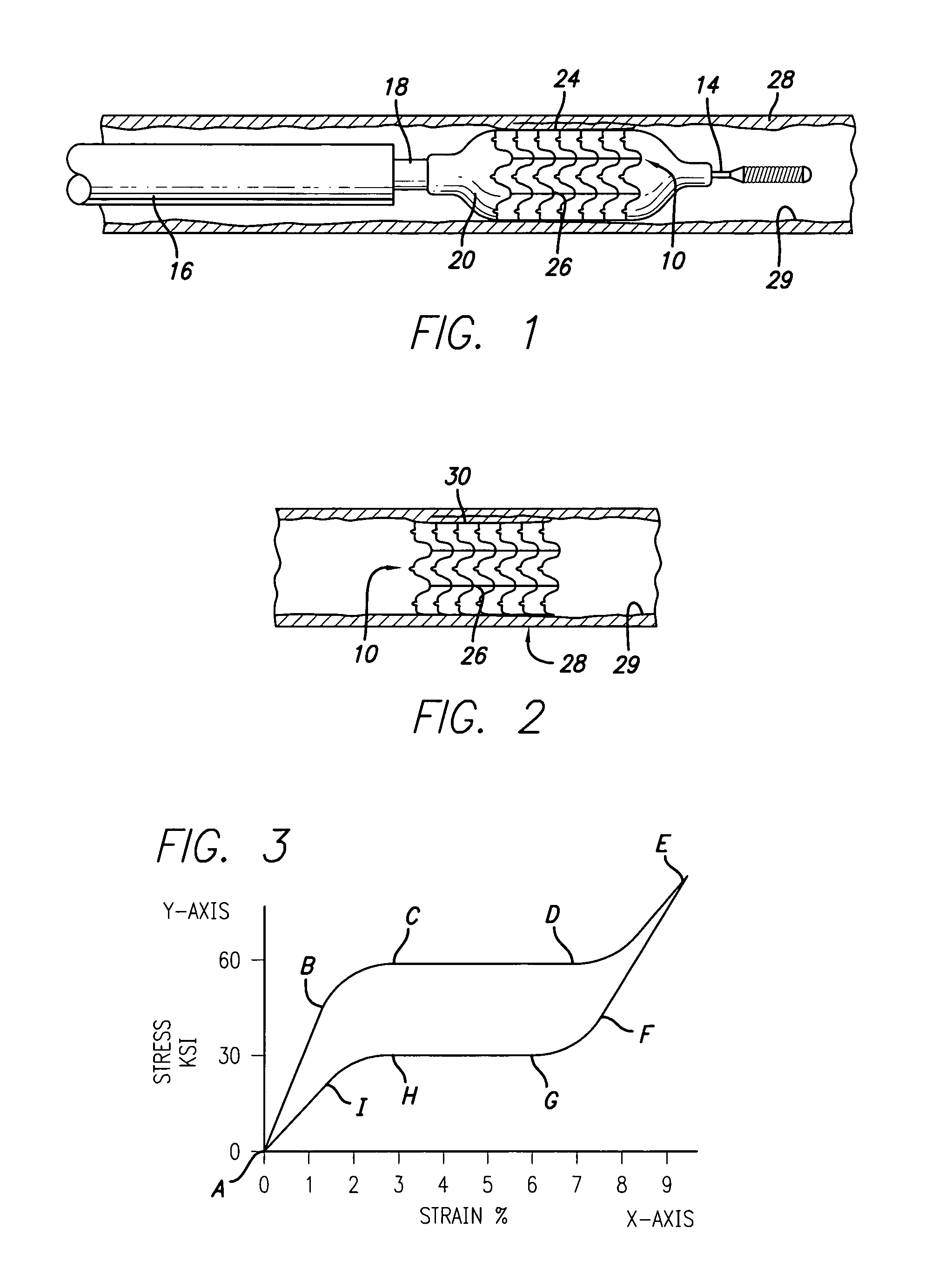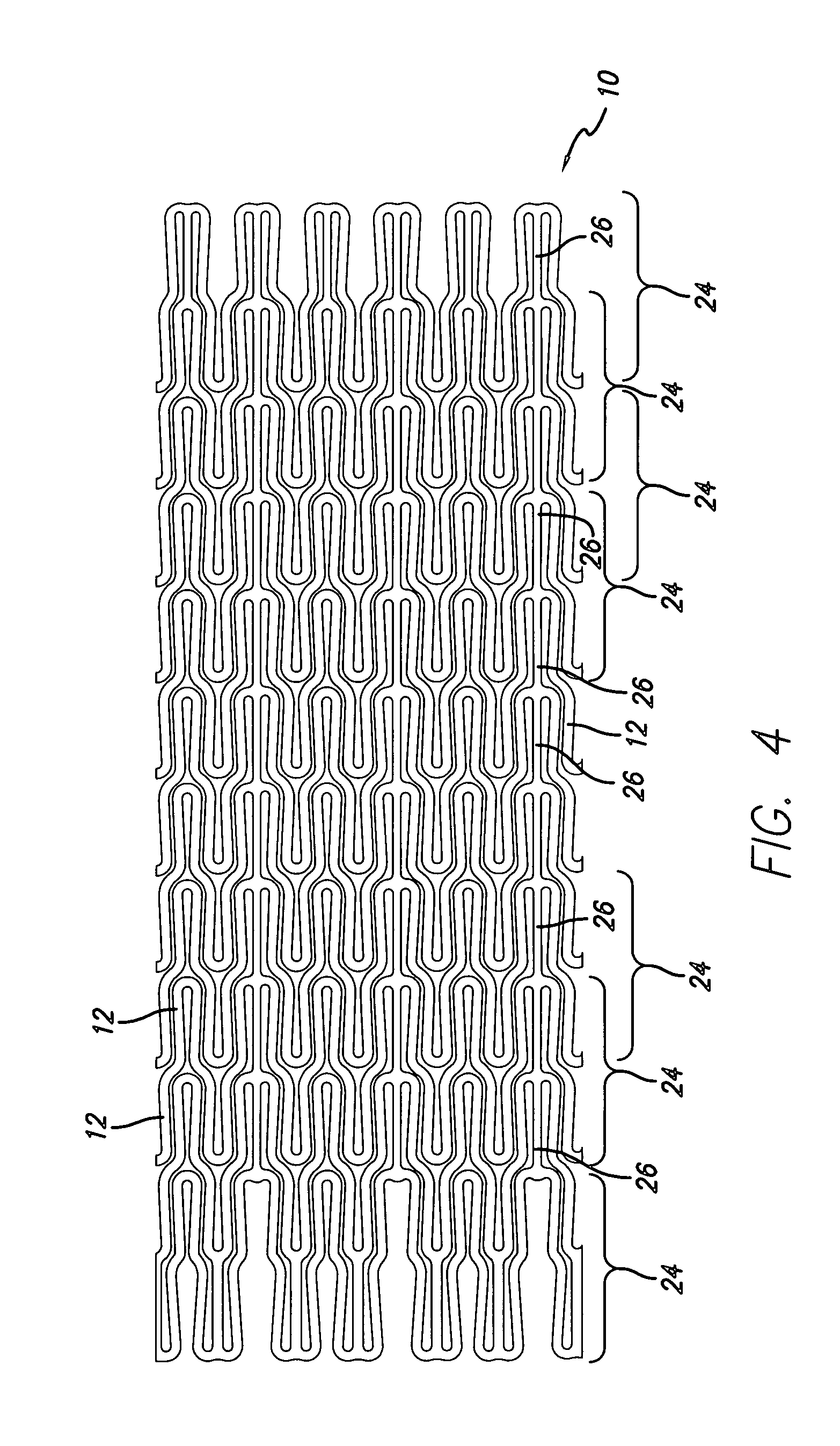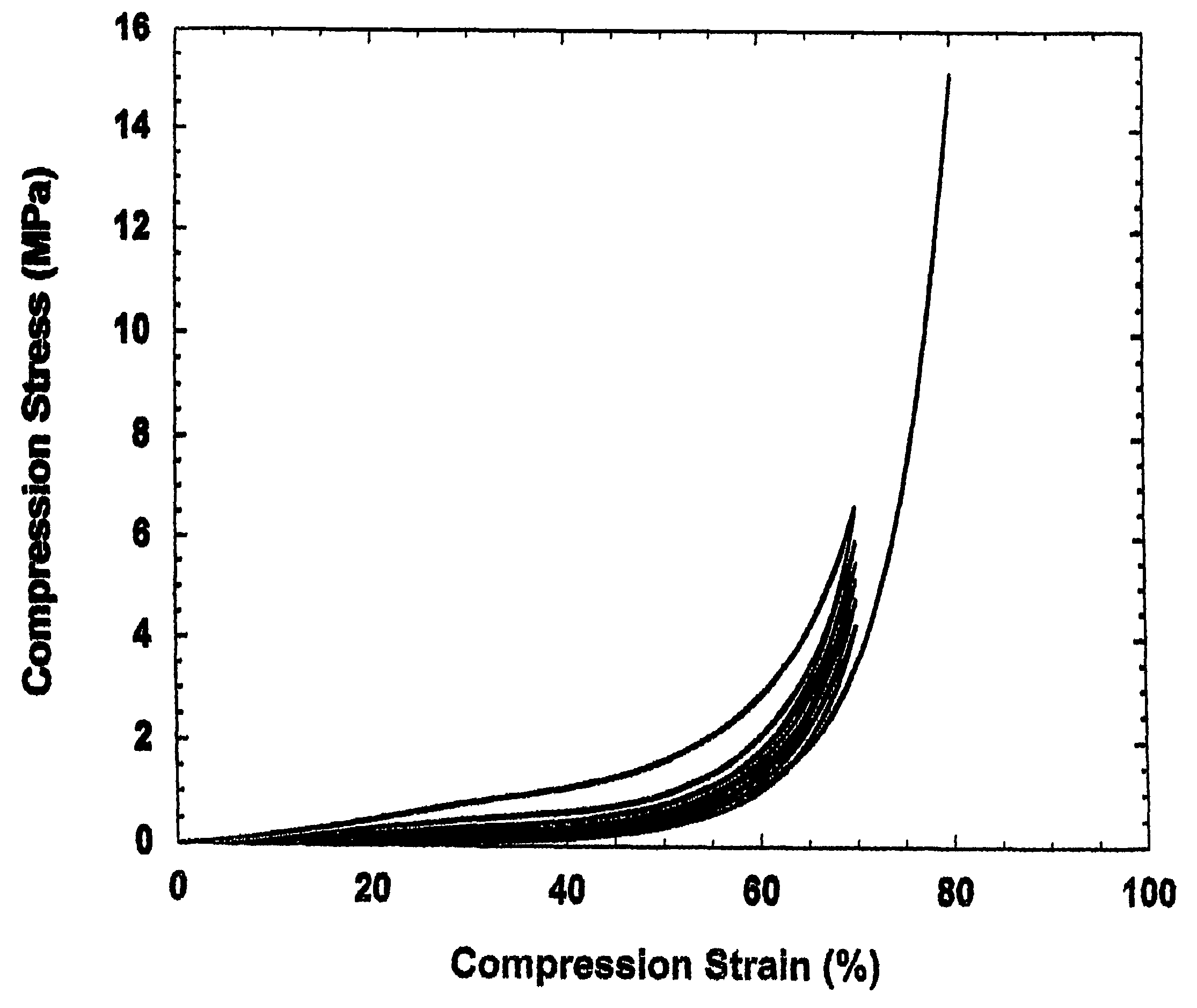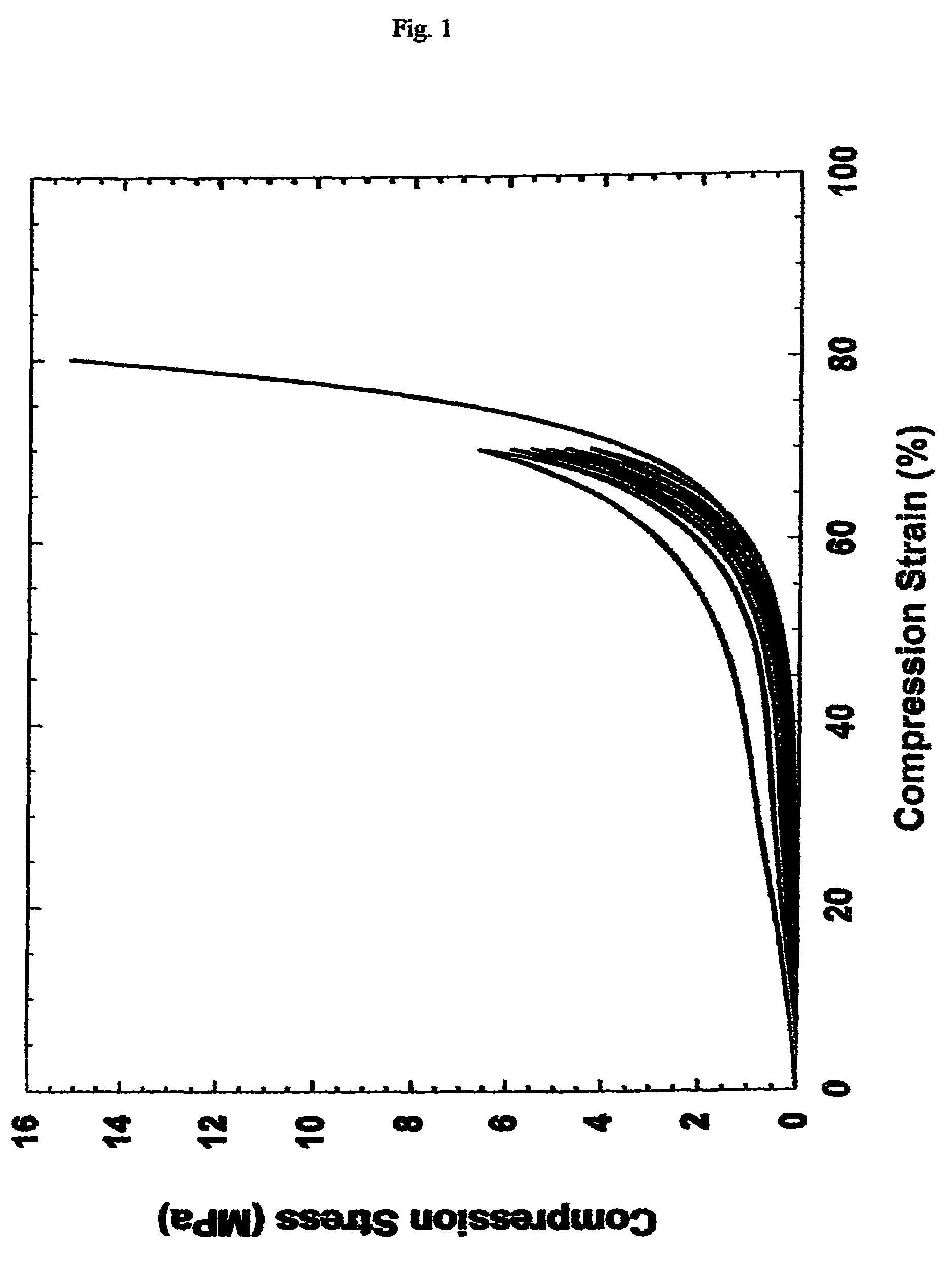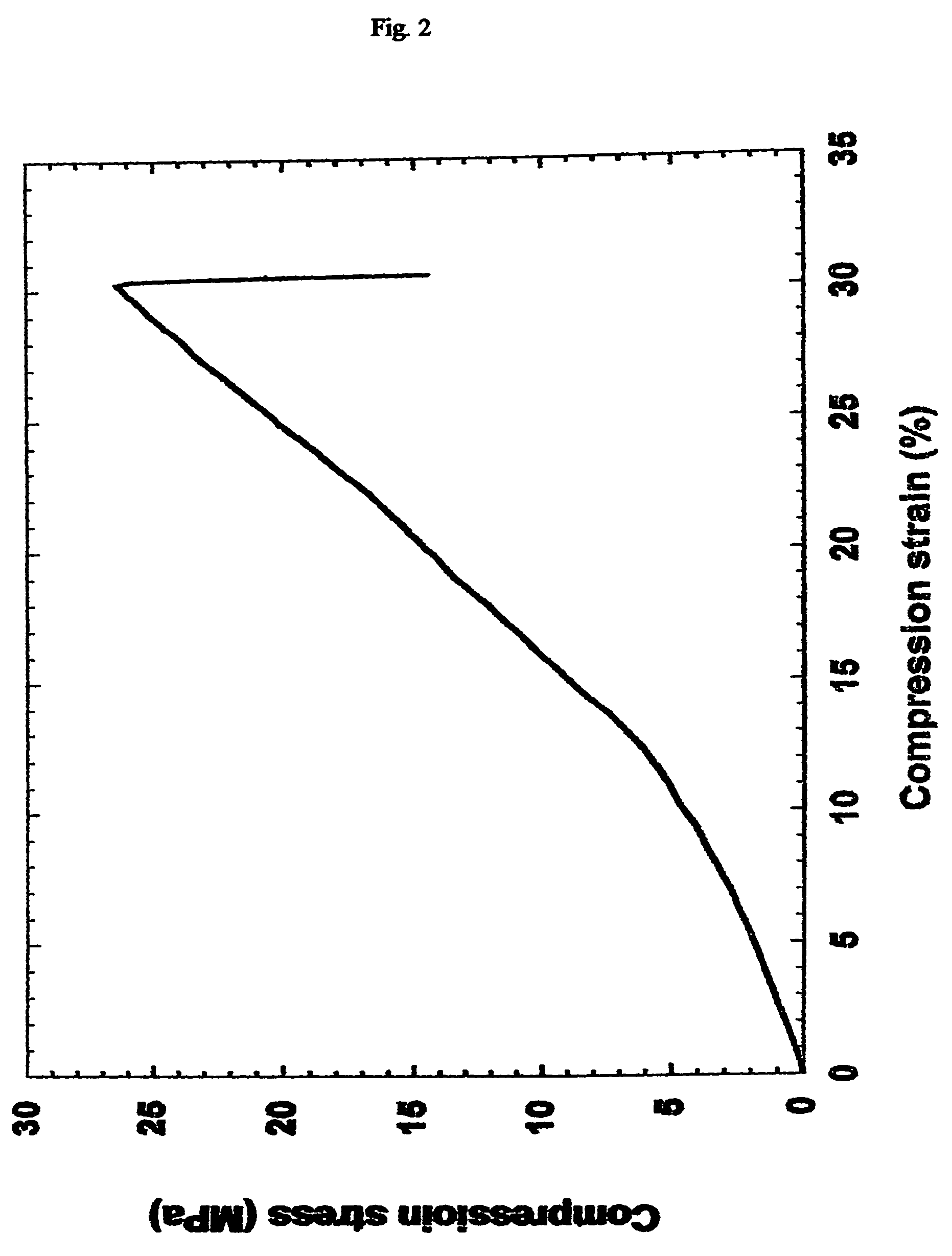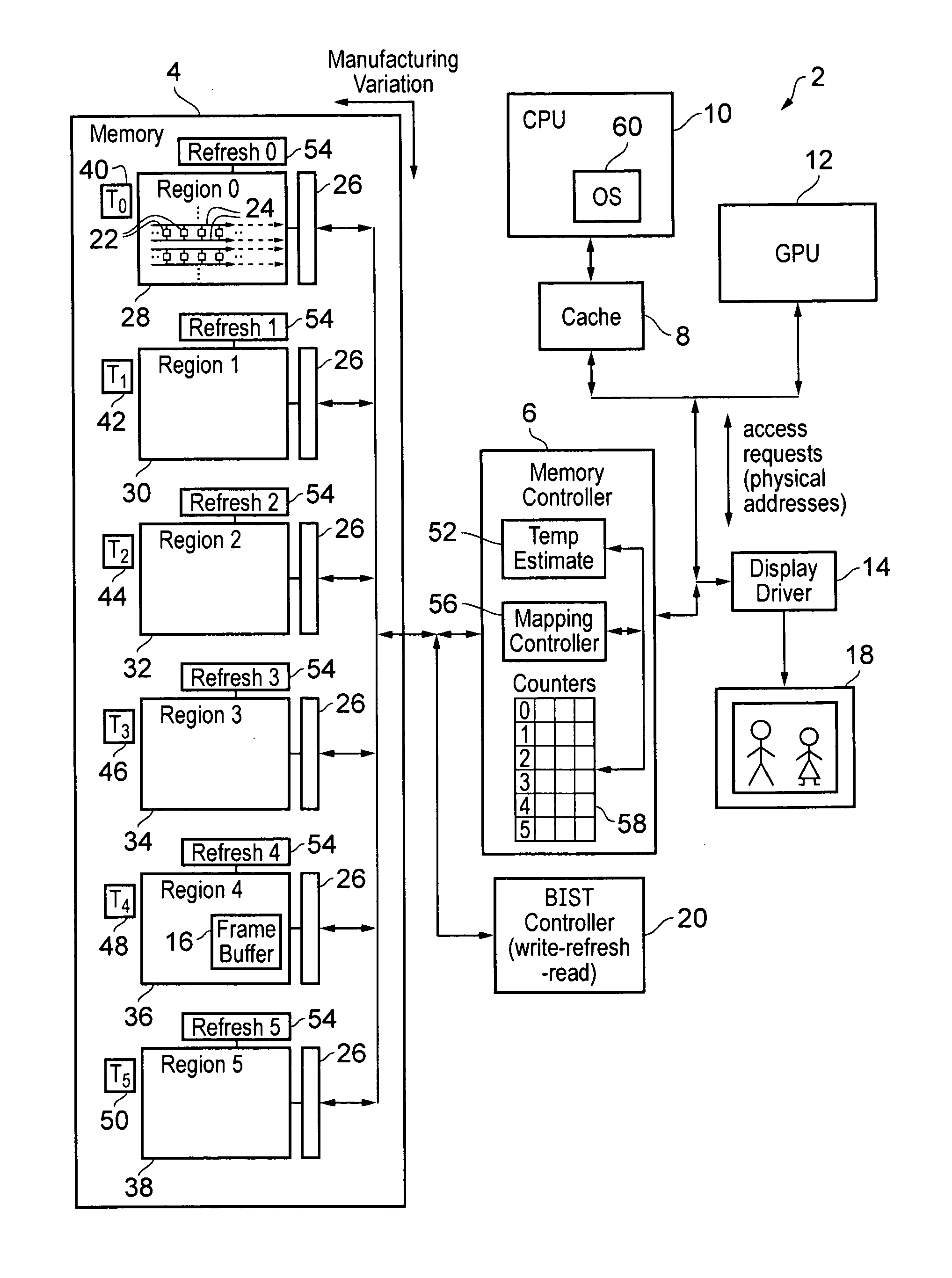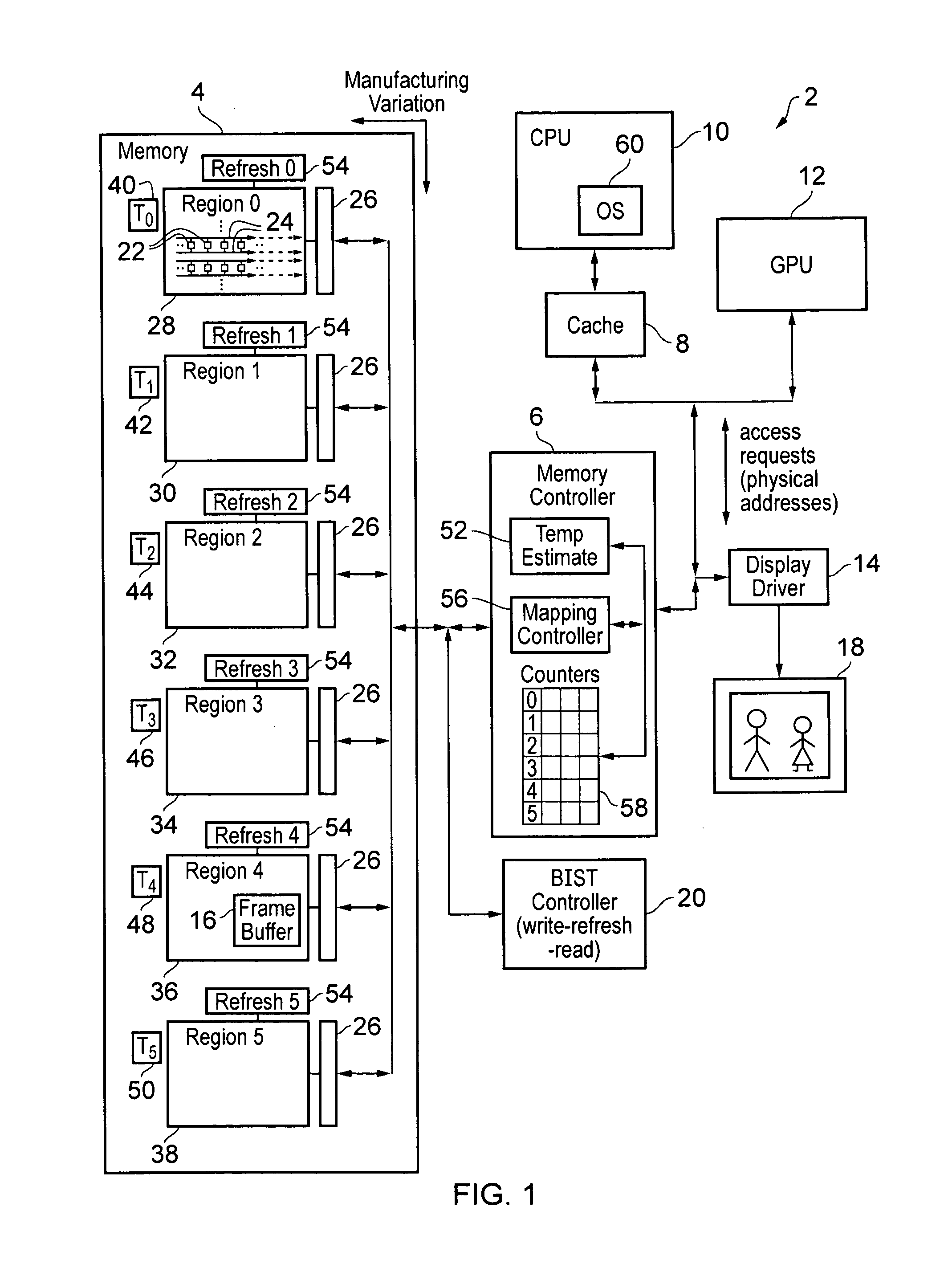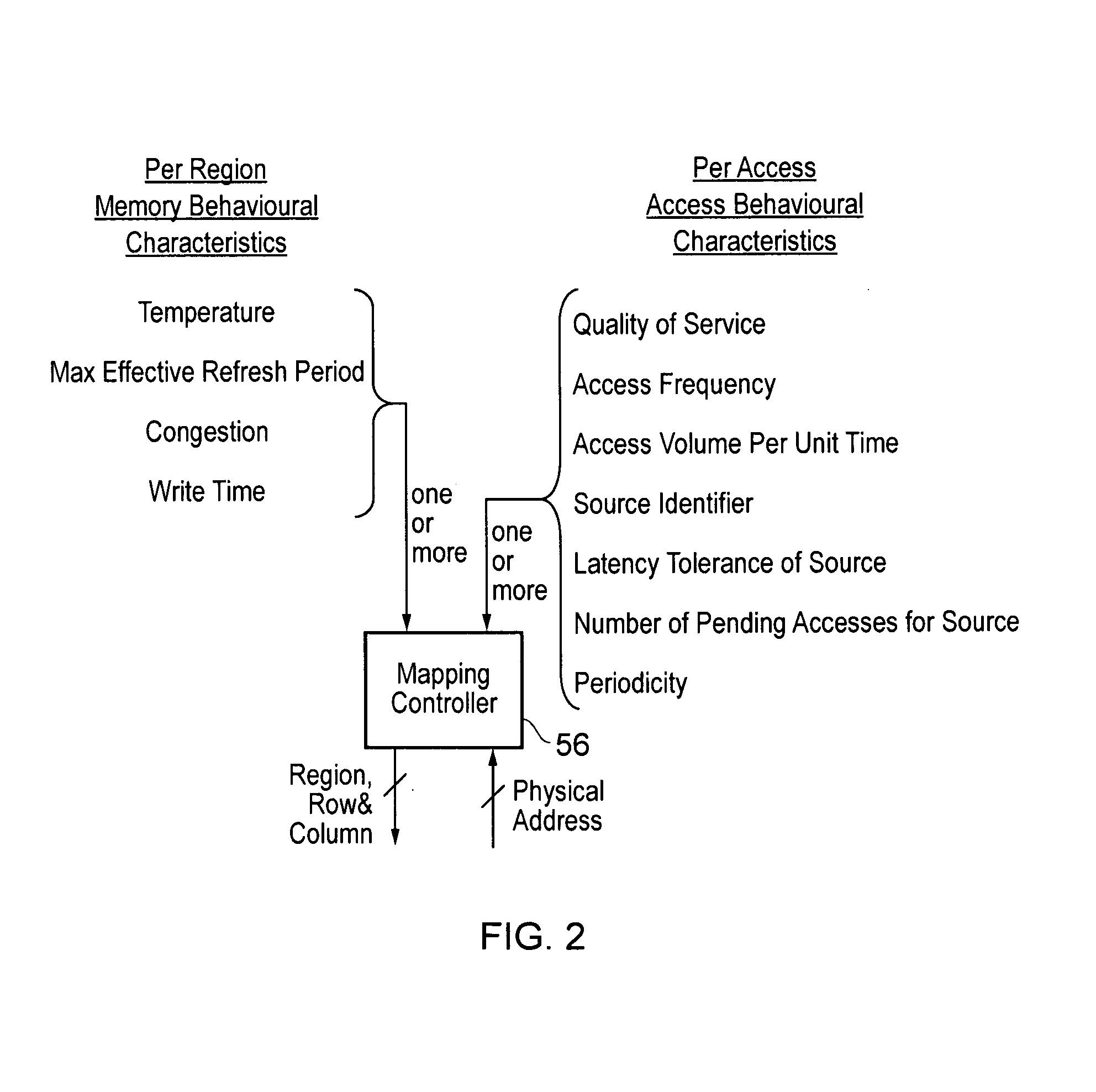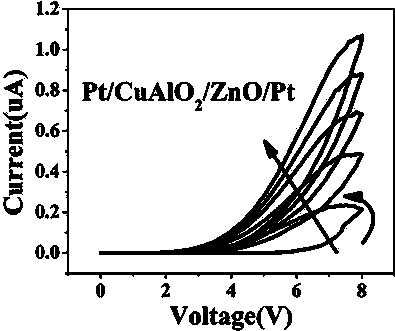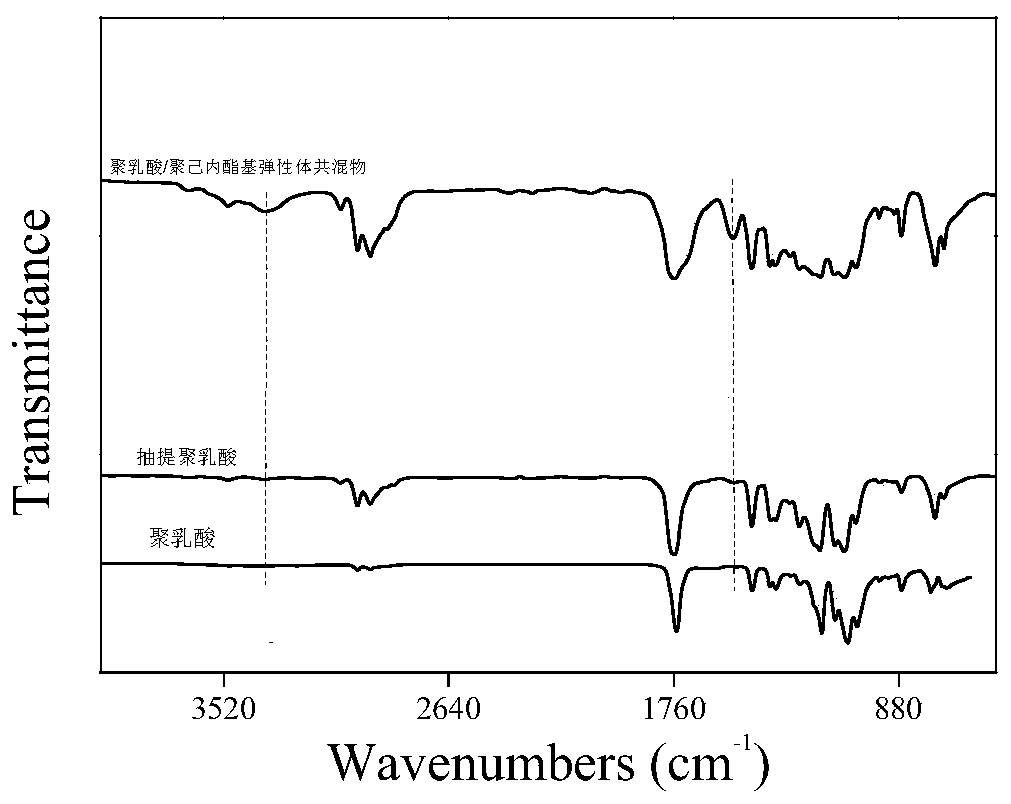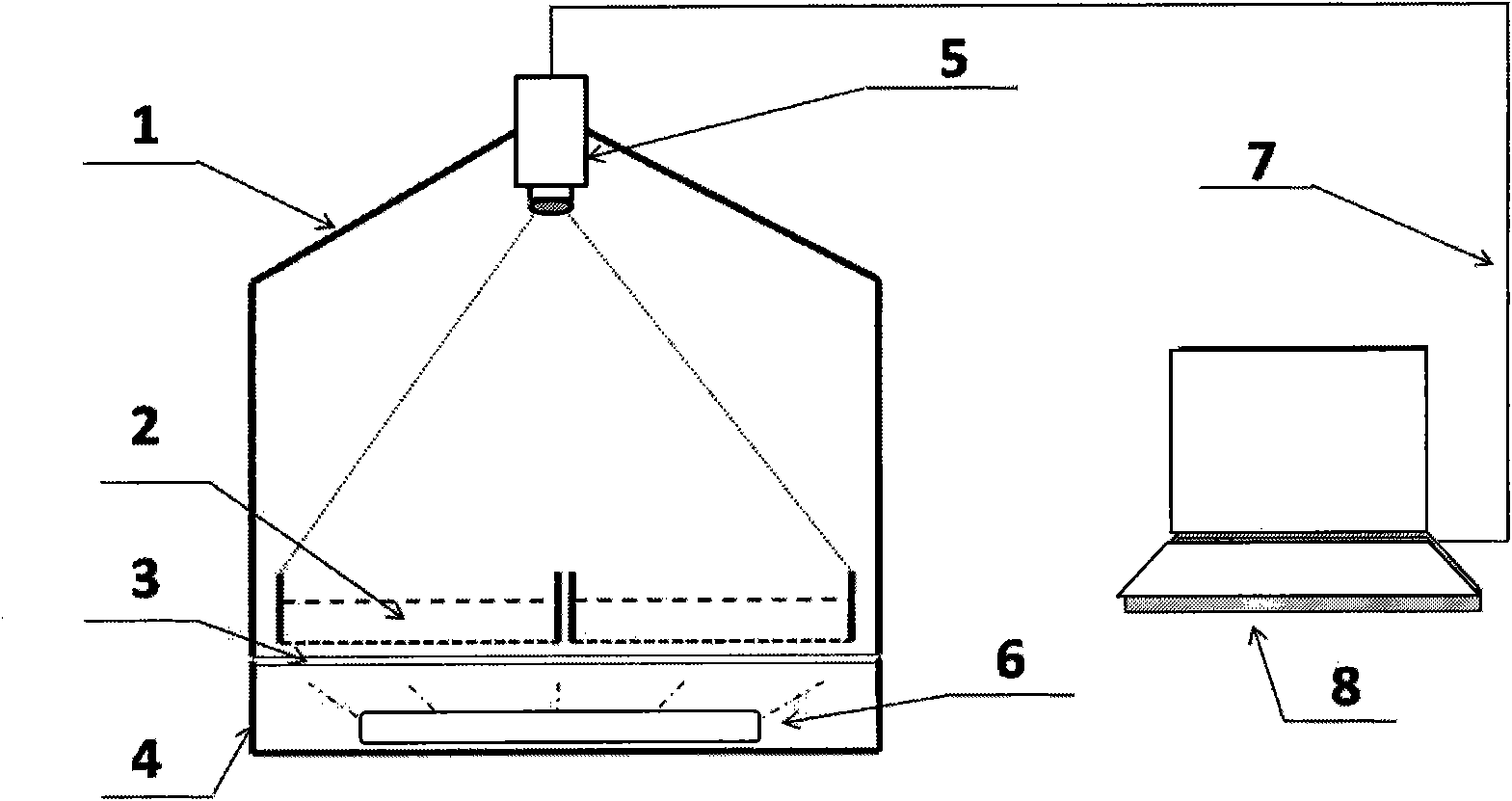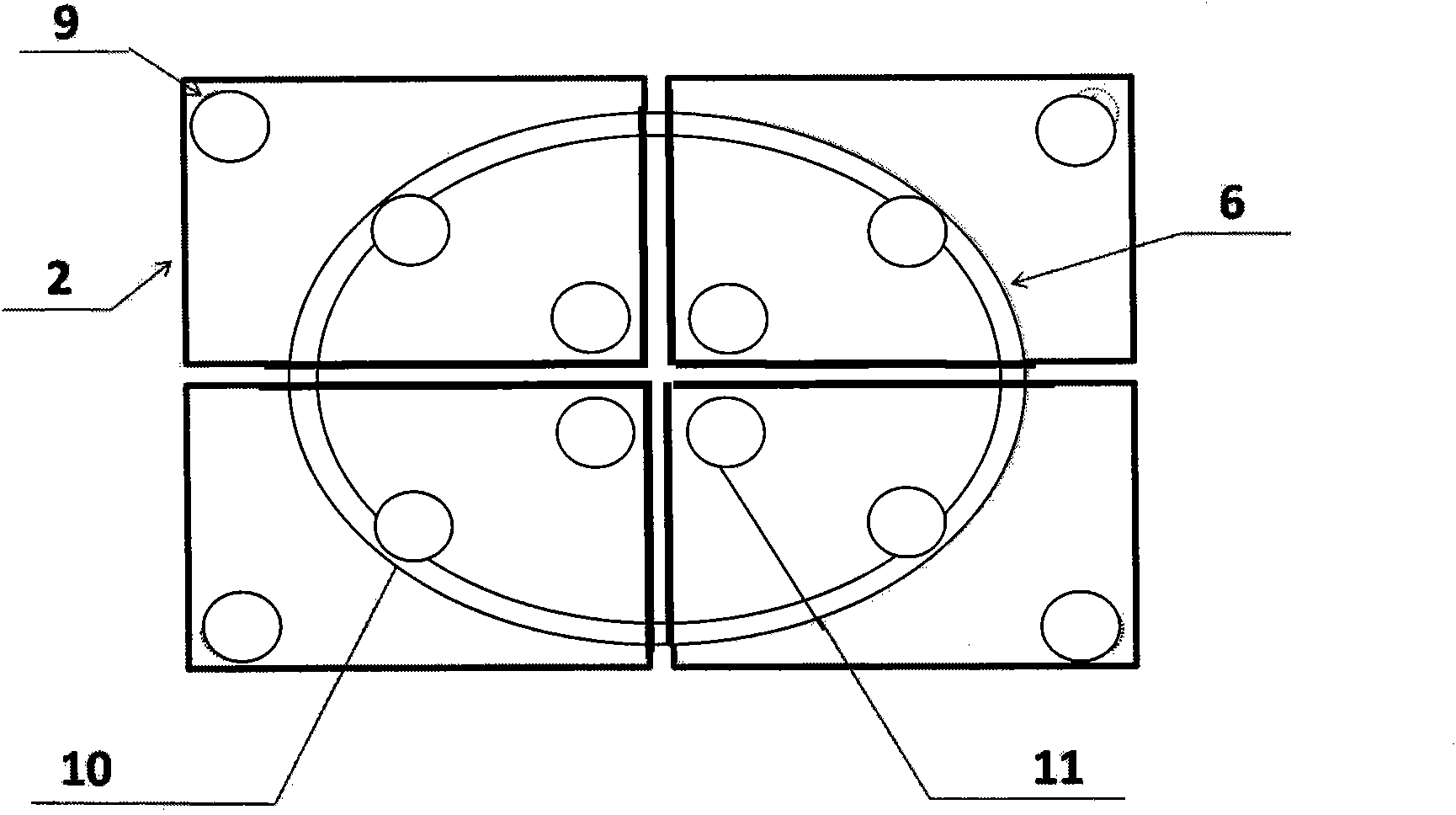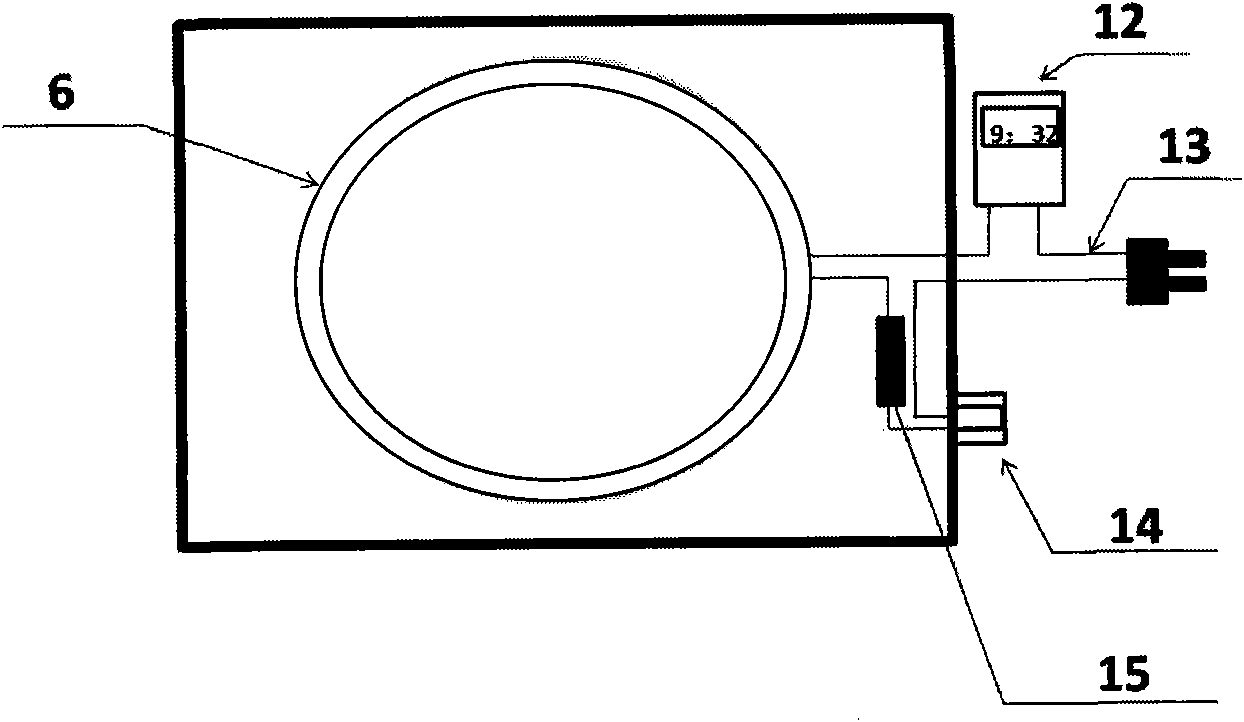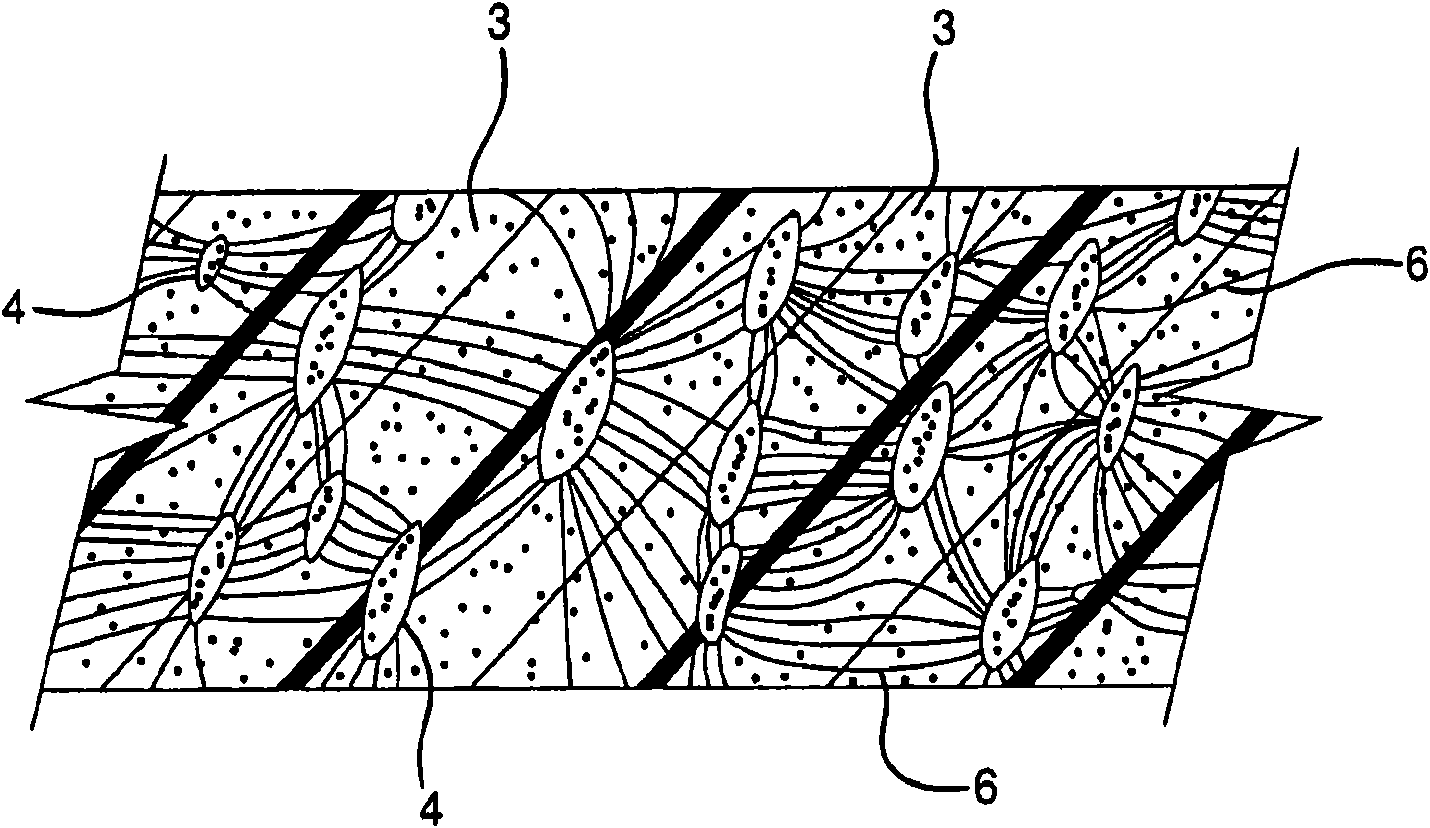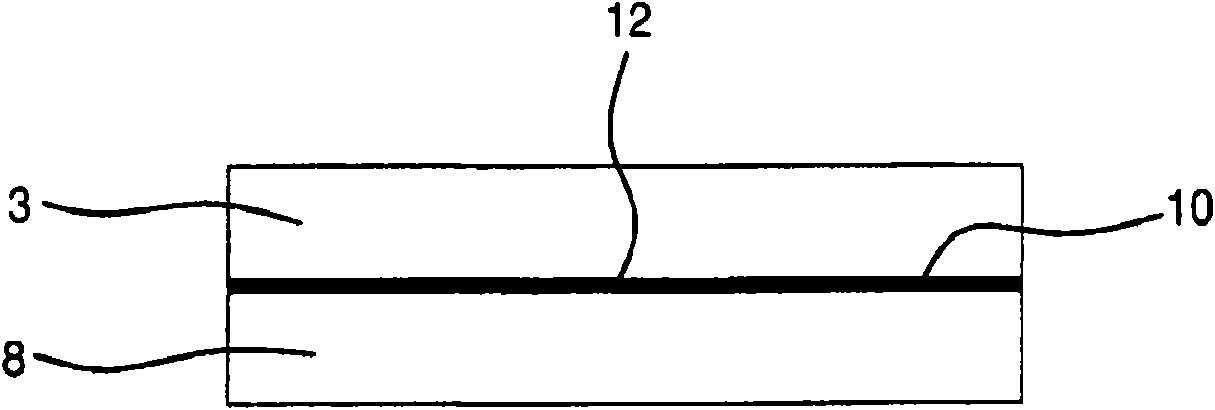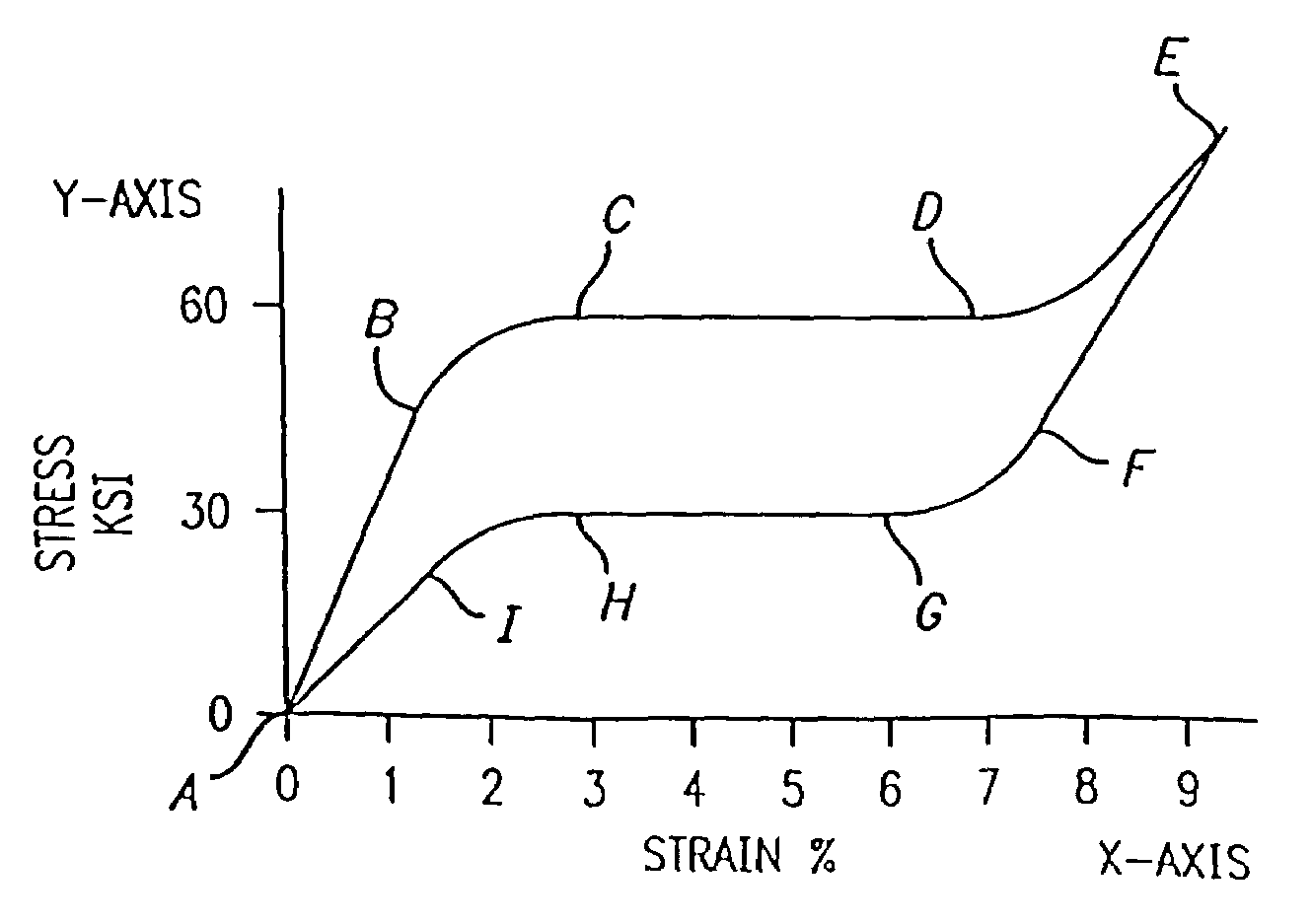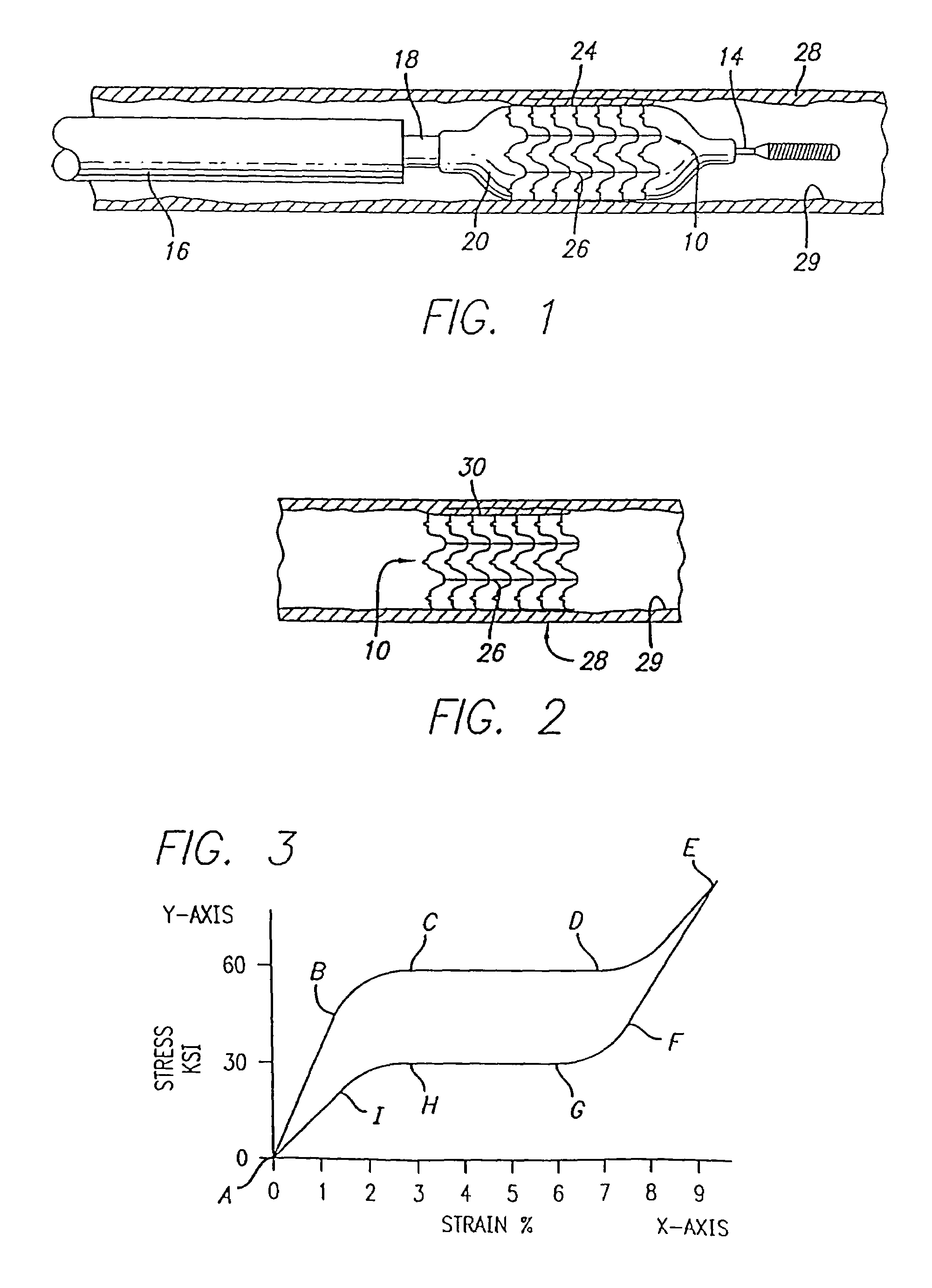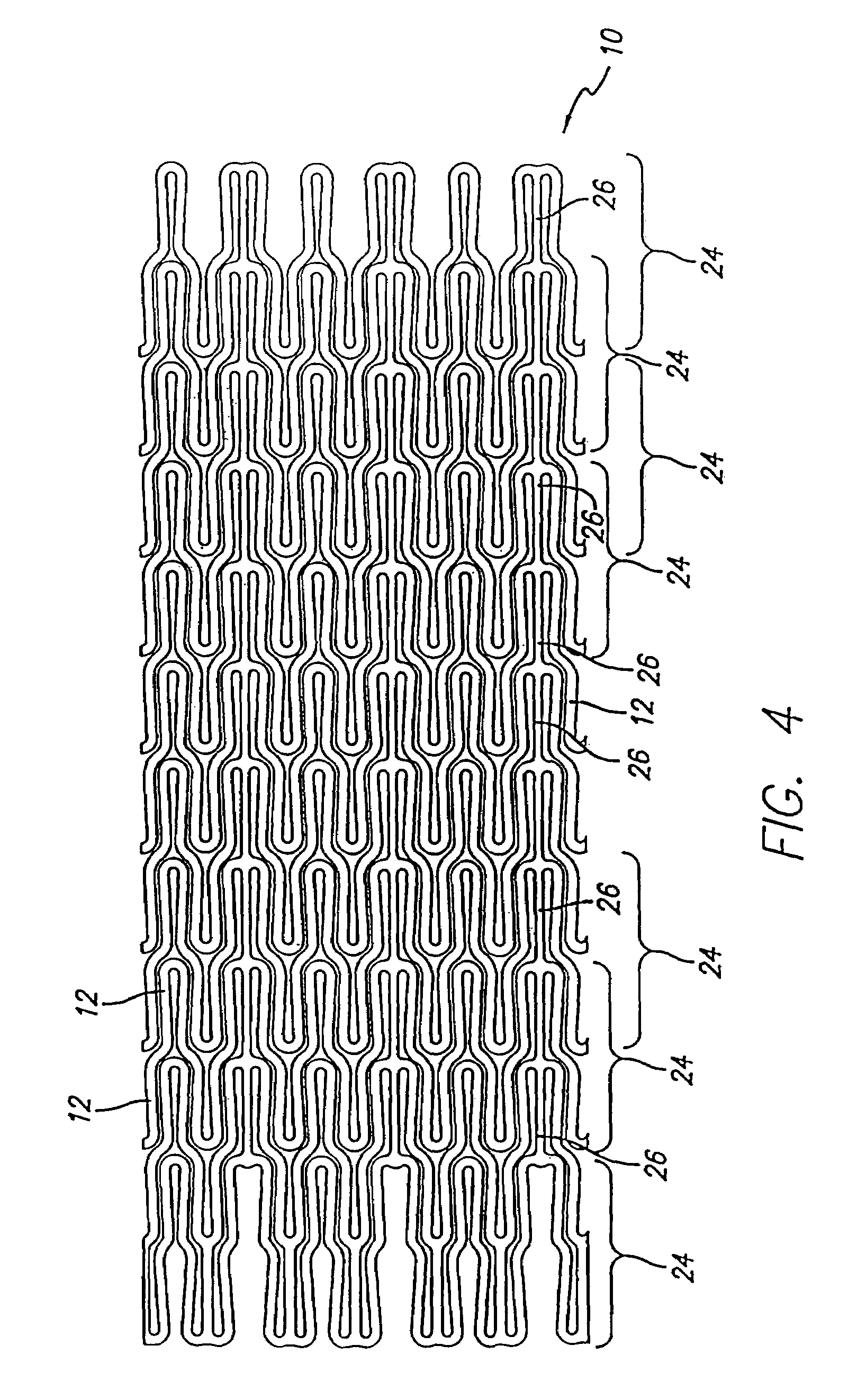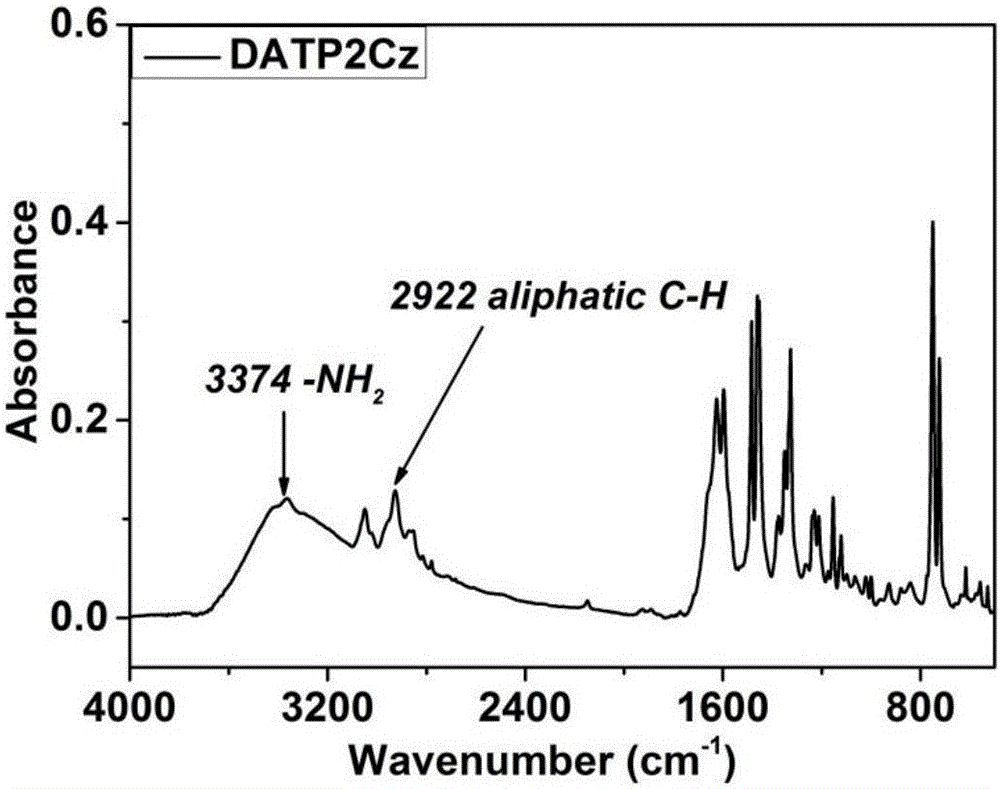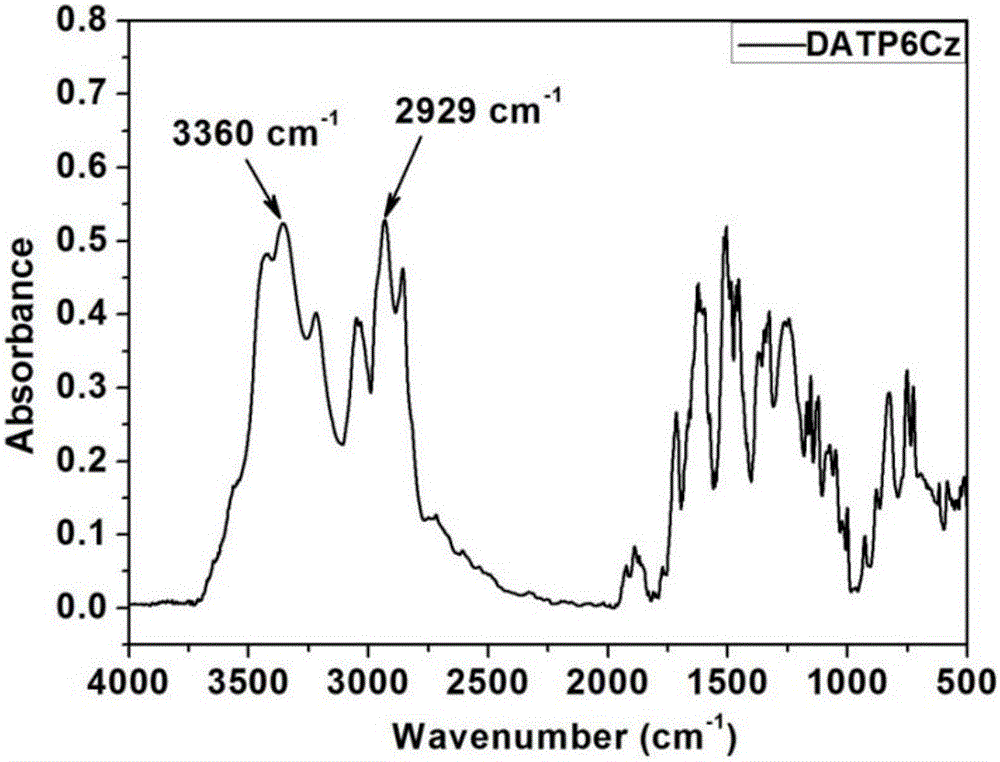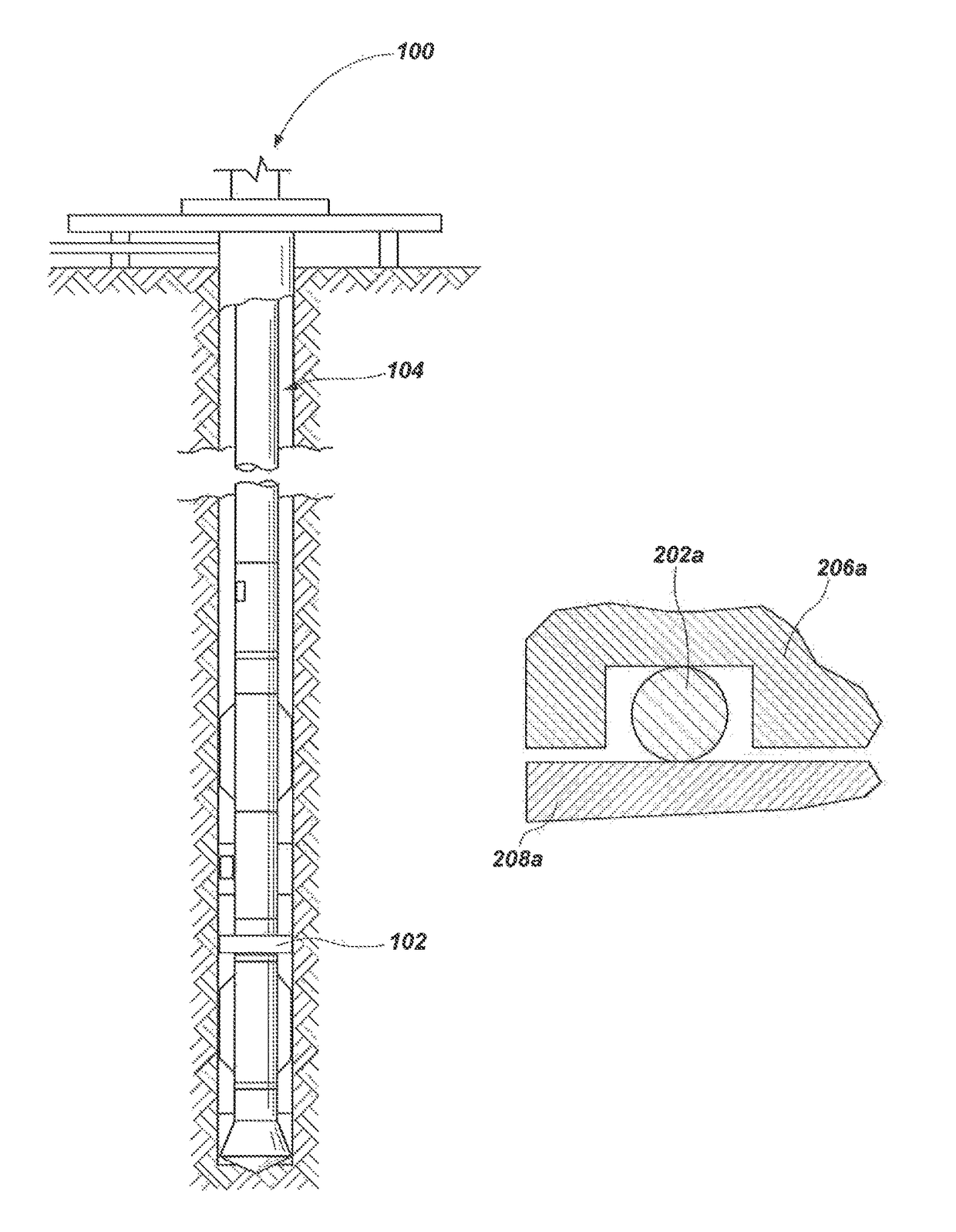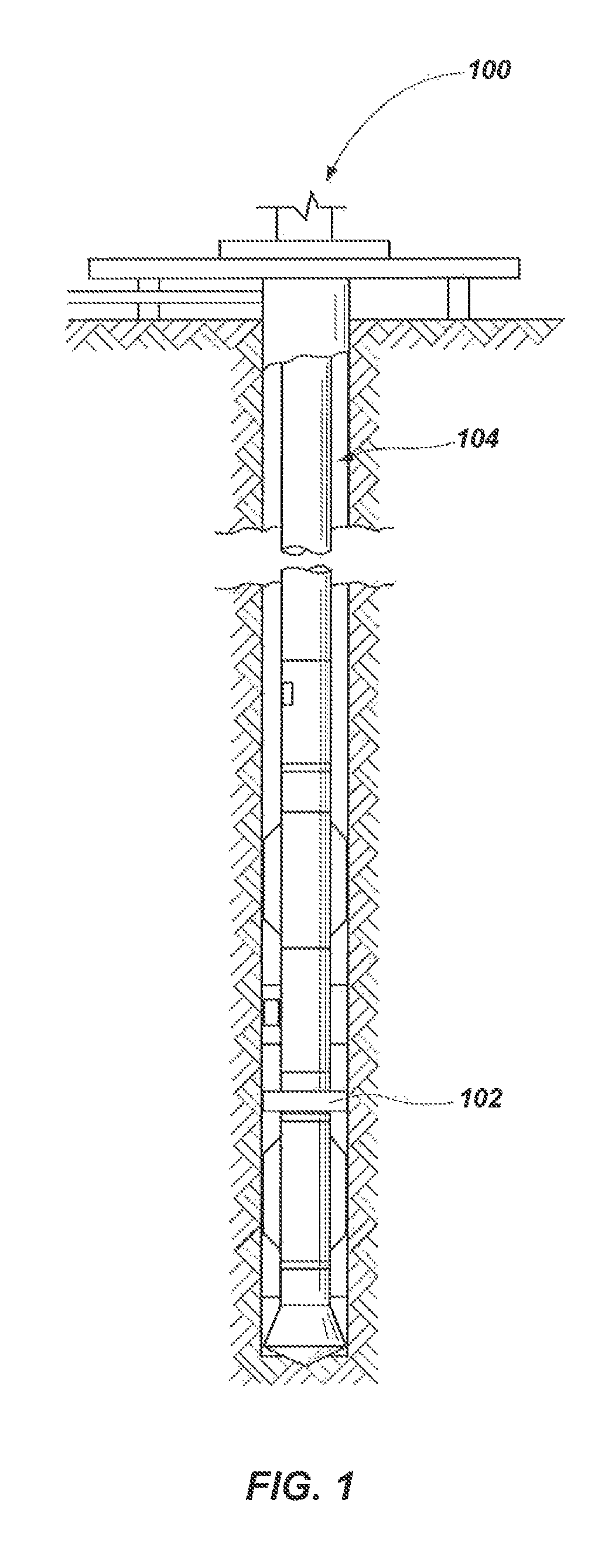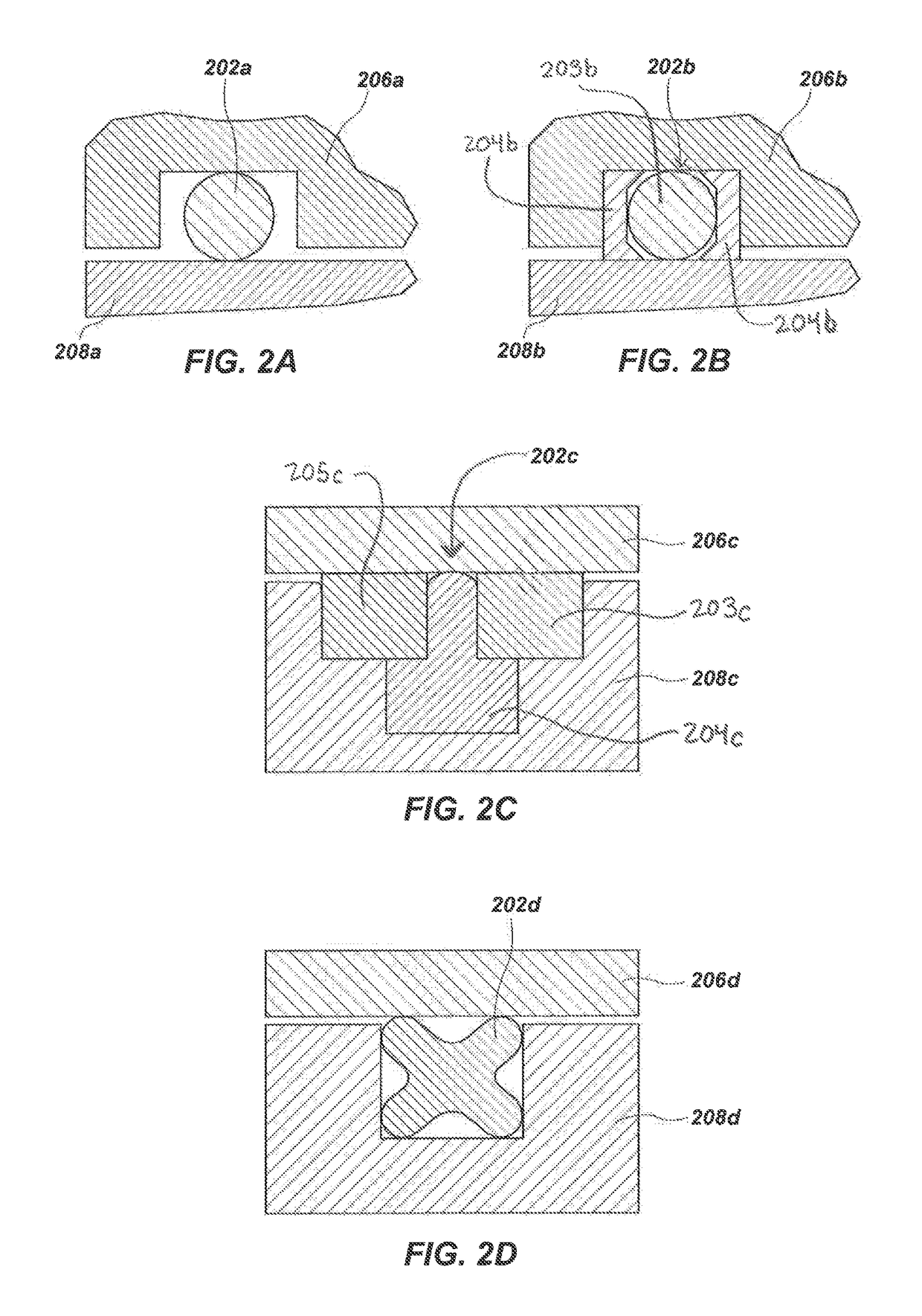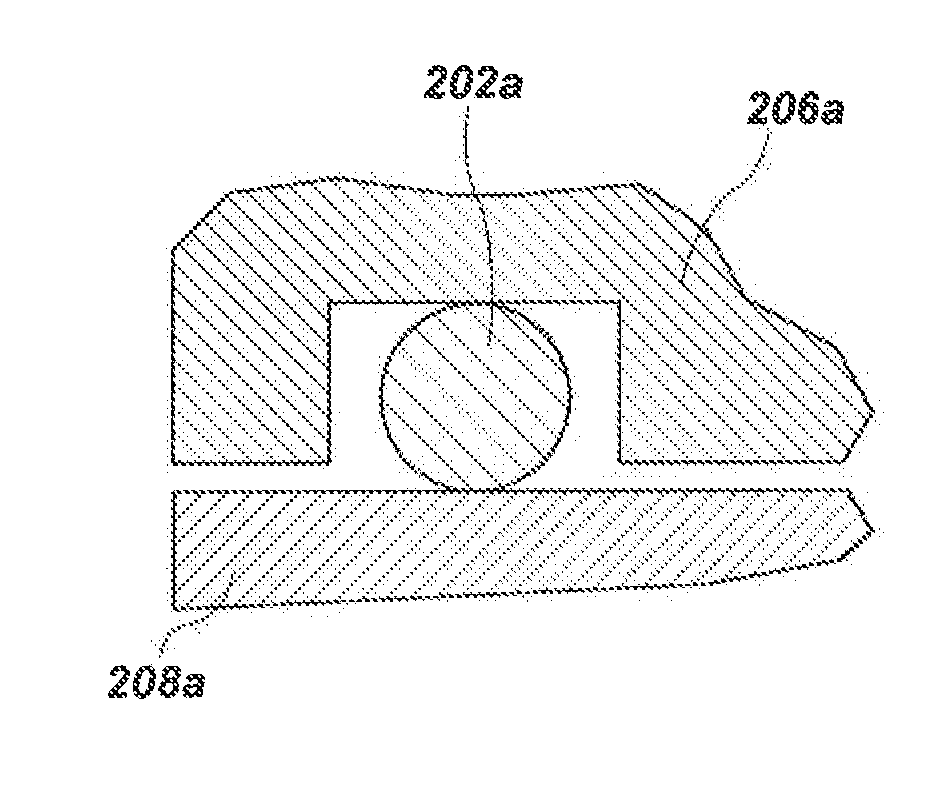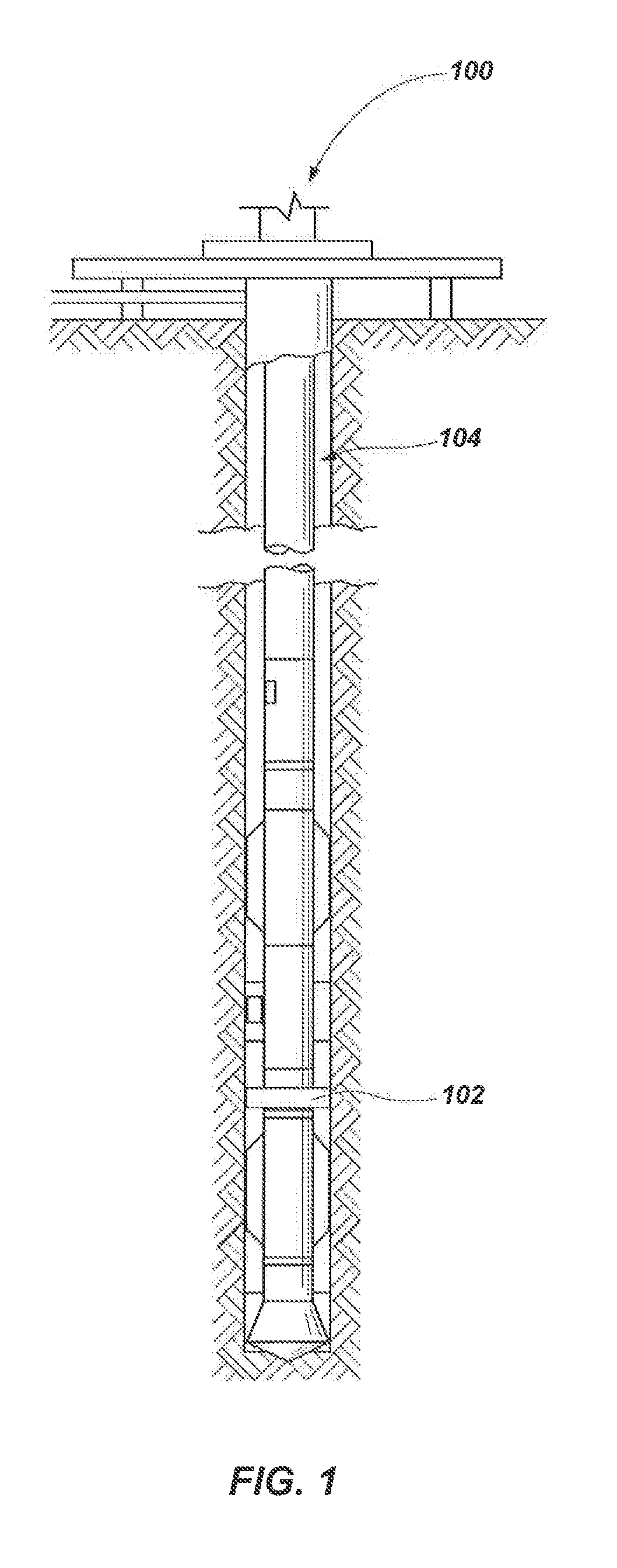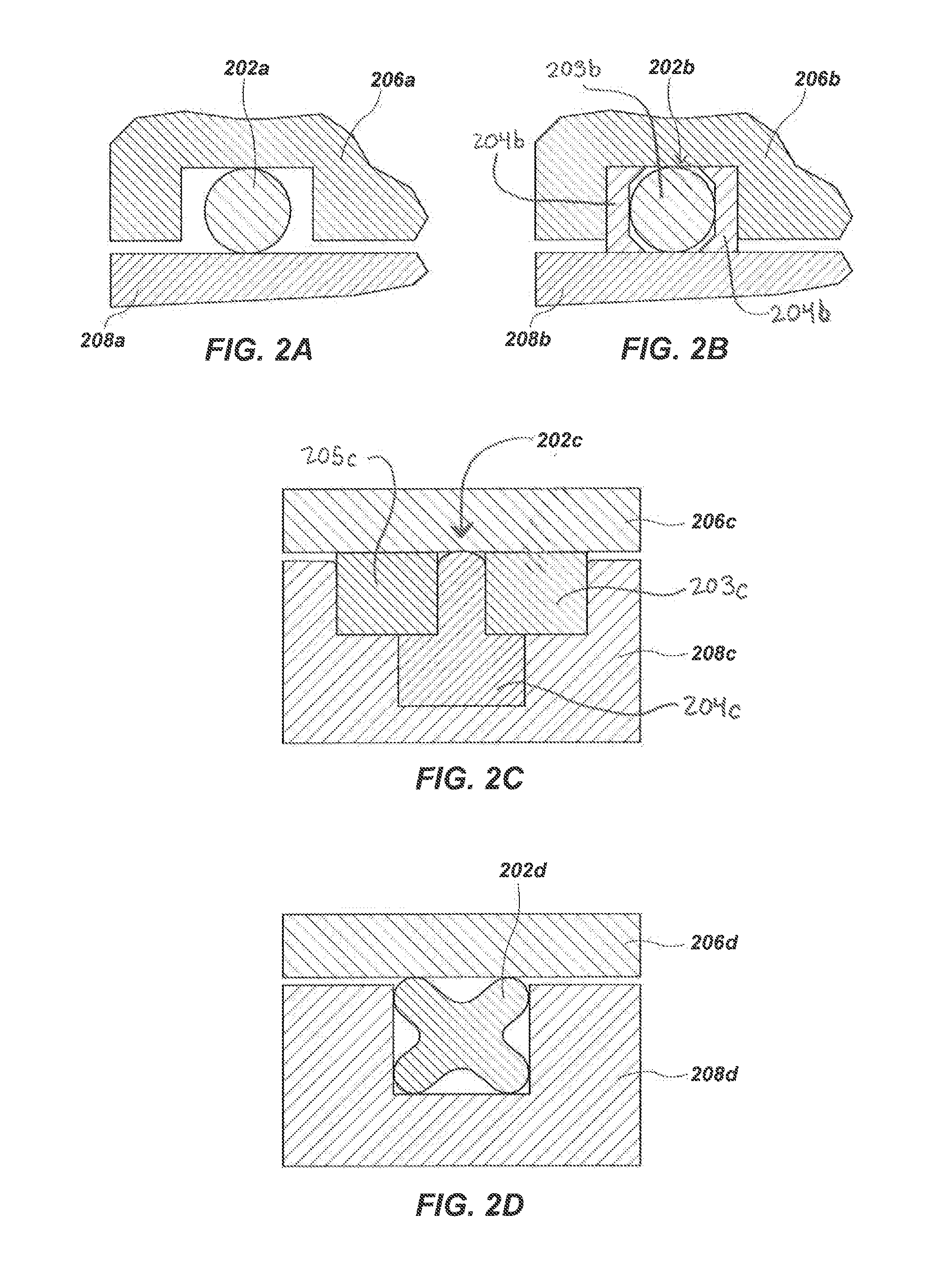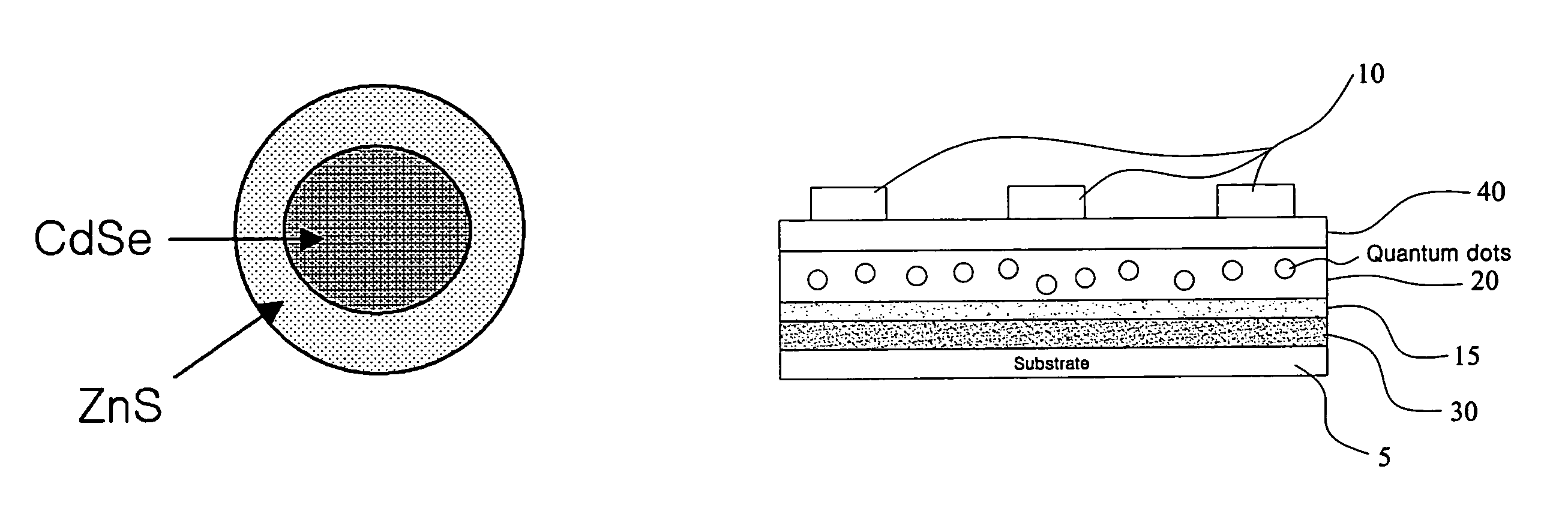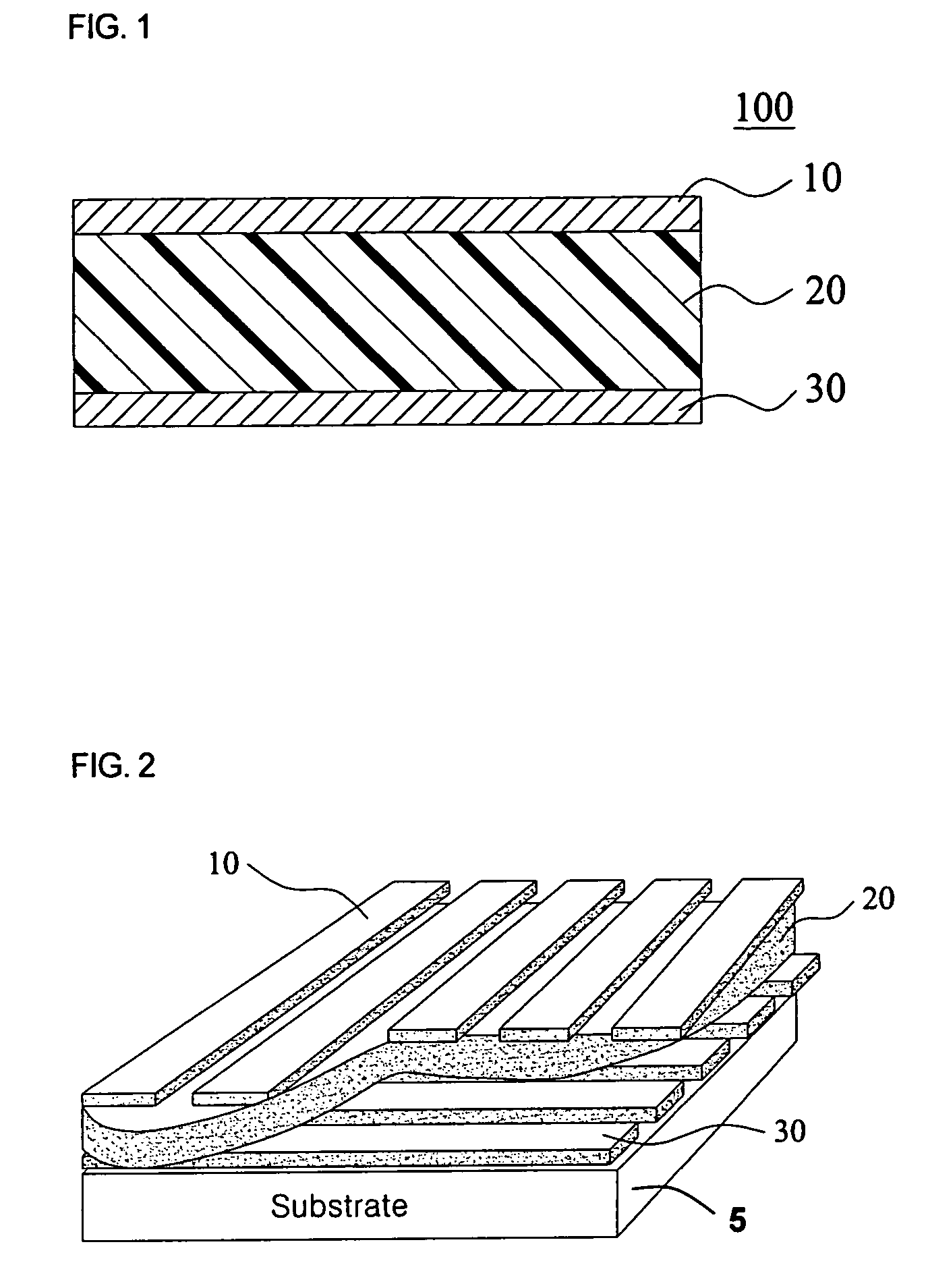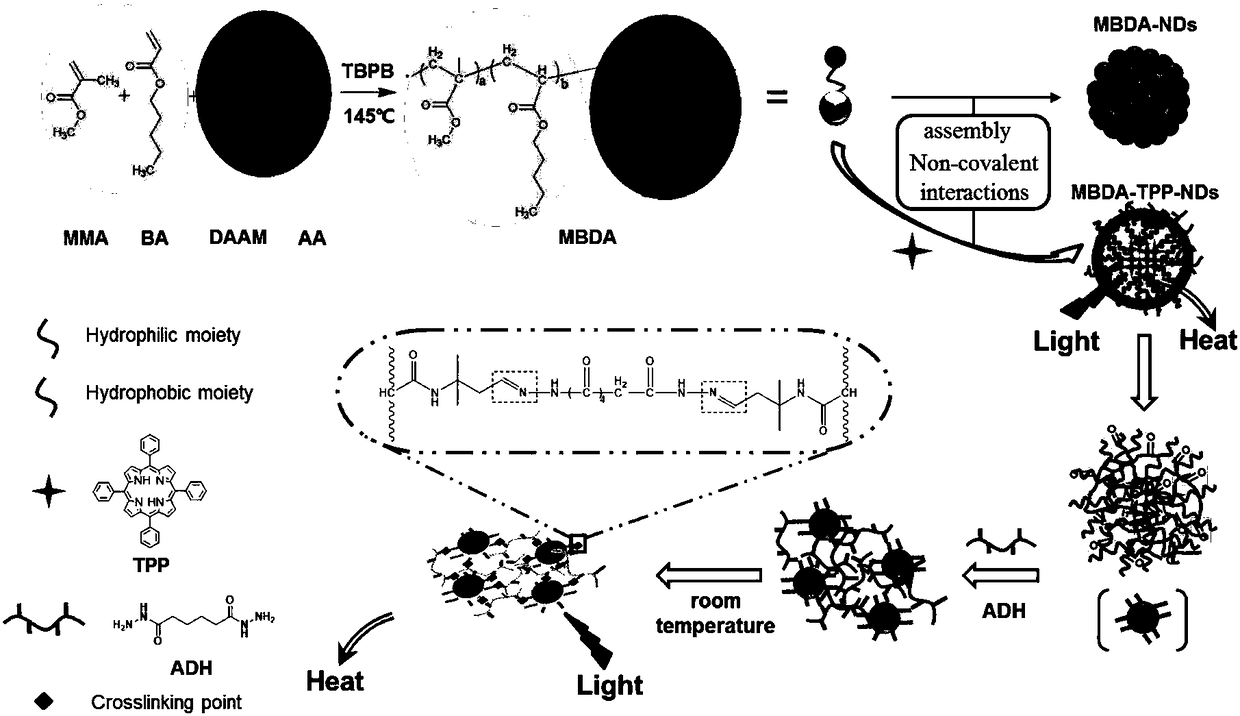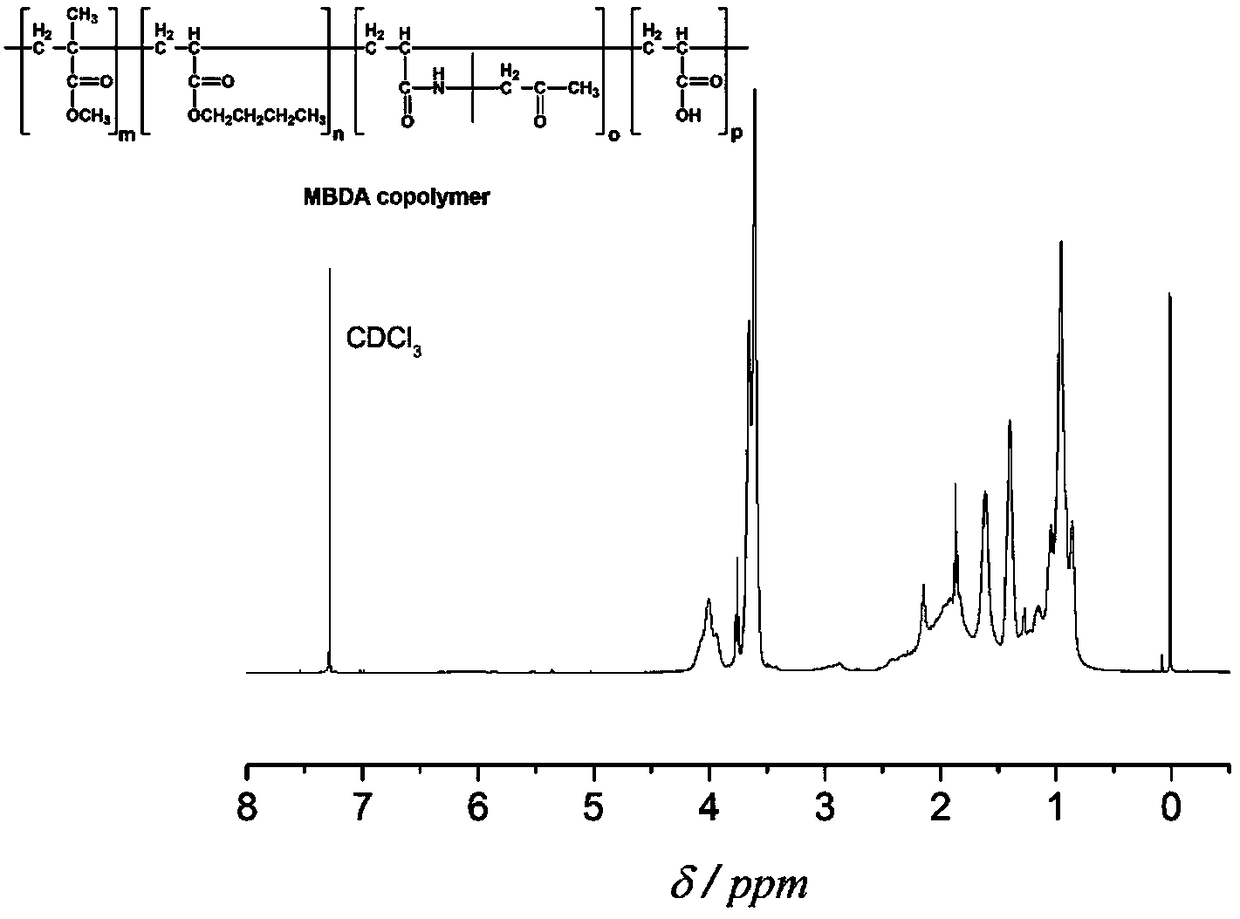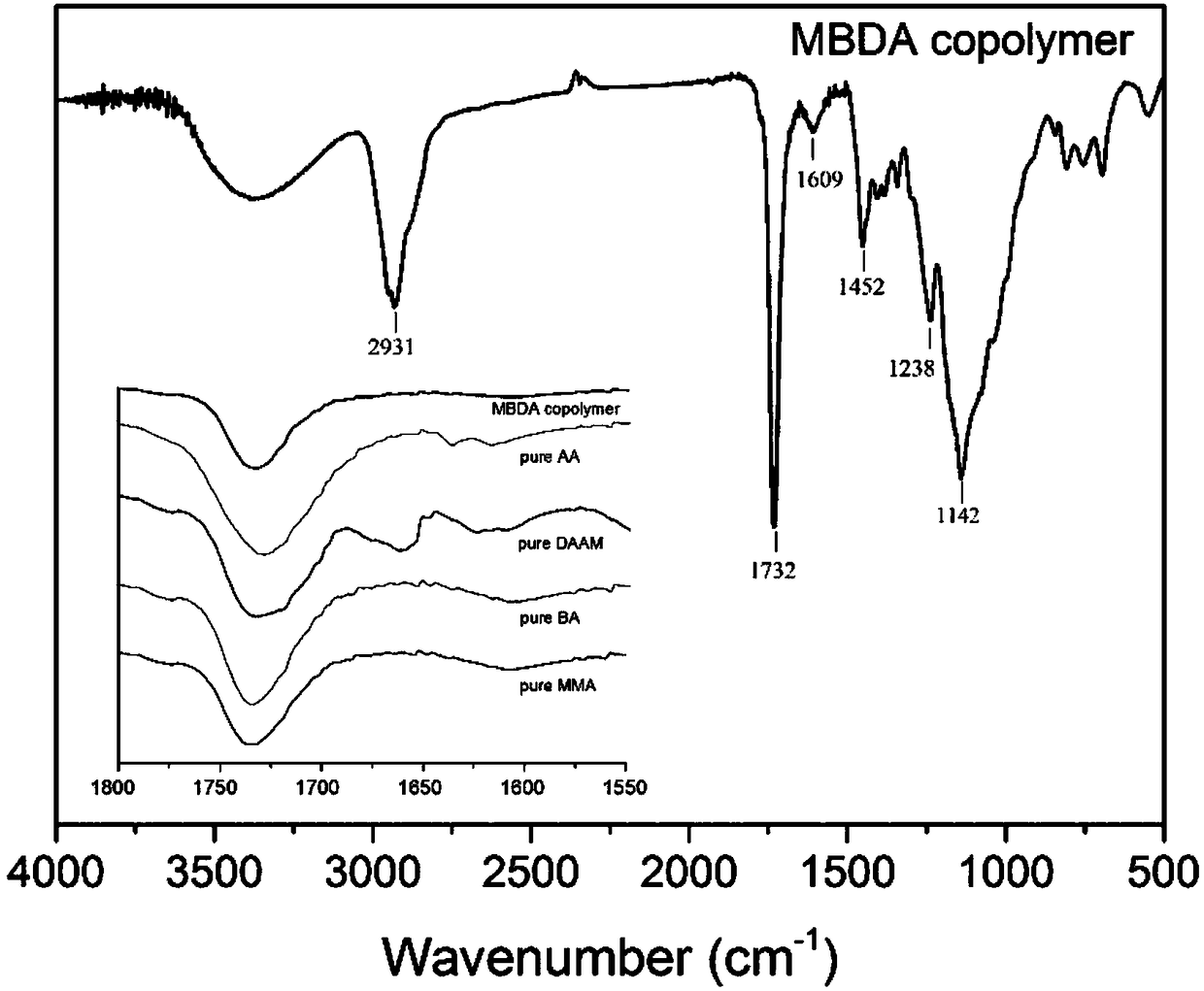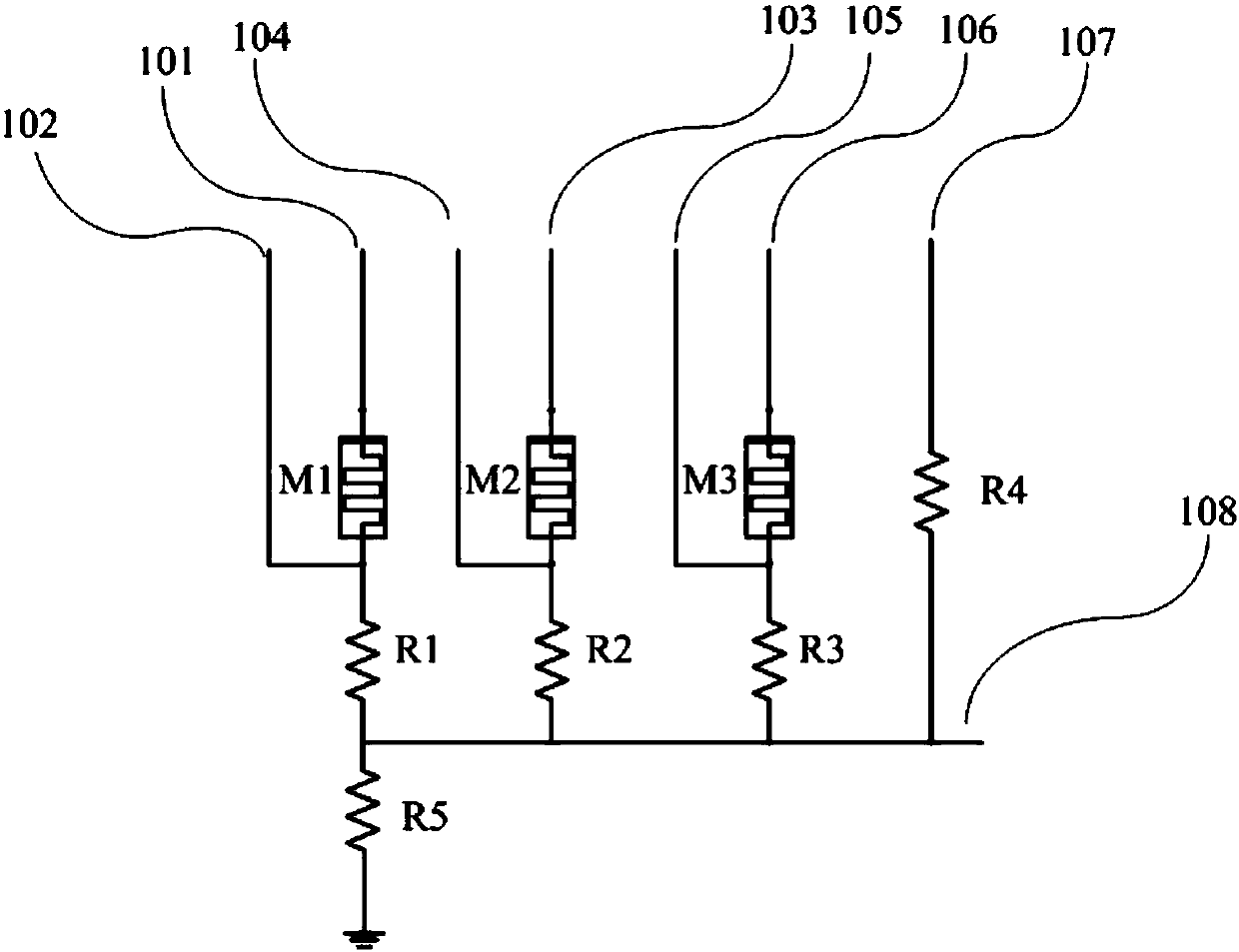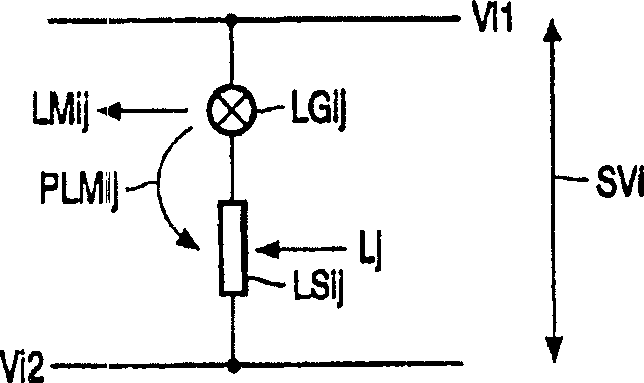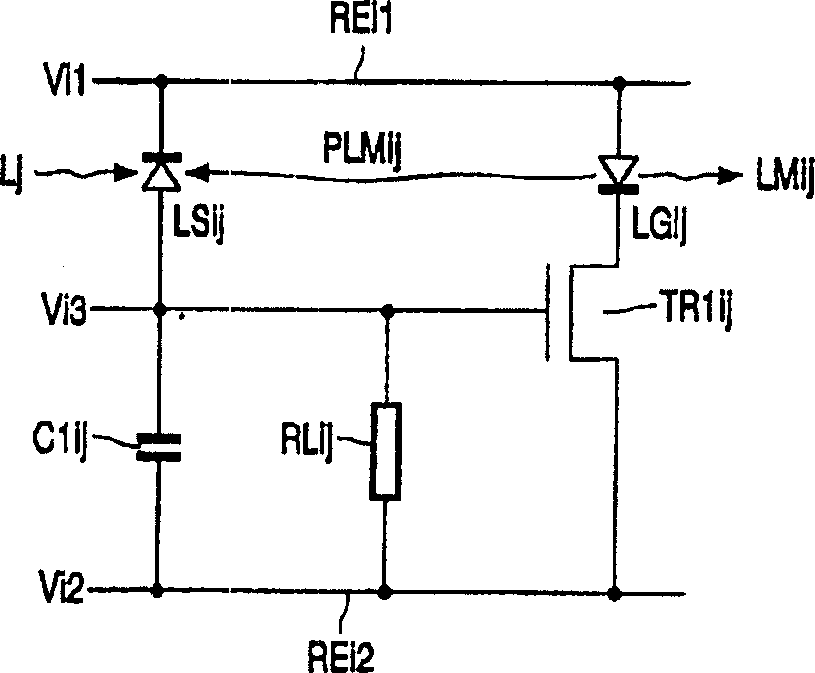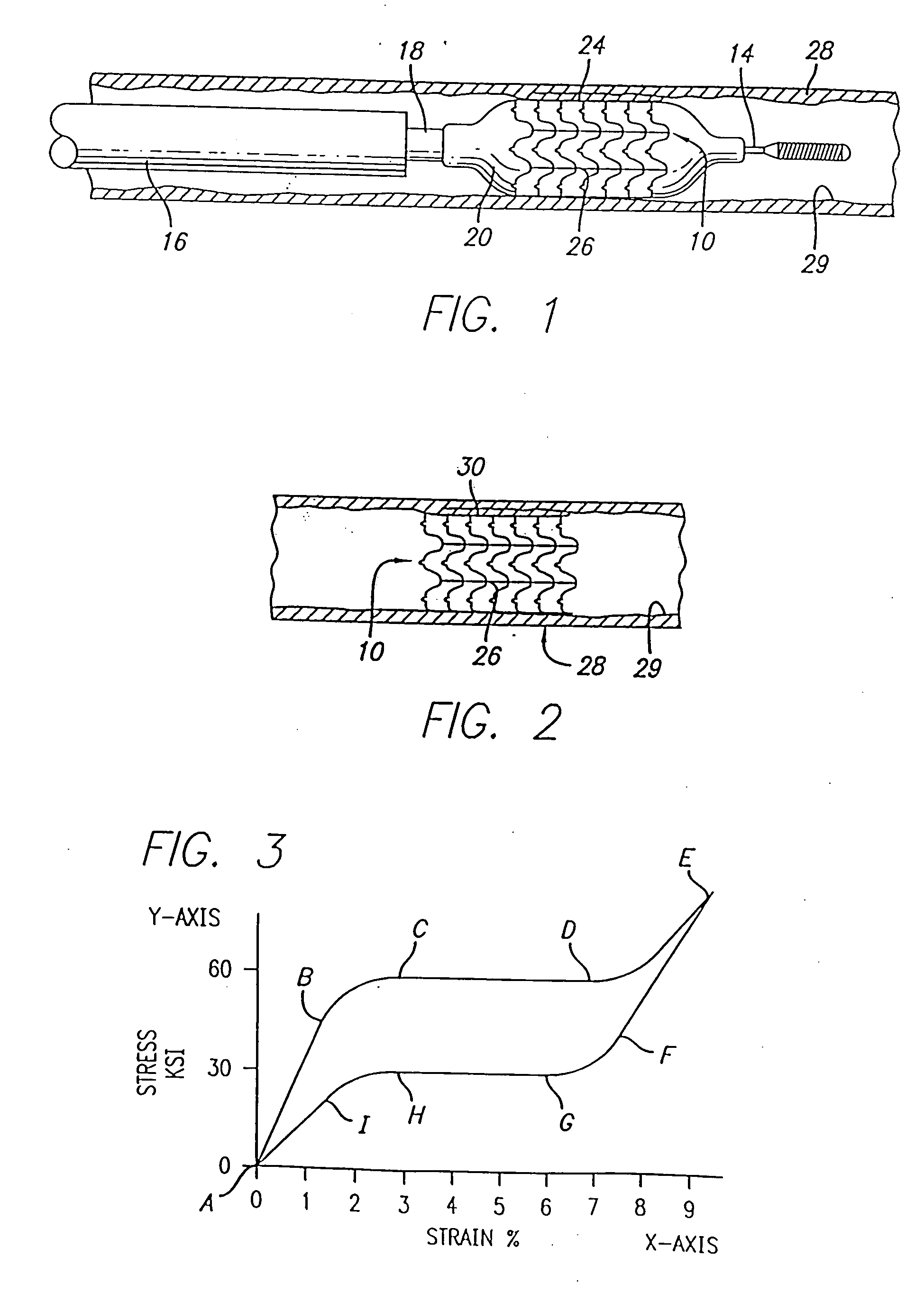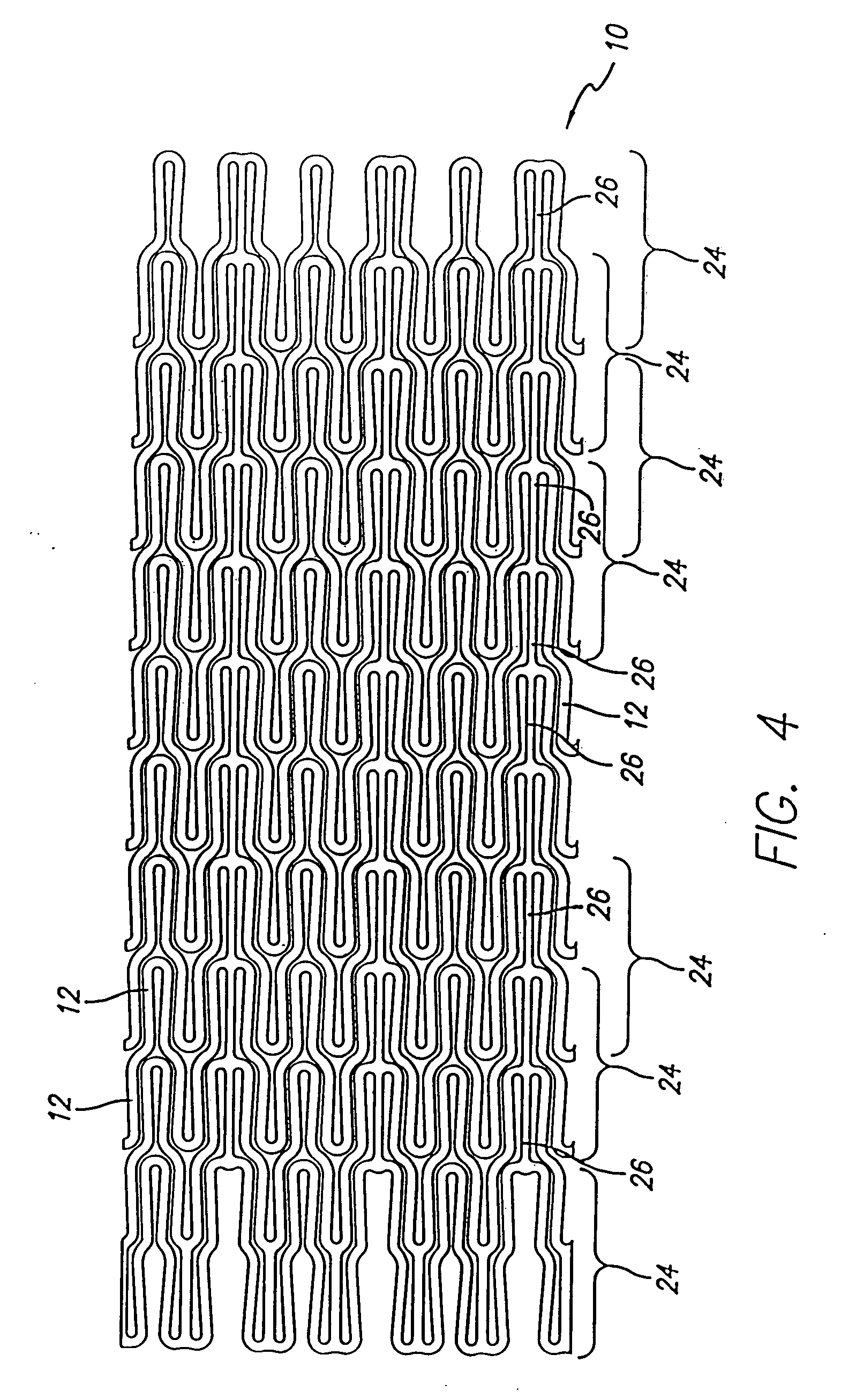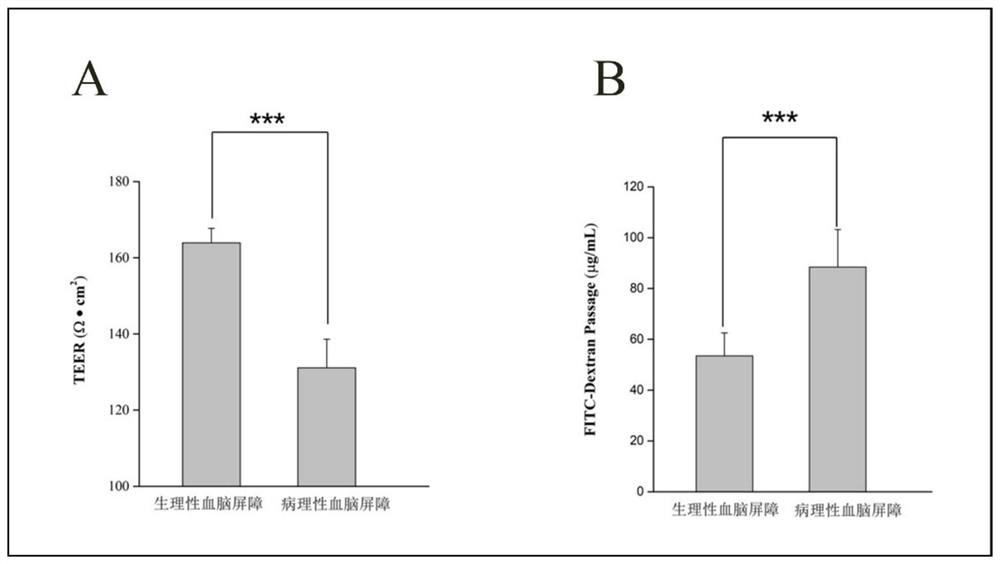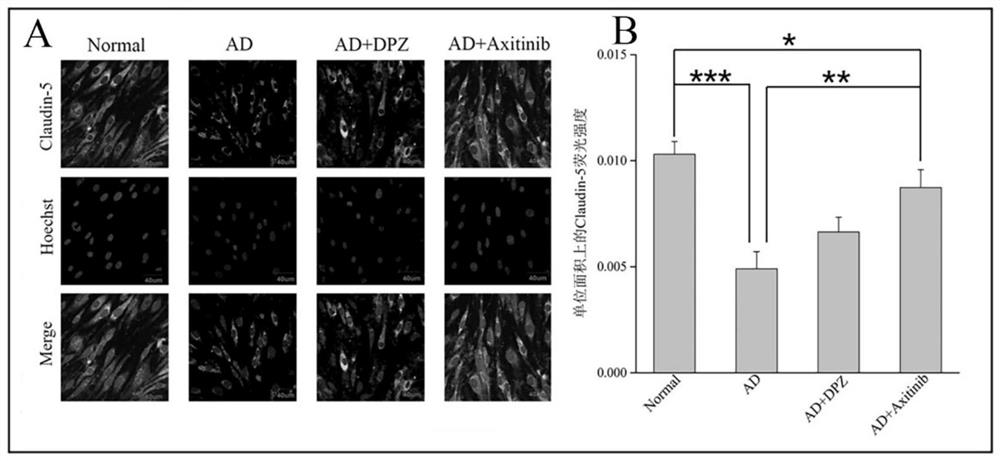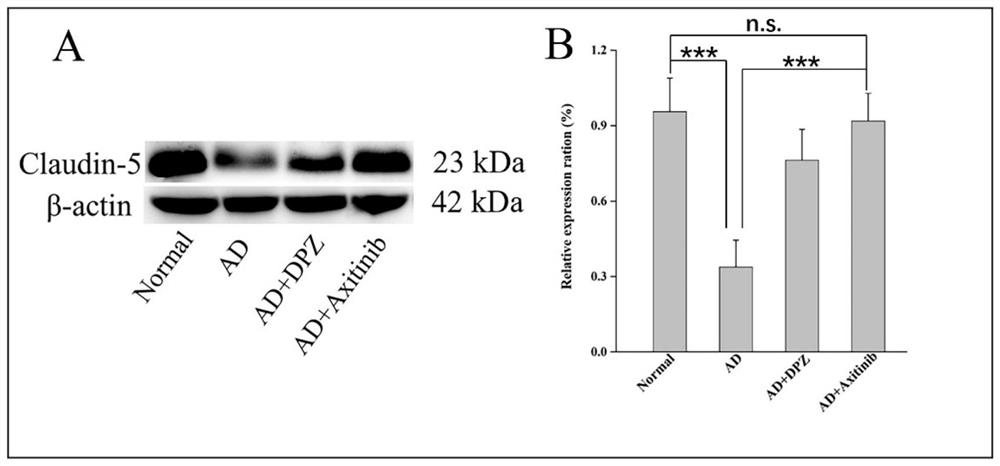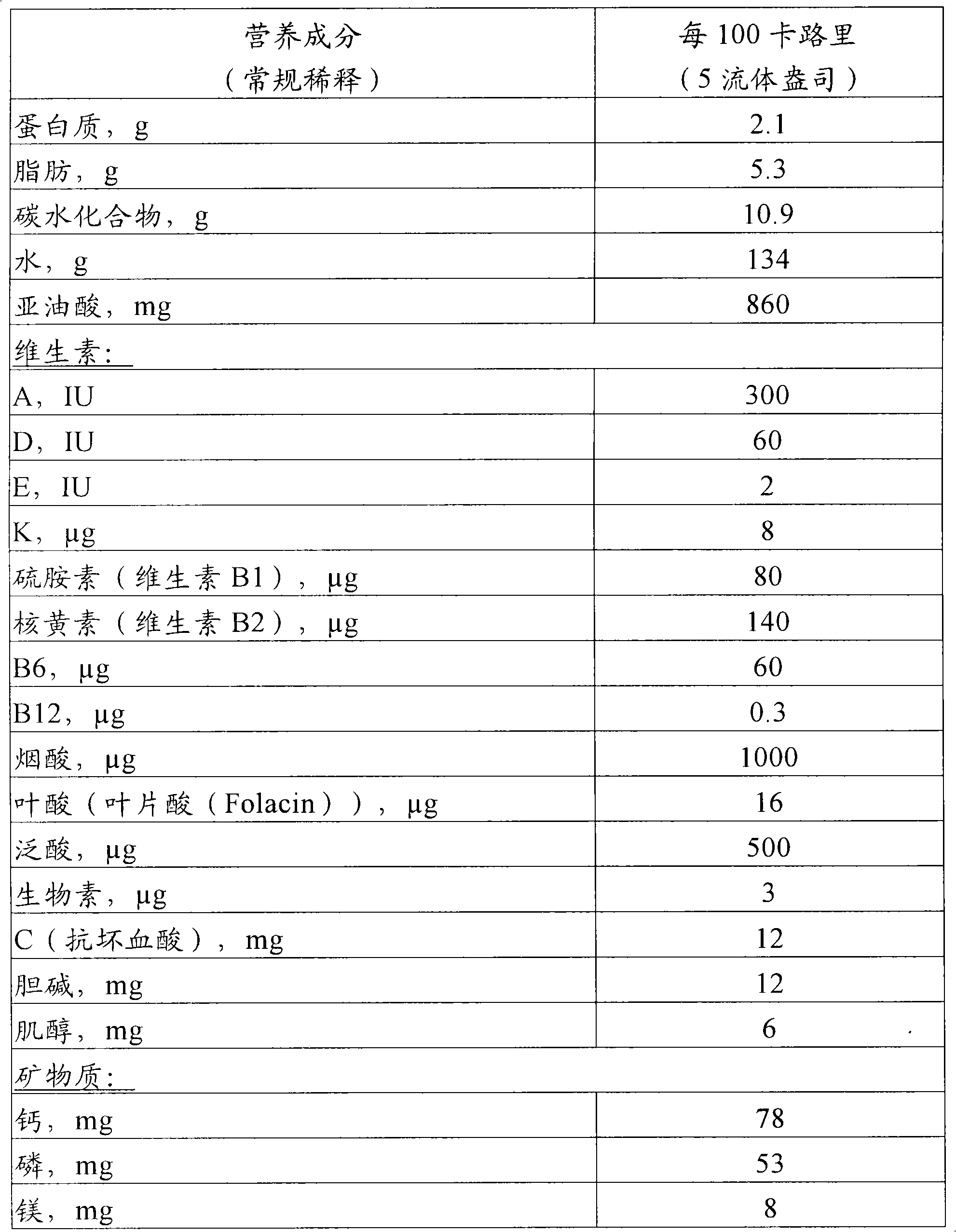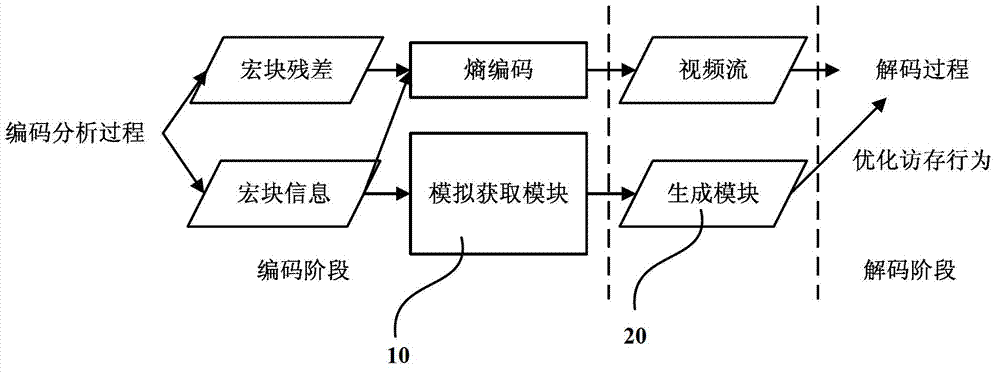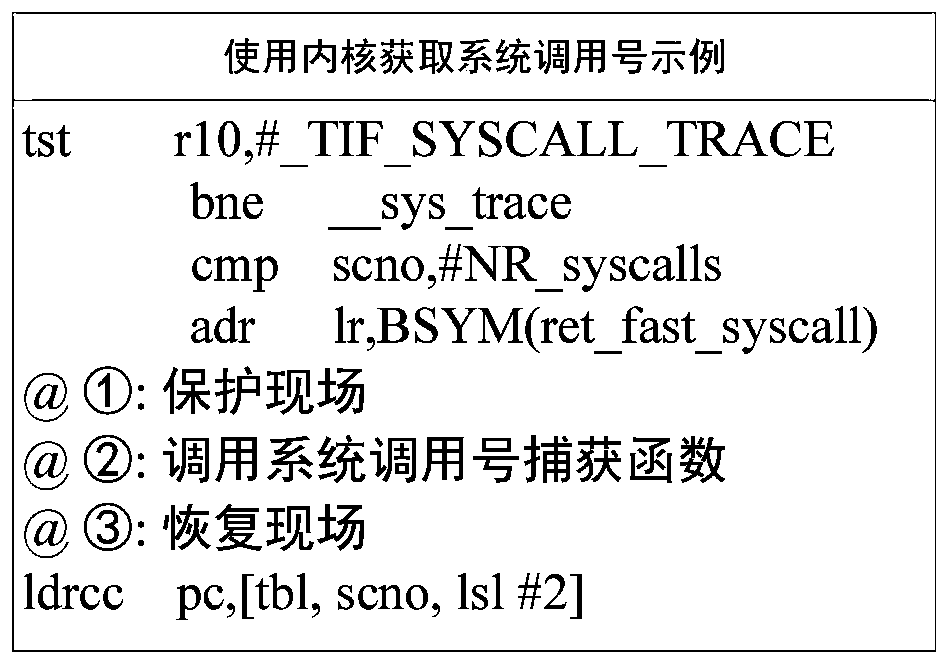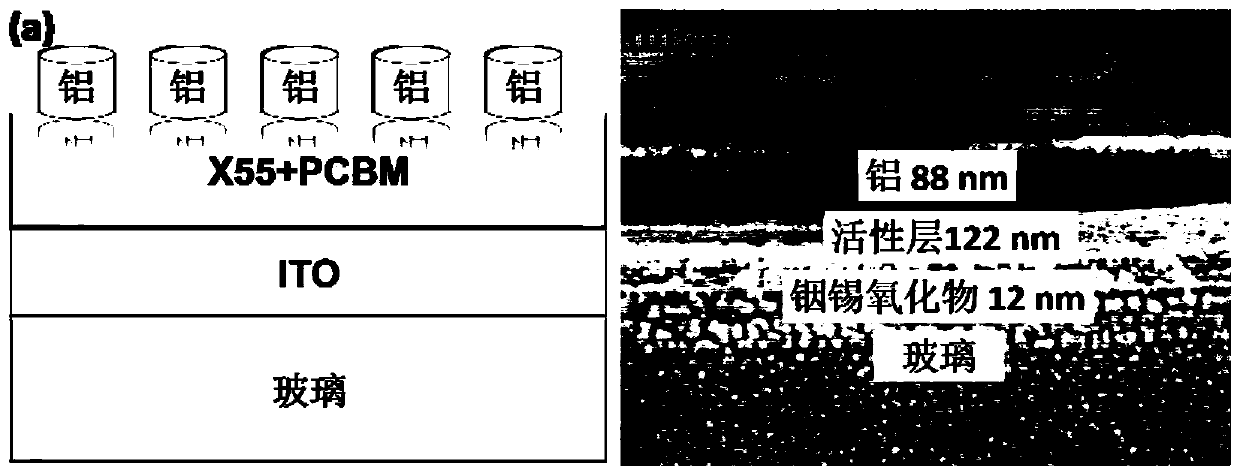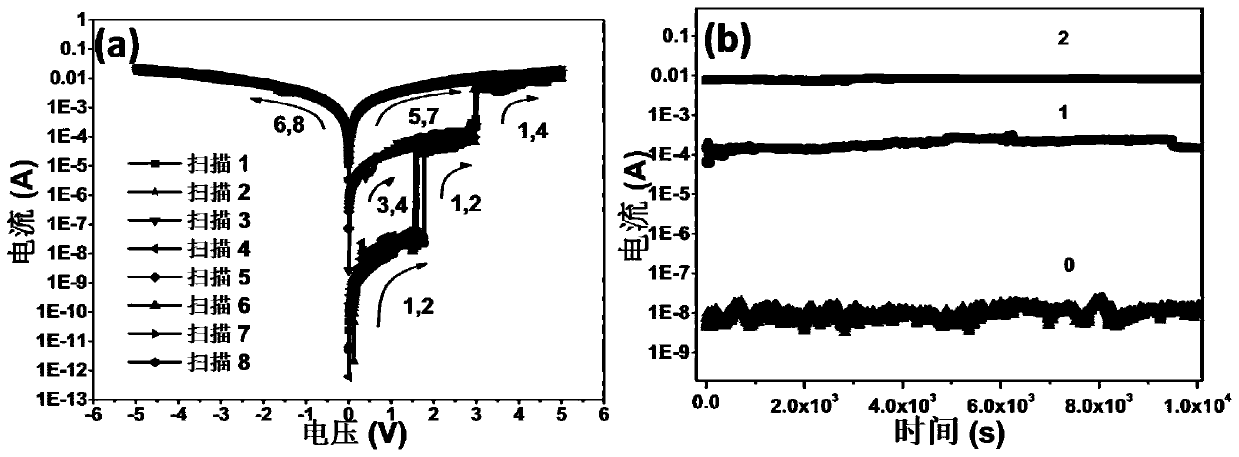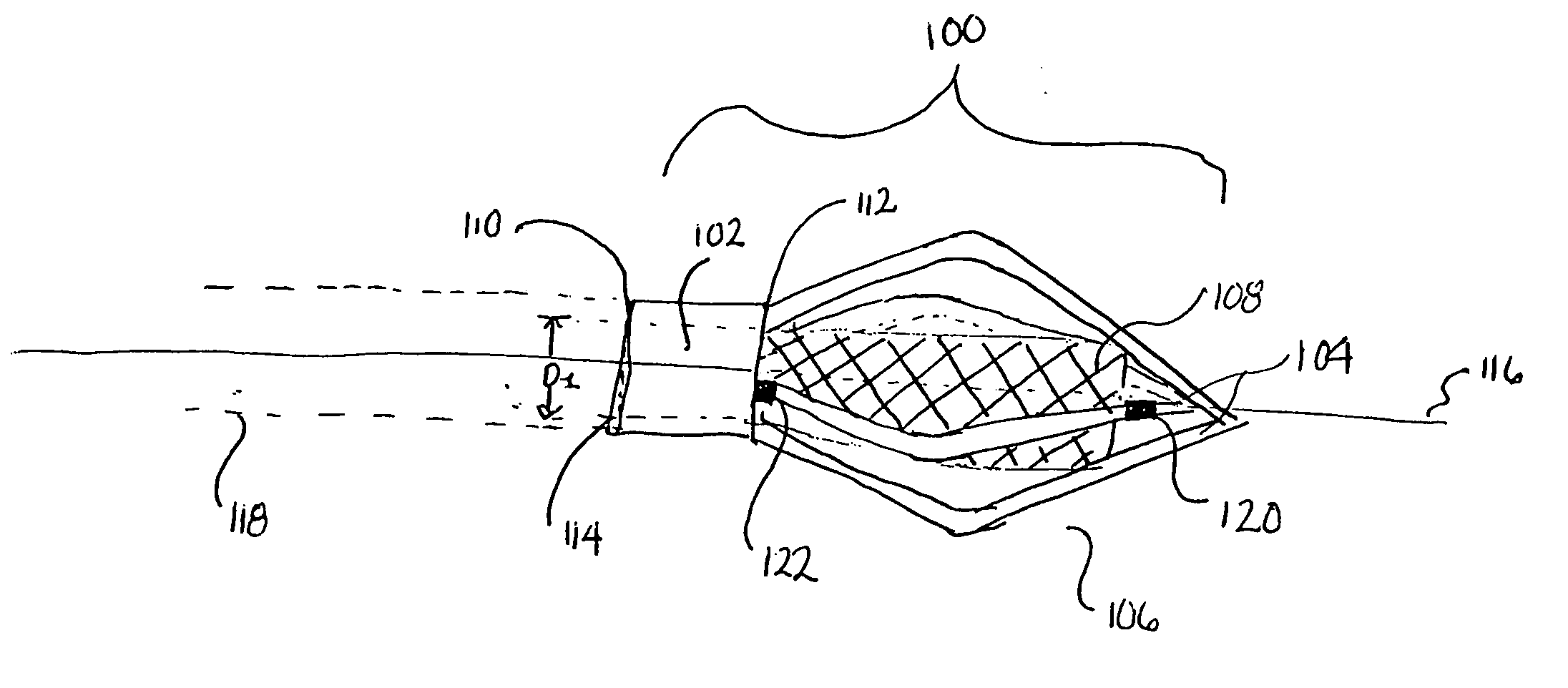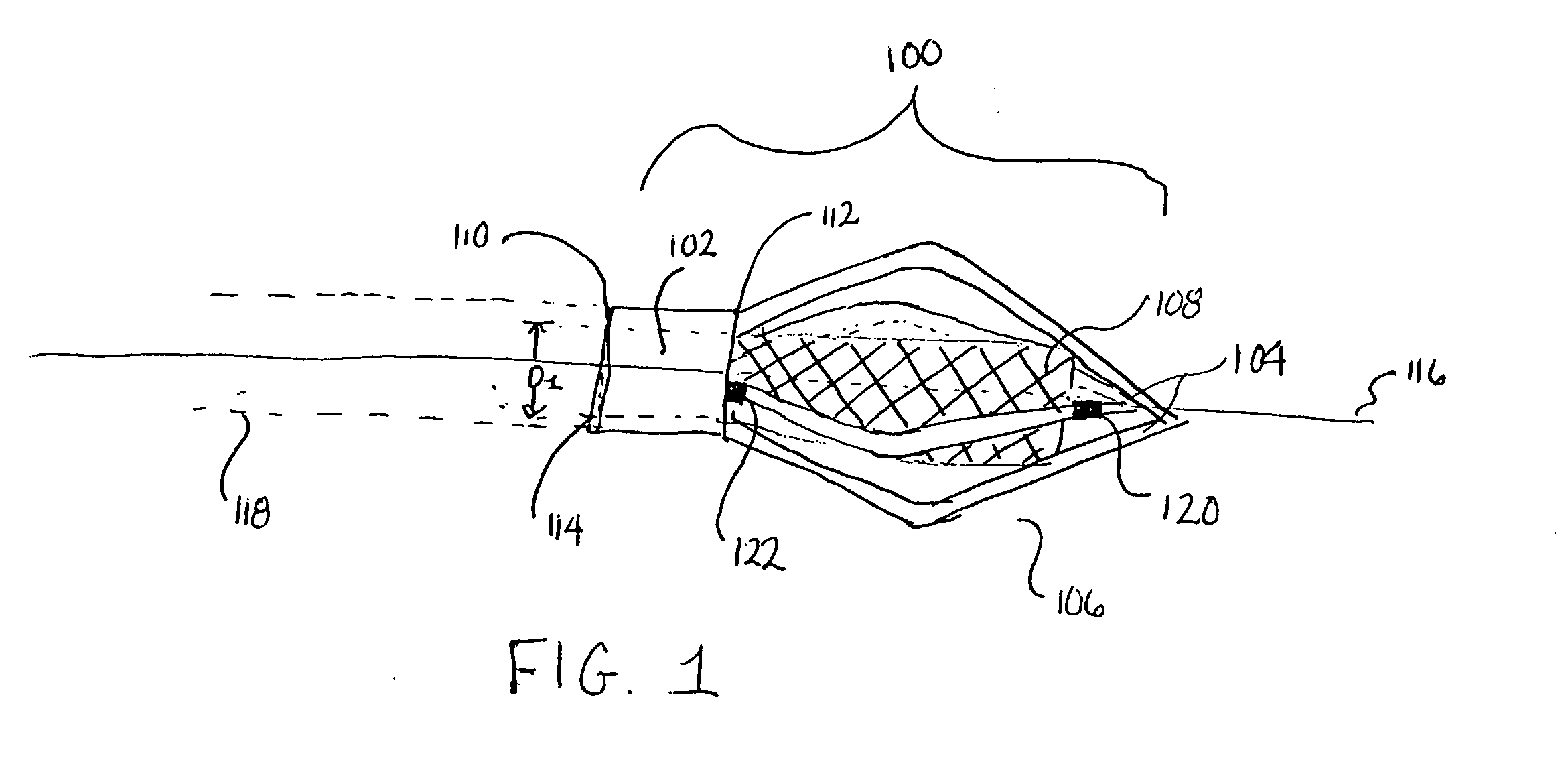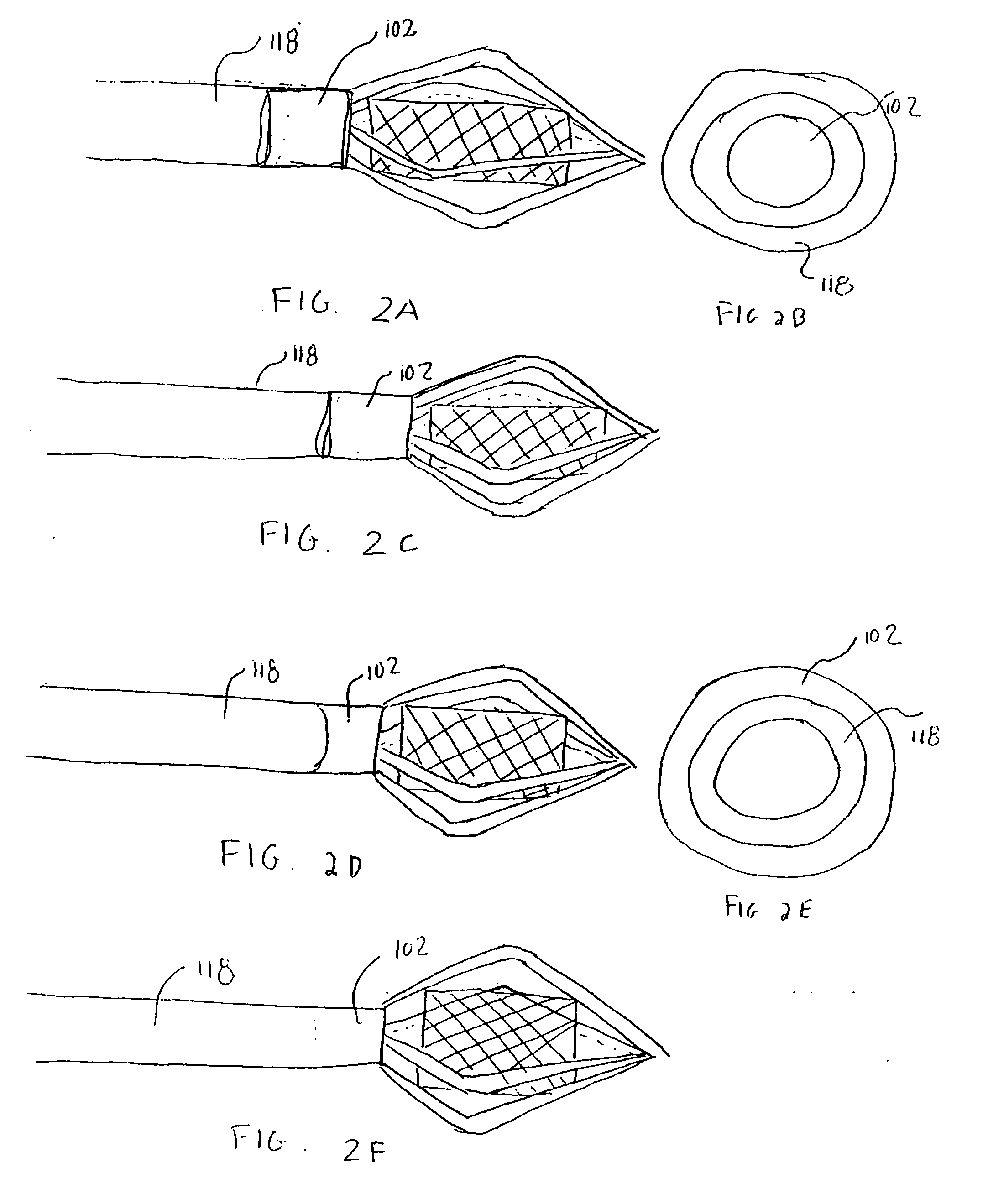Patents
Literature
Hiro is an intelligent assistant for R&D personnel, combined with Patent DNA, to facilitate innovative research.
47 results about "Memory behavior" patented technology
Efficacy Topic
Property
Owner
Technical Advancement
Application Domain
Technology Topic
Technology Field Word
Patent Country/Region
Patent Type
Patent Status
Application Year
Inventor
Radiopaque nitinol alloys for medical devices
Owner:ABBOTT CARDIOVASCULAR
Method and apparatus for caged stent delivery
InactiveUS7169172B2Shorten exchange timeReduce frictionStentsEar treatmentCage deviceShape-memory alloy
A method and apparatus for caged stent delivery is provided herein. The device can be used to position and deliver any type of stent to a preselected treatment site within an intraluminal cavity. The device comprises a tubular portion, a plurality of arms attached to the distal end of the tubular portion, and a mechanism to open the arms. In operation, the caged device carries a stent in a constricted form to the treatment site for deployment. The arms of the cage are then opened, the stent released and deployed, and the device withdrawn. Several methods are provided to open the arms, including various pullwires, a piston, an electrolytic joint, and an activator. The arms may be constructed of a shape memory alloy and opened when shape memory behavior is effected. The device may be used with conventional catheters or used with a stent-loaded guidewire.
Owner:LEVINE MARC ALAN
Highly convertable endolumenal prostheses and methods of manufacture
Endolumenal prostheses that readily and extensively convert from a delivery configuration to a deployed configuration are disclosed. Endolumenal prostheses may be fabricated from one or more shape memory polymers, a high modulus elastomer, a polymer that is both elastomeric and exhibits shape memory behavior, a hydrogel, or some combination thereof. Polymers used to fabricate the prostheses are selectively synthesized to exhibit desired characteristics such as crystallinity, strain fixity rate, strain recovery rate, elasticity, tensile strength, mechanical strength, cross-linking density, extent physical cross-linking, extent of covalent cross-linking, extent of interpenetrating networks, rate of erosion, heat of fusion, crystallization temperature, and acidity during erosion. The endolumenal prostheses convert to the deployed configuration following delivery to a treatment site, upon exposure to an initiator either present within the body naturally or introduced into the body.
Owner:SYNECOR LLC
Compositions and methods for improving or preserving brain function
InactiveUS20070179197A1Improve performancePrevent and reduce delayBiocideNervous disorderRegimenExercise performance
The present invention is related to mammalian nutrition and effects thereof in individuals with age associated cognitive decline such as Age Associated Memory Inpairment (AAMI) or a dementing illness such as Alzheimer's disease or related dementia, or Mild Cognitive Impairment, such as improving performance in, or reversal, prevention, reducing and delaying decline in, one or more of cognitive function, memory, behavior, cerebrovascular function, motor function, and / or brain physiology are seen. In particular, the present invention utilizes medium chain triglycerides, in one embodiment, administered as part of a long-term treatment regimen, to preserve or improve learning, attention, motor performance, cerebrovascular function, social behavior, and to increase activity levels, particularly in aging mammals.
Owner:ACCERA INC
Radiopaque nitinol alloys for medical devices
InactiveUS6855161B2Enhance alloy 's formabilityEnhance thermomechanical propertyStentsSurgeryIridiumRhenium
A radiopaque nitinol medical device such as a stent for use with or implantation in a body lumen is disclosed. The stent is made from a superelastic alloy such as nickel-titanium or nitinol, and includes a ternary element selected from the group of chemical elements consisting of iridium, platinum, gold, rhenium, tungsten, palladium, rhodium, tantalum, silver, ruthenium, or hafnium. The added ternary element improves the radiopacity of the nitinol stent comparable to that of a stainless steel stent of the same size and strut pattern coated with a thin layer of gold. The nitinol stent has improved radiopacity yet retains its superelastic and shape memory behavior and further maintains a thin strut / wall thickness for high flexibility.
Owner:ABBOTT CARDIOVASCULAR
Nickel-titanium alloy including a rare earth element
Disclosed herein is a nickel-titanium alloy comprising nickel, titanium, and at least one rare earth element. The nickel-titanium alloy comprises from about 34 at. % to about 60 at. % nickel, from about 34 at. % to about 60 at. % titanium, and from about 0.1 at. % to about 15 at. % at least one rare earth element. The nickel-titanium alloy may further include one or more additional alloying elements. In addition to radiopacity, the nickel-titanium alloy preferably exhibits superelastic or shape memory behavior. Medical devices comprising the nickel-titanium alloy and a method of making them are also disclosed.
Owner:COOK MEDICAL TECH LLC
Radiopaque and MRI compatible nitinol alloys for medical devices
A radiopaque nitinol medical device such as a stent for use with or implantation in a body lumen is disclosed. The stent is made from a superelastic alloy such as nickel-titanium or nitinol, and includes a ternary element selected from the group of chemical elements consisting of iridium, platinum, gold, rhenium, tungsten, palladium, rhodium, tantalum, silver, ruthenium, or hafnium. The nitinol stent has improved radiopacity yet retains its superelastic and shape memory behavior and further maintains a thin strut / wall thickness for high flexibility. Another embodiment includes a balloon expandable stent made from a radiopaque and MRI compatible alloy such as nitinol and includes a ternary element selected from the group of chemical elements consisting of iridium, platinum, gold, rhenium, tungsten, palladium, rhodium, tantalum, silver, ruthenium, hafnium, osmium, zirconium, niobium, or molybdenum.
Owner:ABBOTT CARDIOVASCULAR
Highly convertible endolumenal prostheses and methods of manufacture
Endolumenal prostheses that readily and extensively convert from a delivery configuration to a deployed configuration are disclosed. Endolumenal prostheses may be fabricated from one or more shape memory polymers, a high modulus elastomer, a polymer that is both elastomeric and exhibits shape memory behavior, a hydrogel, or some combination thereof. Polymers used to fabricate the prostheses are selectively synthesized to exhibit desired characteristics such as crystallinity, strain fixity rate, strain recovery rate, elasticity, tensile strength, mechanical strength, cross-linking density, extent physical cross-linking, extent of covalent cross-linking, extent of interpenetrating networks, rate of erosion, heat of fusion, crystallization temperature, and acidity during erosion. The endolumenal prostheses convert to the deployed configuration following delivery to a treatment site, upon exposure to an initiator either present within the body naturally or introduced into the body.
Owner:SYNECOR LLC
Variable mapping of memory accesses to regions within a memory
ActiveUS20140149653A1Increase temperatureReduce the temperatureMemory adressing/allocation/relocationDigital storageMemory addressQuality of service
An apparatus for processing data 2 includes a memory 4 having a plurality of memory regions 28 to 38. A mapping controller 56 applies a variable mapping to map memory addresses of access requests to different regions within the memory 4. The mapping controller varies the mapping applied in dependence upon both one or more memory behavioral parameters indicative of behavioral characteristics of the different regions and one or more access behavioral parameters indicative of behavioral characteristics of an access request to be mapped. The memory behavioral parameters may include the temperature of the regions and / or the refresh period of the regions. The access behavior able parameters may include the quality of service level, the access frequency, the access volume and / or the identity of the source of the access request.
Owner:ARM LTD
Memristor based on pn heterostructure and manufacturing method thereof
ActiveCN104051545AIncrease flexibilityWeak selectivitySemiconductor/solid-state device manufacturingDiodeElectrical resistance and conductanceOxygen ions
The invention belongs to the technical field of information storage, and particularly relates to a memristor based on a pn heterostructure and a manufacturing method of the memristor. The memristor comprises an upper electrode and a lower electrode, and the pn heterostructure composed of p-type oxide (such as CuAlO2 and NiO) and n-type oxide (such as ZnO and TiO2) is inserted between the upper electrode and the lower electrode. Positive bias voltages are continuously applied to the lower electrode, and oxygen ions in a depletion layer can be gradually migrated to one side of a p-type region from an n-type region. The vacancy concentration of positive ions on one side of the p-type region and the vacancy concentration of oxygen on one side of the n-type region are increased at the same time, the width of the depletion layer of a pn joint is gradually reduced, and therefore device resistance is gradually lowered, and the resistance memory behavior is achieved. The characteristic that the physical property of the pn joint is easy to modulate is utilized, and flexibility of regulating and controlling the resistance memory performance is increased. Selectivity on materials is poor, the performance of the resistance memory behavior is stable, the half-quantitative study on a resistance memory device is facilitated, and the basis is laid for device deign and further development.
Owner:NORTHEAST NORMAL UNIVERSITY
Polylactic acid/polycaprolactone-based elastomer blend and preparation method thereof
PendingCN110499008AHigh toughness and high strength mechanical propertiesGood shape memory behaviorElastomerOligomer
The invention discloses a polylactic acid / polycaprolactone-based elastomer blend. The blend is prepared from, by weight, 100 parts of polylactic acid, 10-40 parts of a low molecular weight polycaprolactone copolymer and 2-30 parts of a high reactivity substance, and the molecular weight of the low molecular weight polycaprolactone copolymer is 500-20000 g / mol; and the high reactivity substance comprises one or more of diisocyanate, polyisocyanate, a small molecule containing a diepoxy group, an oligomer containing a diepoxy group, a small molecule containing a polyepoxy group and an oligomer containing a polyepoxy group. The polylactic acid / polycaprolactone-based elastomer blend prepared in the invention realizes the high toughness, high strength and excellent shape memory behavior of a polylactic acid-based blend.
Owner:HUBEI UNIV OF TECH
Test device for memory behavior of aquatic animal
InactiveCN101766132AAutomate processingClimate change adaptationPisciculture and aquariaAquatic animalUSB
The invention relates to a test device for the memory behavior of an aquatic animal and solves the technical problem of providing the test device for influence of different water environment factors on the memory behavior of the aquatic animal. The invention adopts a technical scheme that: upper part opened troughs, a light intensity adjustable light source box, a camera, and a PC are adopted; and the PC is provided with software for acquiring and analyzing images and tracking a motion track of the aquatic animal. The test device is characterized in that: four troughs and one light source box are arranged in an outer box, the bottom of each trough is transparent, and the troughs are arranged on the light intensity adjustable light source box; and the camera is arranged at a top opening of the outer box above the four troughs, and video information which is acquired by the camera is transmitted to the PC through a USB data line. The test device is used for testing the memory behavior of the aquatic animal.
Owner:EAST CHINA SEA FISHERIES RES INST CHINESE ACAD OF FISHERY SCI
Preparation method and use method of triple-shape-memory polyampholyte hydrogel
The invention discloses triple-shape-memory polyampholyte hydrogel as well as a preparation method and a use method thereof, and belongs to the technical field of shape memory polymer materials. The preparation method comprises the following steps: synthesizing polyelectrolyte hydrogel by adopting an anionic monomer sodium p-styrenesulfonate, a cationic monomer acryloyloxyethyltrimethyl ammonium chloride and a hydrogen bond introducing agent, then adding a mixed solution of an ultraviolet initiator and sodium chloride, and conducting irradiating by using ultraviolet rays to prepare the triple-shape-memory polyampholyte hydrogel. The preparation process is simple, the triple shape memory behavior of the polyampholyte hydrogel can be achieved only by adjusting the concentration of the sodiumchloride solution, and the complexity of shape memory behavior operation is reduced.
Owner:SOUTHWEST JIAOTONG UNIV
Polyester compositions, methods of manufacturing the compositions, and articles made therefrom
Crosslinked polymer compositions have backbones with first and second divalent saturated aliphatic moieties, a divalent saturated aliphatic secondary alcohol moiety, and a trivalent saturated aliphatic moiety. Hydrolytically labile ester bonds joined together these moieties. These polyesters may be polycondensation reaction products of a diol, a triol and a diacid. A molar ratio of the first divalent saturated aliphatic moiety, the divalent saturated aliphatic secondary alcohol moiety, and the trivalent saturated aliphatic moiety to the second divalent saturated aliphatic moiety is in the range of about 0.85 to about 1.5. Preferably, these polyesters are non-cytotoxic, biocompatible, bioabsorbable, or exhibit shape memory behavior with at least one transition temperature of greater than about 30DEG C and less than about 100DEG C and most preferably exhibit each of these qualities. The compositions may be adapted for a wide variety of uses, including medical applications.
Owner:WL GORE & ASSOC INC
Thermoelastic and superelastic Ni-Ti-W alloy
A radiopaque nitinol stent for implantation in a body lumen is disclosed. The stent is made from a superelastic alloy such as nickel-titanium or nitinol, and includes a ternary element including tungsten. The added tungsten in specified amounts improve the radiopacity of the nitinol stent comparable to that of a stainless steel stent of the same strut pattern coated with a thin layer of gold. Furthermore, the nitinol stent has improved radiopacity yet retains its superelastic and shape memory behavior and further maintains a thin strut / wall thickness for high flexibility.
Owner:ABBOTT CARDIOVASCULAR
Soluble aliphatic chain-containing polyimide with adjustable information memory performance
ActiveCN106146839AWith electric bistable characteristicsImprove solubilitySolid-state devicesSemiconductor/solid-state device manufacturingSolubilityElectronic properties
The invention discloses soluble aliphatic chain-containing polyimide with adjustable information memory performance, and belongs to the field of organic information memory materials. The soluble aliphatic chain-containing polyimide is characterized in that two kinds of diamine with electronic property are compounded at first, the two kinds of diamine contain aliphatic chains in different lengths, and then the two kinds of diamine are respectively in polycondensation with dicarboxylic anhydride with electron acceptor property, so that the soluble aliphatic chain-containing polyimide with the soluble aliphatic chain-containing polyimide is prepared, and the structure of the soluble aliphatic chain-containing polyimide is as shown in a formula (I) shown in the description. The soluble aliphatic chain-containing polyimide disclosed by the invention has the advantages of stable memory performance and fast response speed, and an information memory behavior of a material can be controlled by changing the length of the aliphatic chains or the variety of the diamines; the soluble aliphatic chain-containing polyimide has good solubility and is beneficial for processing of the material and preparation of memory devices; meanwhile, a compounding method of the soluble aliphatic chain-containing polyimide is simple, the yield is high, device preparation is simple and easy, the efficiency is high, and a wide application prospect in the field of information memory materials are obtained.
Owner:HANGZHOU INST OF ADVANCED MATERIAL BEIJING UNIV OF CHEM TECH
Superelastic nickel-titanium alloy downhole seals, wellbore tools including such seals, and related methods
Owner:BAKER HUGHES INC
Superelastic nickel-titanium alloy downhole seals, wellbore tools including such seals, and related methods
A superelastic metal seal for use in a downhole tool, wherein the superelastic metal seal may be formed from a superelastic Ni—Ti alloy. The superelastic Ni—Ti alloy may be prestrained with a permanent strain. Superelasticity may be imparted to the superelastic Ni—Ti alloy through a thermal treatment process or through prestraining the superelastic Ni—Ti alloy. The superelastic Ni—Ti alloy may exhibit superelastic behavior. The superelastic Ni—Ti alloy may not exhibit shape memory behavior.
Owner:BAKER HUGHES INC
Memory device using quantum dots
ActiveUS7491968B2Reduce manufacturing costSimple processNanoinformaticsSolid-state devicesQuantum dotQuantum
Owner:SAMSUNG ELECTRONICS CO LTD
Red light responsive shape memory polymer material and preparation method thereof
ActiveCN108341908AAchieve shape recoveryStrong penetrating powerPharmaceutical delivery mechanismProsthesisCross-linkPolymer science
The invention discloses a red light responsive shape memory polymer material and a preparation method thereof, belonging to the technical field of functional materials. The polymer material provided by the invention is obtained by cross-linking reactive group-containing micelles, wrapping porphyrin, into a film; the polymer material is prepared from the following raw materials in parts by weight:20-40 parts of allyl monomer containing hydrophobic groups, 1-5 parts of allyl monomer containing hydrophilic groups, 1-5 parts of allyl monomer containing reactive groups, 2-5 parts of organic solvent, 0.5-1 part of radical initiator, 1-5 parts of cross-linking agent and 0.0005-0.005 part of porphyrin. The red light responsive shape memory polymer material is endowed with a red light responsive shape memory function invention by wrapping the porphyrin having a photothermal conversion function in the micelles, avoids the traditional contact type triggering response, and can realize the manipulation of the material shape memory behavior remotely; furthermore, as an organic compound inherent in a living body, the porphyrin does not cause harmful side effects to the living body; the red lightdoes not damage the skin when penetrating the living body, and the energy loss is less; therefore, the red light responsive shape memory polymer material is expected to be applied to the photothermaltreatment in the living body.
Owner:JIANGNAN UNIV
Mouse learning and memory behavior training and testing device
InactiveCN110122366AShort timeScientific and reasonable structureTaming and training devicesFood storageComputer science
The invention discloses a mouse learning and memory behavior training and testing device. The device comprises a training box, wherein the inside of the training box is divided into a first training channel and a second training channel; blocking plates are mounted at the centers inside the first training channel and the second training channel. The mouse learning and memory behavior training andtesting device is scientific and reasonable in structure and safe and convenient to use; by functions of the first training channel, the second training channel, the blocking plates, partition platesand food storage rooms, experiment mice are induced by mouse grains to move; meanwhile, the blocking plates are used for blocking to enable routes to be bent and complicated, and accordingly, the experiment mice are trained to memorize the routes, certain spatial memory is produced; heating plates are added to the blocking plate in the second training channel to stimulate the experiment mice, so that time for the experiment mice to generate memory is shorter under stimulation, LED strong lights are regularly started inside the food storage rooms, the experiment mice can generate memory on time, and operation is simple and reliable.
Owner:HUAIYIN TEACHERS COLLEGE
Memristor-based episodic memory circuit and operation method thereof
The invention discloses a memristor-based episodic memory circuit and an operation method thereof. The episodic memory circuit includes a coding circuit and a retrieval circuit; the coding circuit codes an event according to the event itself and the relevant characteristics of the event and stores codes in the circuit, deletes stored information through erasing signals, and adopts generated engram signals as the input signals of a low-stage circuit; and the retrieval circuit can matches the engram signals with retrieval signals so as to generate a corresponding episodic memory behavior. With the memristor-based episodic memory circuit and the operation method thereof of the invention adopted, the episodic memory behaviors of living creatures can be simulated according to applied relevant operation pulses.
Owner:HUAZHONG UNIV OF SCI & TECH
Matrix display
A matrix display device comprises a matrix of optically addressable pixels (Pij) which comprise a light sensitive element (LSij) and a pixel light generating element (LGij). The light generating element (LGij) will produce a pixel light (LMij) with a brightness which depends on the state of the light sensitive element (LSij). The state of the light sensitive element (LSij) depends on the amount of light impinging on it. The actual brightness of the pixel light generating element (LGij) may further depend on a voltage across it. The pixels (Pij) are constructed such that a portion of the pixel light (PLMij) generated by the pixel light generating element (LGij) reaches the associated light sensitive element (LSij) of the pixel (Pij). The light sensitive element (LSij) is sensitive to the portion of the pixel light (PLMij) to obtain a feedback of the portion of the pixel light (PLMij) to the light sensitive element (LSij). This feedback may be used to obtain a memory behavior of the pixel (Pij) or to influence an intrinsic memory behavior of the pixel (Pij).
Owner:KONINKLIJKE PHILIPS ELECTRONICS NV
Thermoelastic and superelastic Ni-Ti-W alloy
A radiopaque nitinol stent for implantation in a body lumen is disclosed. The stent is made from a superelastic alloy such as nickel-titanium or nitinol, and includes a ternary element including tungsten. The added tungsten in specified amounts improve the radiopacity of the nitinol stent comparable to that of a stainless steel stent of the same strut pattern coated with a thin layer of gold. Furthermore, the nitinol stent has improved radiopacity yet retains its superelastic and shape memory behavior and further maintains a thin strut / wall thickness for high flexibility.
Owner:ABBOTT CARDIOVASCULAR
Application of VEGFR inhibitor in preparation of anti-Alzheimer's disease medicine
PendingCN113750236AReduce penetrationImprove securityOrganic active ingredientsNervous disorderDiseaseDonepezil
The invention discloses an application of a VEGFR inhibitor in preparation of an anti-Alzheimer's disease medicine. The VEGFR inhibitor is axitinib and an analogue thereof. It is found that axitinib has an unexpected curative effect on Alzheimer's disease, and Alzheimer's disease model animal in-vivo experiments prove that after administration of axitinib, beta-amyloid protein deposition in the brain of a model animal is significantly reduced, the content of acetylcholin esterase is reduced, the oxidative stress level and inflammatory response of the lesion part of the model animal are relieved, the learning and memory ability and learning and memory behaviors of the model animal on space and direction are improved, and the curative effect is obviously higher than that of a clinical first-line treatment drug donepezil. The axitinib and the analogue thereof provide a new means for clinical treatment of the Alzheimer's disease, and the axitinib and the analogue thereof are high in human body safety, low in price and easy to prepare. According to the invention, non-intracranial administration mode is adopted, safety is high, administration is convenient and fast, and patient compliance is high. The application of a VEGFR inhibitor in preparation of an anti-Alzheimer's disease medicine has wide market prospects and great social significance.
Owner:ZHEJIANG UNIV
Method of improving learning and memory in mammals
InactiveCN101287486AEasy to learnNervous disorderSaccharide peptide ingredientsComputer scienceMemory behavior
A method of improving learning and / or memory behavior in a mammal is described which involves administering to the mammal casein glycomacropeptide in an amount sufficient to improve learning and / or memory behavior in the mammal.
Owner:MJN U S HLDG LLC +1
System and method for optimizing video encoding and decoding access memory
ActiveCN102769755AAchieve optimal schedulingReduce average memory access latencyTelevision systemsDigital video signal modificationVideo encodingOptimal scheduling
The invention discloses a system and a method for optimizing a video encoding and decoding access memory. The system comprises an entropy encoder and an entropy decoder, wherein the entropy encoder is used for simulating a decoding access memory behavior in an entropy encoding process as well as acquiring decoding access memory behavior information and obtaining an access memory information queue, generating an access memory information auxiliary stream according to the access memory information queue and transmitting the access memory information auxiliary stream to the entropy decoder together with video data subjected to entropy encoding; and the entropy decoder is used for carrying out buffer memory optimal scheduling and decoding on encoded video data by utilizing the access memory information auxiliary stream after the a code stream to be decoded is received. The optimal scheduling of the on-chip buffer memory is achieved so as to greatly reduce the average access memory time delay and an off-chip access memory bandwidth.
Owner:LOONGSON TECH CORP
Video monitoring equipment attack detection system based on memory behavior characteristics
InactiveCN111310177AShorten the timeEasy to deployHardware monitoringPlatform integrity maintainanceVideo monitoringTerm memory
The invention discloses a video monitoring equipment attack detection system based on memory behavior characteristics, and the system comprises a collection module which is used for collecting the memory behavior characteristics of video monitoring equipment, and capturing the frequency of each system call number generated by the system through modifying the system kernel of the video monitoring equipment; the storage module is used for timely and effectively storing the memory behavior characteristics of the video monitoring equipment and storing the access density map of each system call number; the model construction module is used for constructing a memory behavior model of the video monitoring equipment and carrying out dimension reduction processing and clustering processing on the acquired memory characteristic data; the detection and alarm module is used for detecting the current attack behavior of the video monitoring equipment and giving an alarm; and the test module is usedfor simulating attack behaviors of the video monitoring equipment and testing the performance of the detection and alarm module. The system can describe different types of attacks by calling the density map through the system.
Owner:北京安为科技有限公司
Good flexible sandwich type PN junction electrical memory device
ActiveCN110137357AEasy to makeEasy to prepareSolid-state devicesSemiconductor/solid-state device manufacturingCompound aStatic random-access memory
The invention discloses a good flexible sandwich type PN junction electrical memory device. The preparation method of the device comprises the following steps: spin-coating a solution on a treated conductive substrate and then performing annealing treatment so as to prepare PN junction electrical memory material; and then preparing electrodes on the PN junction electrical memory material so as toobtain the good flexible sandwich type PN junction electrical memory device. Aiming at the problems of poor environment and high temperature stability, poor repeatability and damage in transportationand utilization of the existing electrical memory material, the compound A-PC60BM is prepared as the aluminum / compound A-PC60BM / ITO glass sandwich structure resistive random access memory (WORM) through the spin-coating mode, and the high performance electrical memory behavior is realized successfully. The preparation process is simple, the device environment and the high temperature stability aregood, the repeatability is good and the flexibility is good so as to be significant for the research of the electrical memory technology in expanding the source of materials and increasing the practical value.
Owner:SUZHOU UNIV
Method and apparatus for caged stent delivery
InactiveUS20070088423A1Reduce frictionCircumference smallStentsBlood vesselsInsertion stentShape-memory alloy
The method and apparatus for caged stent delivery is provided herein. The device can be used to position and deliver any type of stent to a preselected treatment site within an intraluminal cavity. The device comprises a tubular portion, a plurality of arms attached to the distal end of the tubular portion, and a mechanism to open the arms. In operation, the caged device carries a stent in a constricted form to the treatment site for deployment. The arms of the cage are then opened, the stent released and deployed, and the device withdrawn. Several methods are provided to open the arms, including various pullwires, a piston, an electrolytic joint, and an activator. The arms may be constructed of a shape memory alloy and opened when shape memory behavior is effected. The device may be used with conventional catheters or used with a stent-loaded guidewire.
Owner:LEVINE MARC ALAN
Features
- R&D
- Intellectual Property
- Life Sciences
- Materials
- Tech Scout
Why Patsnap Eureka
- Unparalleled Data Quality
- Higher Quality Content
- 60% Fewer Hallucinations
Social media
Patsnap Eureka Blog
Learn More Browse by: Latest US Patents, China's latest patents, Technical Efficacy Thesaurus, Application Domain, Technology Topic, Popular Technical Reports.
© 2025 PatSnap. All rights reserved.Legal|Privacy policy|Modern Slavery Act Transparency Statement|Sitemap|About US| Contact US: help@patsnap.com
